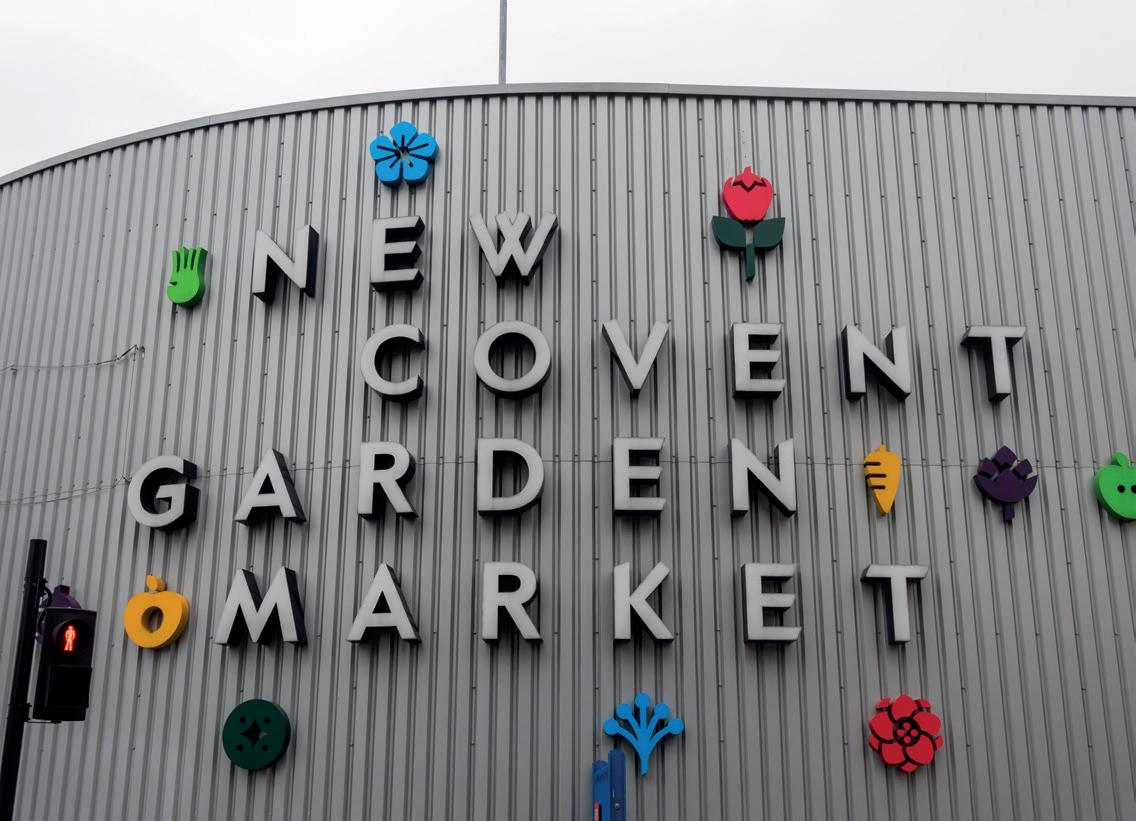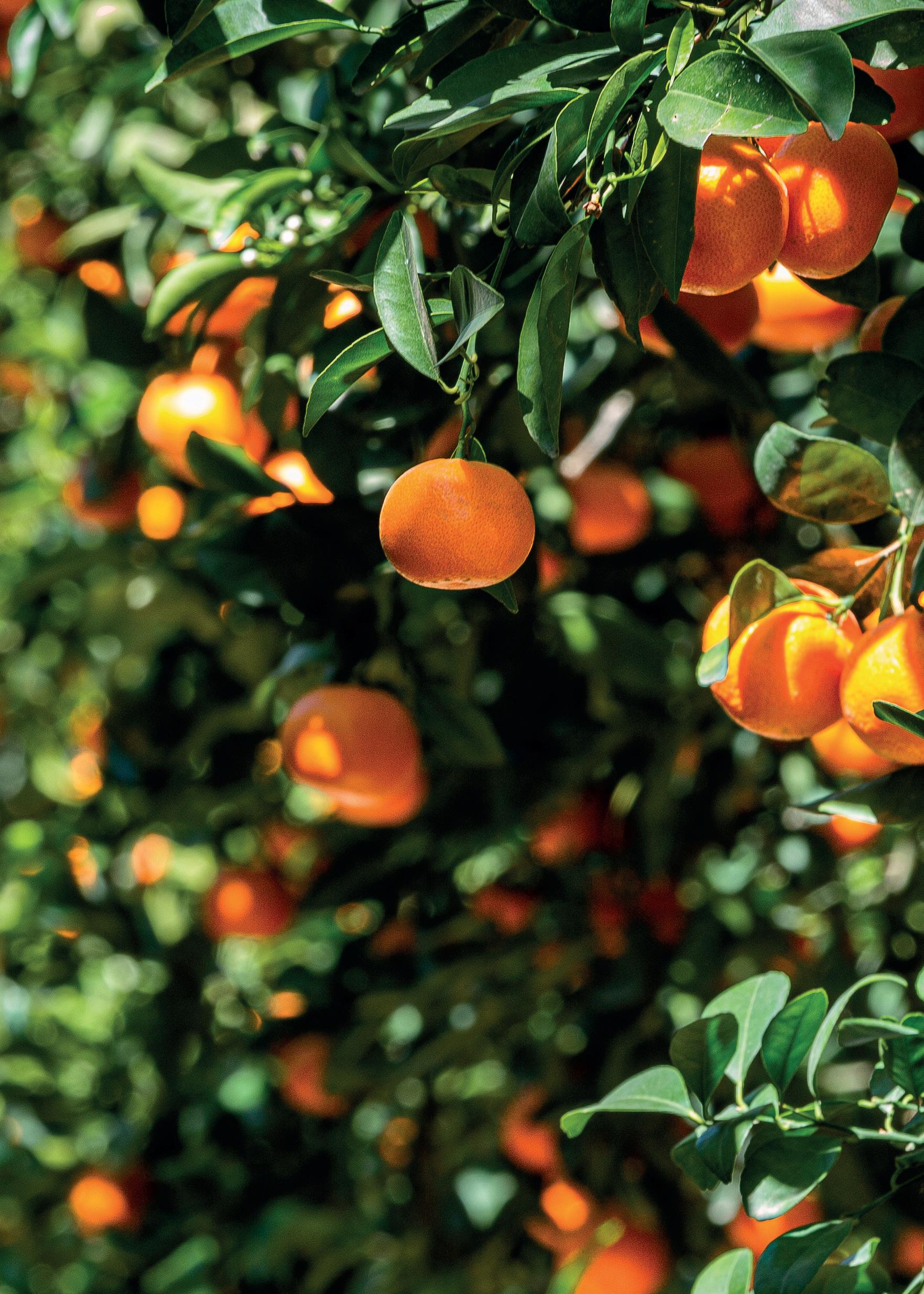





































































A cocktail of challenges is pushing suppliers to the brink and beyond. What can be done to prevent a major UK production crisis?

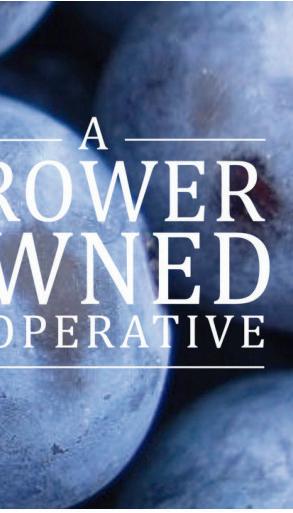
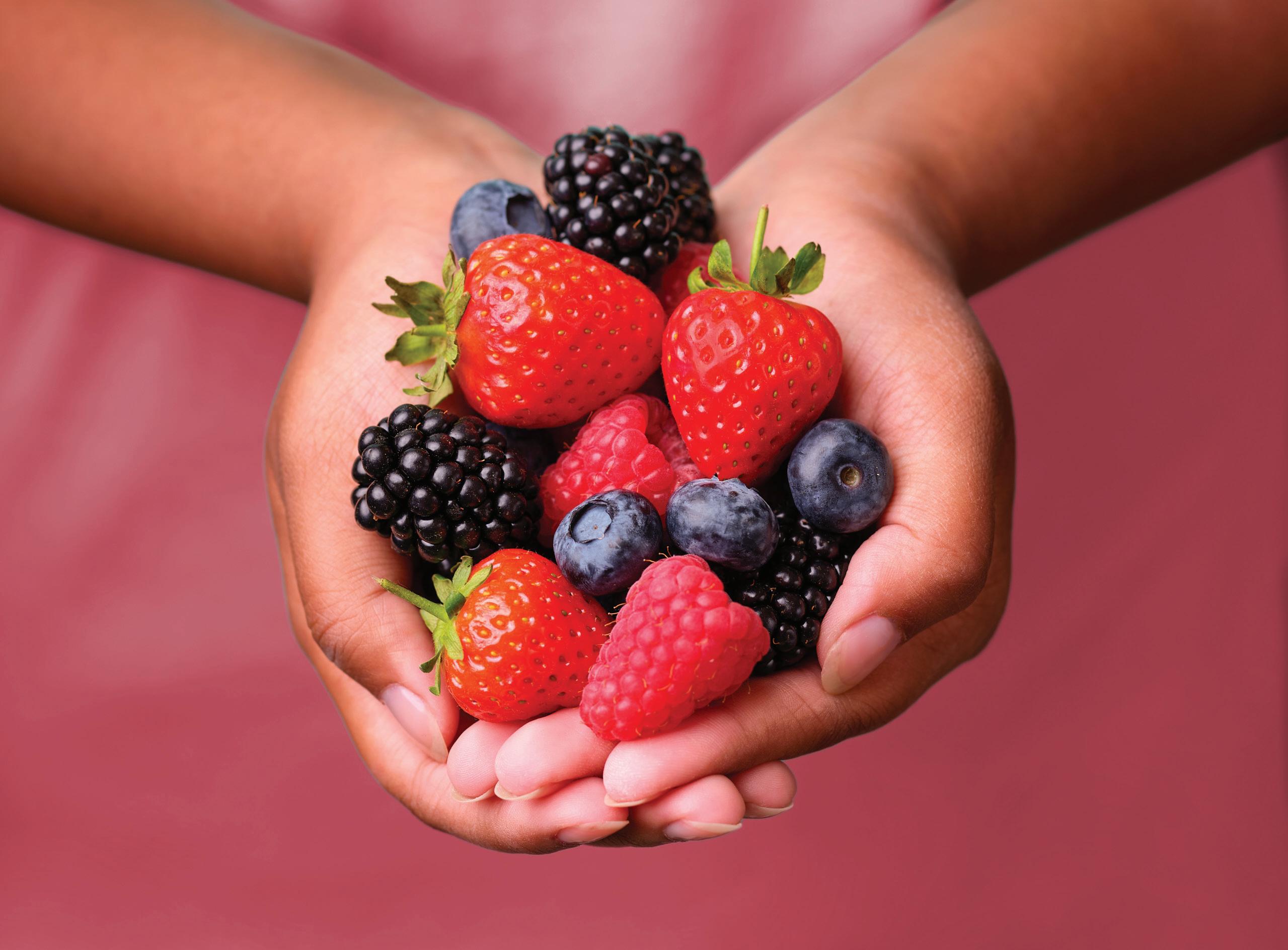





Urgent action is required from government, supermarkets and producers to rethink supply and boost growers’ share of the fresh produce value chain
These are tough times for farmers. And it’s not just producers in Britain that are struggling. A wave of protests across Germany, France and Romania – ahead of the European Parliament elections in June – show just how much financial pressure the agricultural sector is under in Europe. Farmers in each country say green policies and taxes are eating into their profits. They are demanding higher government subsidies by blocking roads with their tractors and dumping manure outside public buildings.
In the UK, meanwhile, supply chains are at breaking point – if not already broken – after what former Asda buyer Ged Futter refers to as “years of permacrisis” caused by Brexit, the war in Ukraine, the Covid-19 pandemic, and food inflation reaching almost 20 per cent in March 2023. Not to mention climate change.
With the farming sector’s confidence and financial health at a low ebb, industry leaders agree that it’s time for some big changes to help redress the power imbalance between growers and retailers, to provide better government support to producers, and hopefully to save the sector from collapse (see pages 12-23). But as the multiples intensify efforts to win the loyalty of cash-strapped shoppers, with the likes of Sainsbury’s and Asda stepping up their price war against the discounters, there is no obvious end to producers’ plight.
Angus Soft Fruits’ MD John Gray, in his timely Nuffield paper on growing farmers’ share of the value chain, questions whether the tighter specs and added complexity in Britain’s supply structure really add value for the consumer, or simply reduce grower margins unnecessarily. Exploring various lessons that Britain might learn from other countries, he considers whether UK berry growers could extend their season and grow sales by following the Netherlands’ lead in investing in more energy-efficient systems for controlled environment production.
This is a good example of how innovation and investment – if properly supported by government – could help growers remain profitable in a challenging market. But as the fresh produce industry faces into another difficult and uncertain year, the sector needs emergency support as well longer-term investment to stay afloat. fpj













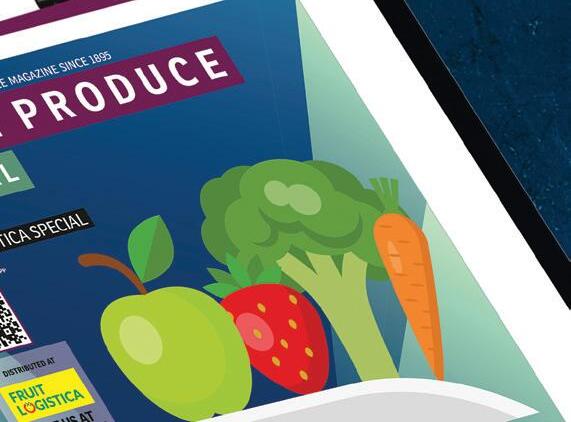















Get the fresh produce content you love onto one easy-to-use platform. The Fresh Produce Journal app features the latest news, Fruitbox podcasts, videos and analysis, alongside our magazine editions. All on your smartphone, tablet or desktop.


DOWNLOAD THE FREE APP NOW

In theory, the UK’s post-Brexit FTAs offer export opportunities, but the reality for suppliers is not so straightforward. Only the most entrepreneurial are likely to succeed

Security and climate change are major concerns for Ecuador’s banana industry, but there is fresh optimism following the election of banana dynasty heir President Daniel Noboa
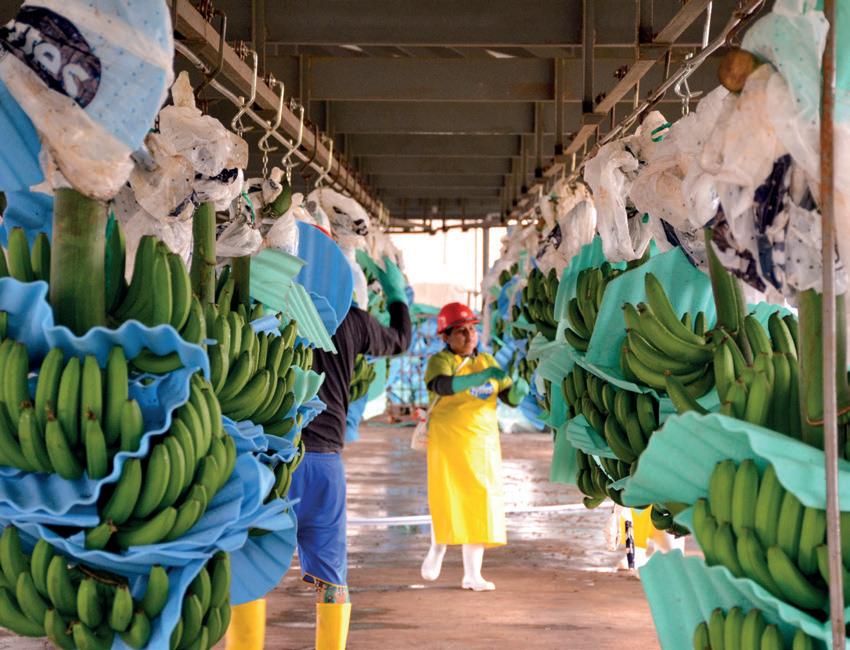
With a general election fast approaching, the Liberal Democrats’ farming spokesman Tim Farron sets out his party’s vision for supporting UK producers
A report authored by former Asda buyer Ged Futter lays bare the huge challenges facing UK food producers, and considers how Britain’s broken supply chains can be fixed 18 14
The passionate new CEO of LEAF, David Webster, discusses his ambitious plans to boost the scale of the sustainable farming body and make urgent changes to agriculture at a global level
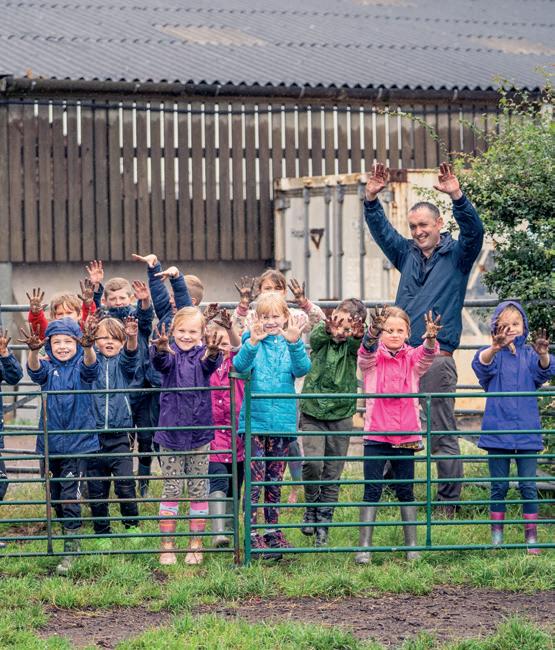
EDITORIAL
EDITOR
Fred Searle
+44 20 7501 0301 fred@fruitnet.com
CONTRIBUTING EDITOR
Michael Barker michael@fpj.co.uk
SENIOR REPORTER Luisa Cheshire
+44 20 7501 3723 luisa@fruitnet.com
MANAGING EDITOR
Maura Maxwell
+44 20 7501 3706 maura@fruitnet.com
STAFF WRITER Carl Collen
+44 20 7501 3703 carl@fruitnet.com
STAFF WRITER
Tom Joyce
+44 20 7501 3704 tom@fruitnet.com
DESIGN & PRODUCTION
DESIGN MANAGER
Simon Spreckley
+44 20 7501 3713 simon@fruitnet.com
MIDDLEWEIGHT DESIGNER
Mai Luong
+44 20 7501 3713 mai@fruitnet.com
JUNIOR GRAPHIC DESIGNER
Asma Kapoor
+44 20 7501 3713 asma@fruitnet.com
ADMINISTRATION
FINANCE DIRECTOR
Elvan Gul
+44 20 7501 3711 elvan@fruitnet.com
ACCOUNTS RECEIVABLE Tracey Haines +44 20 7501 3717 tracey@fruitnet.com
FINANCE MANAGER
Günal Yildiz +44 20 7501 3714 gunal@fruitnet.com
SUBSCRIPTIONS
+44 20 7501 0311 subscriptions@fruitnet.com
ADVERTISING
ADVERTISING MANAGER
Gulay Cetin
+44 20 7501 0312 gulay@fpj.co.uk
ACCOUNT EXECUTIVE
Lucy Kyriacou
+44 20 7501 0308 lucy@fpj.co.uk
EVENTS & MARKETING
HEAD OF EVENTS AND MARKETING
Laura Martín Nuñez
+44 20 7501 3720 laura@fruitnet.com
EVENTS EXECUTIVE
Poppy Bowe
+44 20 7501 3719 poppy@fruitnet.com
MANAGEMENT
MANAGING DIRECTOR, FRUITNET EUROPE
Mike Knowles
+44 20 7501 3702 michael@fruitnet.com
COMMERCIAL DIRECTOR
Ulrike Niggemann
+49 211 99 10 425 ulrike@fruitnet.com
MANAGING DIRECTOR,
FRUITNET MEDIA INTERNATIONAL
Chris White +44 20 7501 3710 chris@fruitnet.com

Martin Emmett
NFU
Martin calls for urgent government action to help the UK horticulture sector continue to make a positive contribution to the British economy
OPINION–P21





Andrew Fitzmaurice
MOREPEOPLE
CEO Andrew discusses the future role of AI and automation in recruitment, and argues there is still much value to be gained from the human touch
OPINION–P26-27
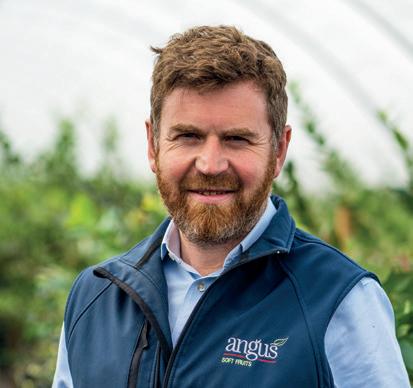
John Gray
ANGUS SOFT FRUITS
Soft fruit producer John outlines the key findings from his Nuffield Scholarship research into UK farmers’ share of the value chain, and ways to grow it
RESEARCH–P22-23

Tom Joyce
EUROFRUIT
North Africa correspondent Tom reports on Morocco’s 2024 Nadorcott campaign, with strong volumes and a marketing push boding well for the mandarin variety
INTERVIEW–P52
©2024 Market Intelligence Limited, part of Fruitnet Media International. All rights reserved. Neither this publication nor any part of it may be reproduced, stored or transmitted in any form, including photocopies and information retrieval systems, without the prior permission of Market Intelligence Limited.
Printed by Drukarnia Know-How, Modlnica, Poland
Fruitnet Media International
The Food Exchange, New Covent Garden Market
London SW8 5E, United Kingdom
tel +44 20 7501 3700
info@fruitnet.com fruitnet.com
04

ENABLING THE SEAMLESS TRADE OF FRESH PRODUCE FROM FACTORY FLOOR TO CUSTOMER DOOR

Intelligent, comprehensive supply chain logistics, offering best-in-class facilities, multimodal transport options, digital solutions and trade market access capabilities
VISIT US AT STAND A-22, HALL 26 For

Britain’s two biggest supermarkets saw like-for-like grocery sales rise over Christmas thanks to price cuts.
The UK’s number-one retailer, Tesco, revealed stronger-than-expected grocery sales, with a 6.8 per cent surge in its like-for-like Christmas revenue (in the six weeks to 6 January), rising to 7.5 per cent for the 19-week period to 6 January.
Tesco chief executive Ken Murphy credited price cuts on nearly 2,700 products for helping to drive record sales in the weeks leading up to Christmas. The retailer announced a further 150 price cuts from the second week of January.
Sainsbury’s also enjoyed a bumper Christmas thanks to its price push. The UK’s second-largest supermarket saw its grocery sales climb 8.6 per cent over the six weeks to 7 January, winning shoppers from all of its major supermarket competitors. In the 16 weeks to 6 January, the grocery sales uplift was even greater at 9.3 per cent.
Asda lost out most to Sainsbury’s, followed by Tesco, Aldi and Morrisons, according to data from Nielsen. Asda reported a 3.4 per cent increase in grocery sales for the 12 weeks to 24 December.
Meanwhile, at Aldi – the UK’s fourth-biggest grocery retailer – sales rose by 9.9 per cent year on year for the same 12-week period. Aldi said the strong figures topped a year in which it had attracted half a million more shoppers as they switched away from mainstream supermarkets including Tesco and Sainsbury’s.
Morrisons, which ranks fifth in the UK multiples charts, reported the weakest performance of the ‘big six’ retailers with a 3.2 per cent rise in Christmas sales year on year (in the 12 weeks to 24 December).
Lidl, the UK’s number six, experienced a record

ABOVE—Tesco revealed strongerthan-expected Christmas sales
RIGHT—Defra secretary Steve Barclay
OPPOSITE TOP— Robots will be used in a new precision agriculture project
OPPOSITE BELOW—
Sir Richard Evans founded Flamingo, which grows flowers, vegetables and herbs in Kenya

Christmas, reporting the highest sales growth of all supermarkets at 13.8 per cent for the 12 weeks to 24 December.
The discounter said it had achieved over £116m in switching gains from all the other supermarkets over Christmas, with gains of £51.6m from Tesco, Sainsbury’s, Morrisons and Asda.
The Defra secretary Steve Barclay has announced what he claims is the biggest upgrade to the UK’s farming schemes since leaving the EU.
The updates, unveiled at the Oxford Farming Conference on 4 January, include funding uplifts, streamlined application processes, enhanced environmental incentives, and support for the rollout of new technology.
There will be a 10 per cent increase in the average value of agreements in the Sustainable Farming Incentive and Countryside Stewardship, driven by increased payment rates, with uplifts automatically applied to existing agreements.
Around 50 new actions have been announced that farmers can get paid for across all types of farm businesses, including actions for agroforestry and those driving forward agricultural technology such as robotic mechanical weeding.
In addition, there will be enhanced payments for ‘creation’ and ‘maintenance’ options – to improve the long-term incentives for farmers to create habitats and ensure they are rewarded for looking after habitats once they have created them.
Flooding wreaked havoc for vegetable growers across the country in January, with many producers of carrots, parsnips and brassicas unable to lift their crop due to the heavy rain brought by Storm Henk.
At the time of writing, on 5 January, there were more than 250 flood warnings still in force, the majority in the Midlands, East Anglia and southern England. Yorkshire and Lincolnshire were also badly affected. Carrots, parsnips, leeks, cauliflowers and cabbages – all of which are harvested in January –were reported to be the crops hardest hit. And one of the worst-affected counties was Nottinghamshire, a major carrot-growing area.
Jack Ward of British Growers described Storm Henk as “the straw that has broken the camel’s back” for many growers, coming after a long period of adverse weather that began months ago. “It started raining in September and we’ve had little dry weather since, so the ground’s been saturated,” Ward
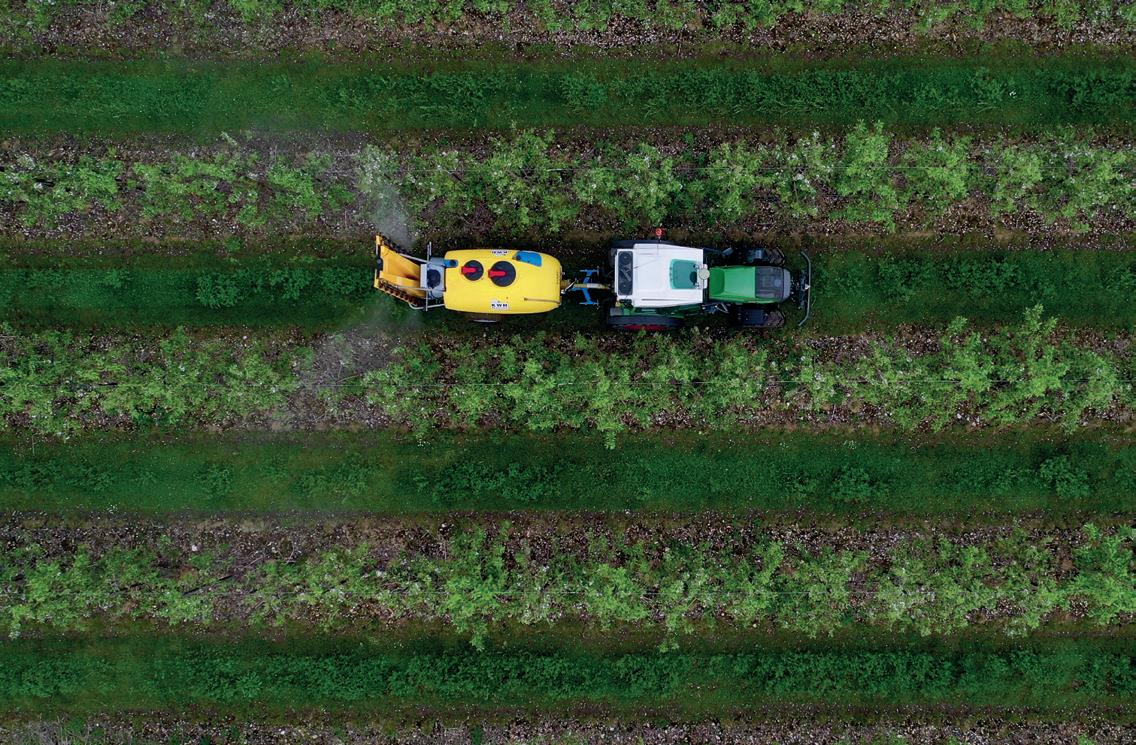
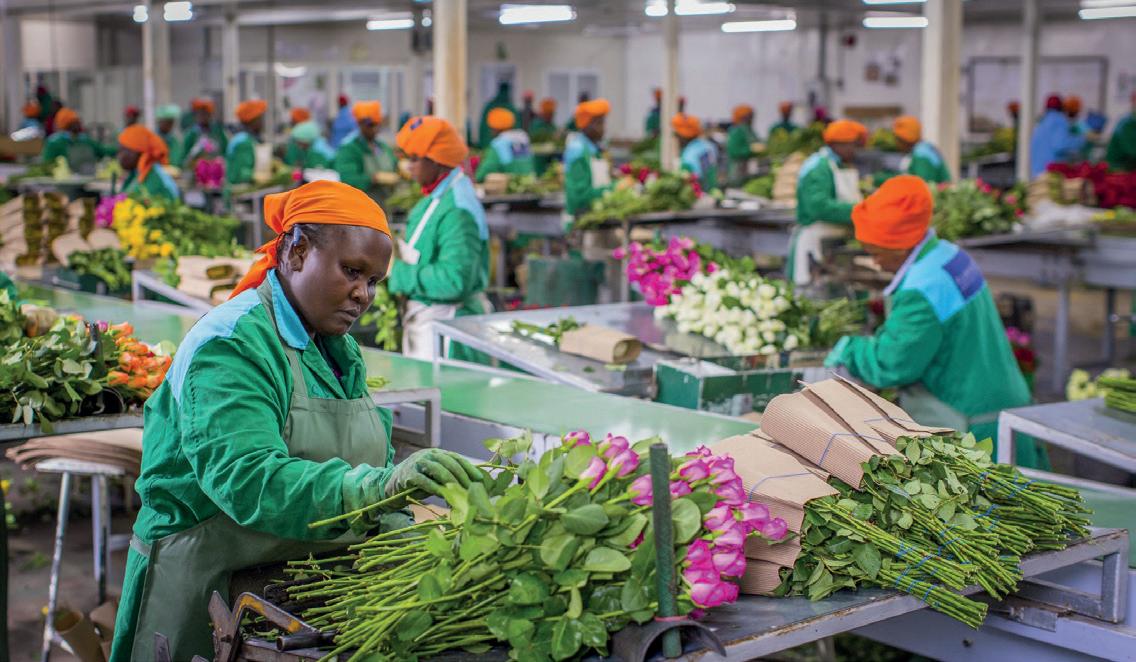
explained. “These conditions will put a lot of stress on crops that are planned to provide us with fresh produce for the next 12-15 weeks.”
Canterbury-based fresh produce supplier Gomez ceased trading in December, with Glen Carter and Terence Guy Jackson of RSM UK Restructuring Advisory LLP announced as joint administrators. Management at Gomez were unavailable for comment, however KentOnline reported that it had seen a letter to staff from managing director Raquel Hernandez confirming the news.
A new project to develop a commercially viable system for precisely targeting orchard inputs to specific trees and tree parts has
been given the green light.
The four-year £4.5m Precision Orchard Management for the Environment (POME) project will use digital scanning to generate precision-dosing maps for blossom and fruit thinning, fertiliser application, growth regulators, pest control, and fungicides. The initiative is led by Hutchinsons agronomist Rob Saunders, and part-funded by commercial partners Innovate UK and Defra.
The founder of Flamingo Horticulture, Richard Evans, has been knighted in King Charles III’s New Year’s Honours List
The award recognises Evans’ contributions to business, sport and charity in both Kenya and the UK, where the flower, vegetable and herb supplier principally operates. fpj
• Supermarket sales reached pre-pandemic levels in the run up to Christmas.
• The major multiples saw their highest level of transactions in December since 2019, with shoppers making 488 million trips in the four weeks to 24 December. That’s 12m more than the year before.
• A record £13.7 billion passed through the tills, with the average household spending an all-time high of £477 across the month, an increase of £28 on 2022.
• Total take-home grocery sales grew in value by 7%, while the number of items bought rose by 2%.
• Friday 22 December was the most popular shopping day, when just over 25m trips were made and consumers spent £803m in physical stores.
Retailer market share. Source: Kantar, 12 w/e 24 December 2023
Source: Kantar
Aldi has announced a 57% reduction in its food waste as a percentage of total food sales, achieving its 2030 target eight years early. The supermarket had committed to reduce food waste by 20% by 2025 (against a 2017 baseline) and to halve food waste by 2030, in line with Courtauld 2030 and UN SDG Champions 12.3 commitments. As it has achieved both goals early, Aldi has revised its target and is now aiming to reduce food waste by 90% by 2030.
• Online’s share of the market held steady at 11.6%, as nearly one in five households got a delivery in for the big day.
• Nearly a third of all spend in the four weeks to 24 December was on items with some kind of offer, the highest level since December 2020 and £823m more than the year before.
• Grocery price inflation fell to 6.7% in December, its lowest level since April 2022, but many are still feeling the pinch.
• Sainsbury’s reached its highest market share since December 2020 at 15.8%, pushing up its sales by 9.3%. Tesco gained 0.1% of share to hold 27.6% of the market.
• Lidl and Aldi continue to be the fastestgrowing grocers year on year, hitting their highest-ever market shares for the Christmas period. Lidl increased sales by 13.8%, while Aldi saw growth of 9.9%.
comparable grocery products
Brassica producer TH
Clements says it lost about 20% of its total winter crops due to heavy rain and flooding
In the wake of another Christmas season, it’s clear that the festive spirit permeated not just our homes but also our shopping baskets. The latest retail roundup for December 2023 unveiled staggering numbers, with a record-breaking £13.7 billion spent on FMCG in the UK. Shoppers marked 22 December as their day to stock up on festive delights, capitalising on a surge in promotions that reached a three-year high.
One notable trend was the significant slowdown in grocery inflation during December, dropping by a record 2.4% from the previous month, though it remained relatively high at 6.7%. This hints at a potential return to a more historically normal distribution of inflation in 2024. Despite this slight relief in prices, consumers continued to prioritise value.
Christmas produce categories had an exceptional year, adding £10.7 million in value compared to the previous Christmas, showcasing a growth of 5.6%. Volume growth in Christmas produce also hit its highest levels since Christmas 2020, with a notable 4.6% increase.
In line with the overarching trend of premium own-label performance, Christmas

Retail price continuum
Pomegranates (each)/ Asda (southwest)









Oranges (x5)
Asda (southwest)
Two for £2 (£1 off )



 JOE SHAW ROBERTS Consumer insights director Kantar
JOE SHAW ROBERTS Consumer insights director Kantar
Premium easy peelers (600g)/ Tesco (London)


produce categories followed suit. While premium produce products accounted for a substantial 9.4% of the value, they represented only 4.3% of the volume. This suggests shoppers remained cost-conscious even when indulging in premium options.
Sprouts experienced a remarkable comeback, with volume surging by 9.6% compared to the previous year. Parsnips had a record year in terms of volume, growing impressively at 11.2%. Potatoes also delivered a strong performance, with a 9.1% increase in value, reaching an alltime high of £81 million in December.
Interestingly, the positive sentiment of the Christmas season seemed to have a ripple effect on non-Christmas produce categories. These categories collectively experienced impressive growth, with a 10.1% increase in value terms and a 4.2% increase in volume, marking a record volume performance. fpj
Source: BG Insights, 15 January 2023
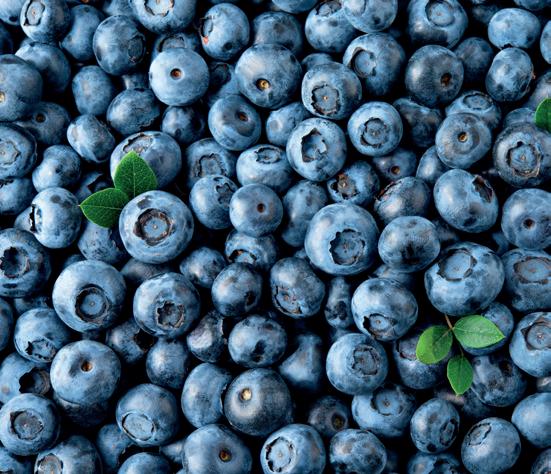
Premium blueberries (125g) Co-op (east)
Two for £5 (£1 off )
Strawberries (227g)/ Spar (east)
Onions (x3)/ Iceland (east)
Small cucumbers (each)/ Waitrose (east)
Baby carrots (320g)/ Tesco (London) -£1.25

Source: BG Insights, 15 January 2023

Red grapes (750g) Morrisons (West Midlands)
Two for £3 (98p off)
Wide-ranging digital technologies and AI form the basis of the exciting innovations set to impress visitors at Fruit Logistica 2024

Innovation is the lifeblood of Fruit Logistica, whose motto this year is ‘The heartbeat of the Fresh Produce Business’.
On 7-9 February 2024, the leading trade show for the global fresh produce business returns to the German capital with a brandnew lineup of young startup companies, each one ready to enrich the industry with its groundbreaking new ideas.
Under the slogan Disrupt Agriculture, the Fruit Logistica Startup Day takes place on 9 February in Hall 5.1, where 20 startups will showcase their trailblazing products and solutions.
Robots that monitor plant health; labels that automatically change colour with the temperature; AI-based irrigation systems that know how thirsty
plants are – these are just three examples of how those startups plan to harness new technologies and improve the business.
There are innovations aplenty elsewhere at Fruit Logistica 2024 too, and these include several world premieres, many of which are already present on a dedicated Spotlight page on its website.
This year’s innovations include packaging and labels with a reduced plastic content that can be easily recycled or are even biodegradable. AI-based technologies are being used in agricultural and sorting machines. New fruit varieties not only appeal to consumers’ tastes; they also make work easier for producers, as they are resistant to common plant diseases, for example.
To learn more about the event’s more than 2,600 exhibitors from 90 countries, as well as its extensive programme, which offers expert knowledge on five stages, trade visitors can use Fruit Logistica Online, the exhibitor and event database. fpj
ABOVE—Each year, 20 startups are selected by a jury of experts to feature in Fruit Logistica’s special exhibition event
Bloomfield Robotics
Imaging and deep learning system.
Cargo Produce
Supply chain management platform.
Dockflow
Container logistics platform.
Fotoniq
Sustainable coatings for greenhouses.
Freya Cultivation Systems
Sustainable greenhouse platform.
Gardin
Phenotyping solution.
Holocene
Logistics software solution.
Konzept Green
Uses minerals to boost yields.
Logistikbude
Sotware for reusable systems.
MiFood Robot
Harvesting and collection robot.
Noda Tech
Data-driven supply chain platform.
PEAX Data
Tracks supply and demand with AI.
Polybee
Pollination and yield forecasting.
RapidAIM
Tech to detect and manage pests.
Skone Labs
AI-powered food quality monitoring.
Smapplab
Data-driven insect infestation alerts.
Treetoscope
Device that assesses irrigation needs.
Tunable
Gas analyser to monitor ripening.
Useeble
Inks that indicate produce freshness.
Voltiris
Photovoltaic greenhouse panels.


Choosing Blue Whale fruit means you are supporting our group of 300 fruit growers, united by the same quality standards and the same vision of sustainable orchards.

We’re proud of our fruit : apples, pears, kiwis, plums and grapes.
We’re experts in fresh fruit, healthy and tasty fruit for people that comes from the best of nature, thanks to our culture of innovation!
Pioneers in agro-ecology, precision farming, and committed to research programs, we want to drive the agricultural change.
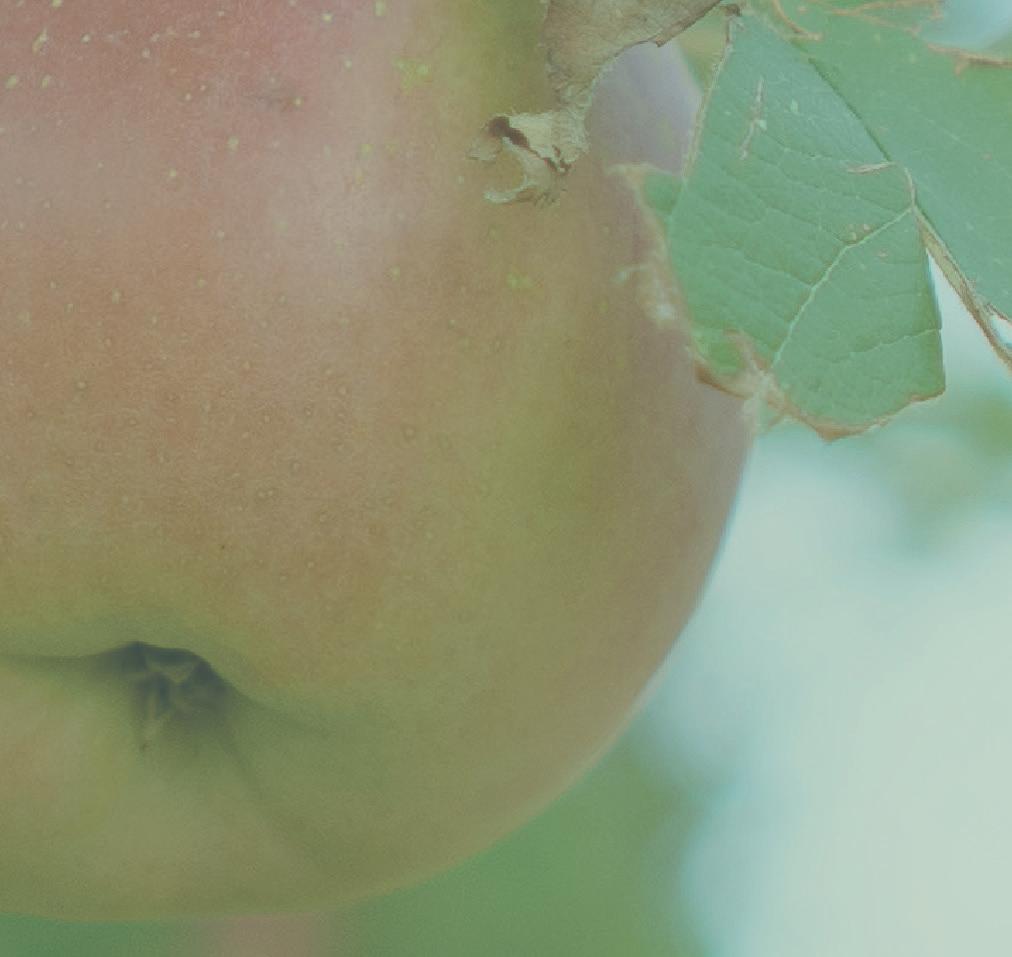
We are resolutely focused on the future, for high-performance production today and tomorrow and would be proud to succeed together, with you...





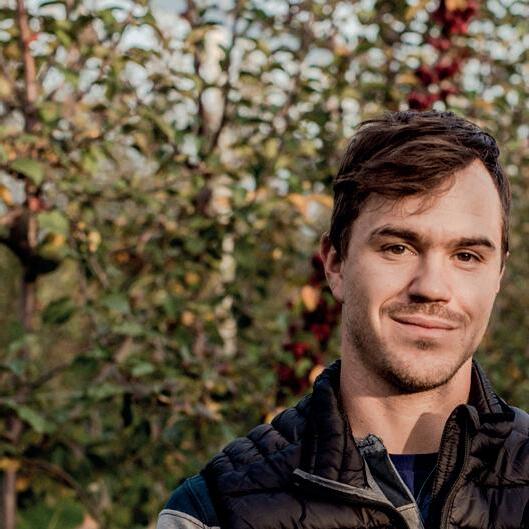
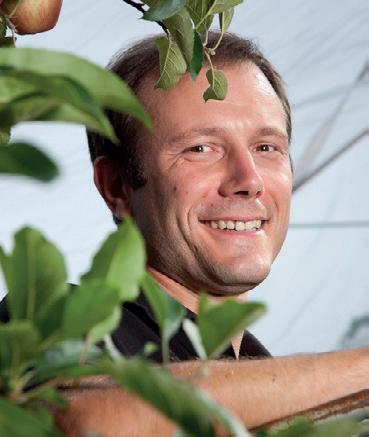




Industry representatives have urged the EFRA Committee to help redress the growerretailer power imbalance and save the sector from collapse. Luisa Cheshire reports
UK food producer representatives gave a damning indictment of British supermarket pricing and intimidation practices in an EFRA Committee meeting on 9 January.
They blamed the major multiples for driving UK farmers and growers out of business, and criticised supermarkets on several fronts when addressing the committee’s Fairness in the Food Supply Chain inquiry in Westminster.
Ali Capper, executive chair of British Apples & Pears, and Guy Singh-Watson, founder of Riverford Organic Farmers, were among seven expert witnesses from the UK food sector. They answered questions from the cross-party committee on a range of supply chain and production issues, including the balance of power between food producers and retailers.
The committee, chaired by Sir Robert Goodwill (Conservative MP for Scarborough and Whitby), heard how British fruit and vegetable growers are facing an existential crisis as their input costs have risen by 30 per cent over the last two years. Meanwhile, prices received from retailers remain more or less unchanged, accord-
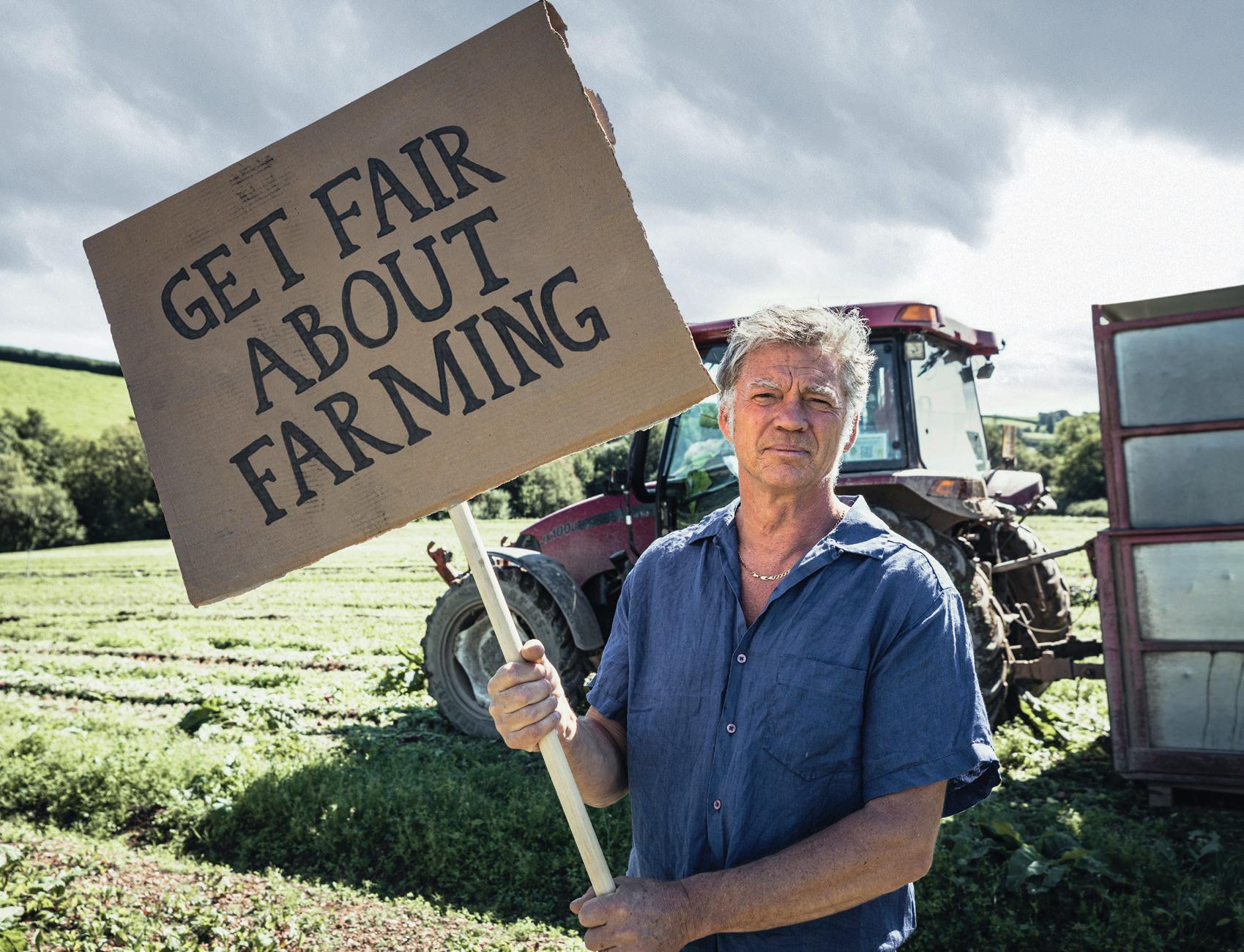
ing to the industry representatives.
Within the apple sector, Capper said growers have seen an eight per cent increase in returns received from supermarkets over the last two years, during which time Lidl’s red apple prices went up by 50 per cent, Morrisons’ packs up 39 per cent, and Tesco’s Gala apple prices up 36 per cent.
Singh-Watson told the com-
mittee that, according to a recent independent survey, 49 per cent of British fruit and vegetable growers expect to be out of business by next year as a result of low retail returns.
He spoke of a culture of fear in the sector whereby producers are afraid to speak out against unfair retailer pricing practices because, if identified, they will be delisted and lose supermarket business.
“We have this real imbalance in the sector whereby all the power is in the hands of the retailers,” he said. “I was the only person who could mount the [Get Fair About Farming] petition [to be debated in Parliament later this month] urging supermarkets to treat farmers more fairly because I don’t supply the supermarkets. Everyone else is too terrified.”
He added that while the Groceries Supply Code of Practice (GSCoP) has cleaned up the act
they don’t, you will legislate for it,” she said. “And I would like you to call for long-term multiannual contracts, and I would like you to say that suppliers need to make a profit.”
In Capper’s second recommendation, she called for government to impose a “fairdealing clause on retailers” in terms of contract obligations around pricing mechanisms. “As a crop association, we will help,” she said. “We will provide the framework.”
ing horticulture in the Energy Trade Intensive Industry scheme), introducing carbon border adjustments on food imports, and amending ELMS so that it works with food production and not against it, made up the last three of her six recommendations.
To which Singh-Watson added a seventh: “Make the retailer practice of selling fictitious farm brands illegal.”
“In horticulture, we have very little branded veg [because retailers want own-brand produce], yet Tesco, for example, have eight ‘farms’ that they brand their produce from that don’t exist,” he said. “Their free-range chicken is from Willow Farms, which is a figment of their imagination. This is clearly misleading the consumer.

of “the most dreadful parts of the grower-retailer relationship”, it hasn’t redressed the imbalance of power.
In her six recommendations to the committee, Capper appealed to the EFRA chair to write to the CEO of every major British retailer to call for a recognition of farm input inflation and fair pricing. “You may choose to make an implicit threat that, if
Point three was that the industry needs to see the cap on seasonal workers removed and for the scheme be introduced for a minimum of five years. “Do you realise, the scheme ends at the end of this year?” she said. “How can I plan for my business not knowing whether there will be any labour next year?”
Government support for grower energy costs (by includ-
“People want to know where their food comes from. My business is based on that. They are willing to pay more when they know where it comes from. But if they are being hoodwinked, they are going to go for what’s cheapest, and this drives the price down and down and down.
“Make the practice of fictitious farm brands illegal. That would truly empower the consumer and drive improvements in our food chain and empower farmers.”
Andrew Opie, director of food and sustainability at the British Retail Consortium, defended supermarket buying practices.
He told FPJ: “Food retailers source, and will continue to source, the vast majority of their food from the UK and know they need to pay a sustainable price to farmers.
“Given the pressure on British farmers at the moment, retailers are paying more for their produce. However, retailers are also facing additional costs and are working incredibly hard to limit price increases for consumers during a cost-of-living crisis where many people are struggling to afford the essentials.” fpj

Recent global and climatic events have caused a risk-versus-reward imbalance that is forcing farmers out of production. Fred Searle reports on Ged Futter’s supply chain report from the Oxford Farming Conference
Areport launched at the 2024 Oxford Farming Conference (OFC) in January firmly stated that the practice of farmers subsidising consumers’ appetite for cheap food cannot continue.
The agricultural sector’s confidence and bank balances are at an all-time, unsustainable low, said the report’s author, Ged Futter – a former Asda buyer and the director of groceries retail consultancy The Retail Mind.
This is the result of years of ‘permacrisis’ fuelled by Brexit, the Ukrainian conflict, the Covid-
19 pandemic, and food inflation reaching nearly 20 per cent.
The report – entitled Is the UK Food Supply Chain Broken? – is based on over 40 interviews with business owners across fresh produce, eggs, poultry, pork, importers, frozen food manufacturers and various consultants.
Futter, who has over 30 years’ experience in the retail sector, including as a senior buyer at Asda, said: “Recent events have acted as catalysts that have
LEFT—According to Ged Futter, producers have not kept up with retailers’ negotiation tactics
BELOW—Former Asda buyer Ged Futter authored the report

exposed pre-existing and fundamental weaknesses in the supply chain.
“The level of risk is at an all-time high, there is consistent oversupply, and coupled with this, a deep understanding of a farm’s cost of production and its profitability is often lacking.
“Widely, retailers get a bad press but, as I was told on a number of occasions, ‘the most sustainable and e cient distribution model is retail to consumer’ and ‘the UK has probably the highest standards of production in the world’. The further you move away from the UK, the lower those standards can become and the bigger the food safety risk gets, as well as the food security risk.”
Futter added: “For some, it seems that it is the end of the road: glasshouses are being closed and orchards are being grubbed. Increasingly, farmers are leaving the sector and using the land for nonagricultural uses because they simply cannot a ord to continue subsidising the cheap food that the UK consumer has been used to.”
LOGISTICS & SERVICES
BIOSOLUTIONS
BUSINESS & KNOWLEDGE
PRODUCTION & TRADE

NURSERY & SEEDS
MACHINERY & PLANTS
PACKAGING
AGRICULTURAL MACHINERY
SPICES & HERBS
GREENHOUSES & IRRIGATION
FRUIT & VEG
PROFESSIONAL SHOW 8-9-10 MAY 2024
RIMINI-EXPO CENTRE-ITALY
IN COLLABORATION WITH:

macfrut. com
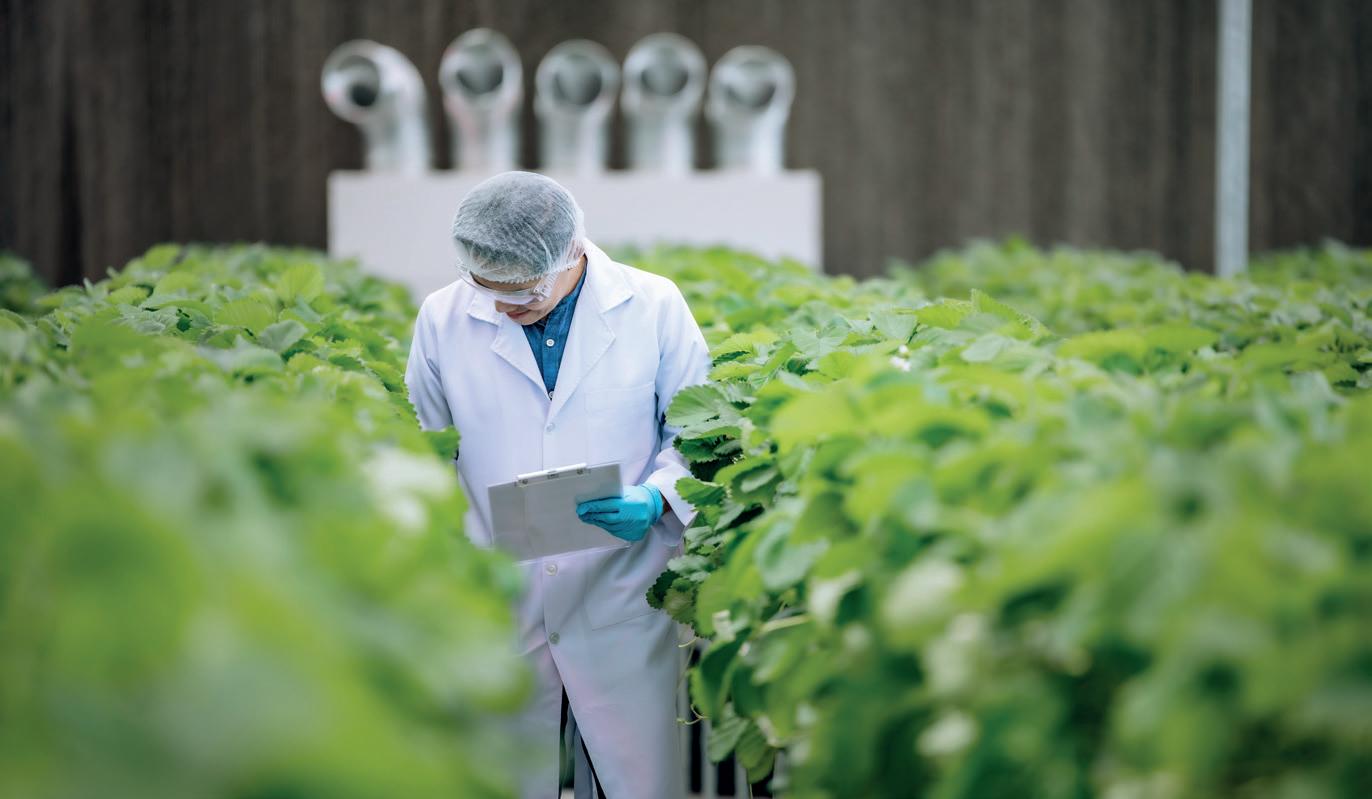
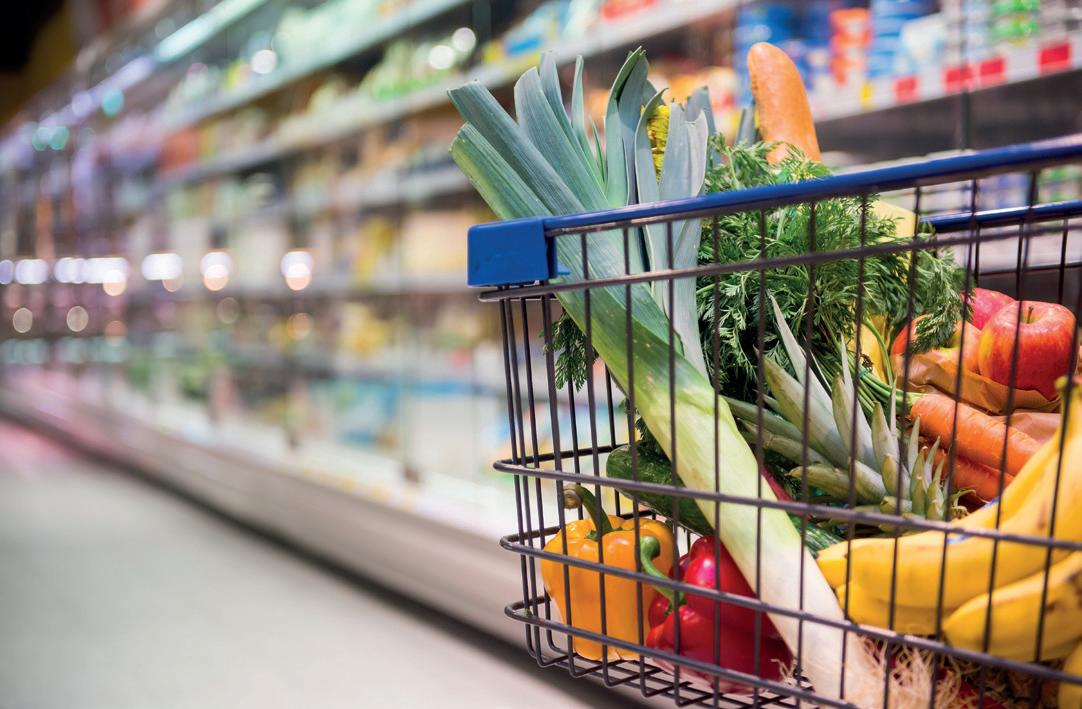
He said risk versus reward came up consistently for farmers and growers. “The ratio is now out of kilter. More farmers are asking, is it worth doing? For example, an apple farmer front-loads production for seven years, from planting trees to full harvest.
“The cycle that most topfruit buyers work on in the UK is a season, often less than a year. This has considerable implications for growers who must rely on capital once their cash business becomes unsustainable.”
for the year would be discovered once the accountant works their ‘magic’ or when the money ran out.”
When it comes to the retailers, the report centres on several key areas that need addressing: fixed price, long-term agreements; the impact of inexperienced and sometimes “arrogant” buyers; limited or no acknowledgment or recompense for a farmer’s risk; and the audit burden. In one business, a different audit was conducted in 42 weeks of the year.
Futter said these issues, over the past 10 years, have squeezed every drop of profit from many of their suppliers.
He explained the impact of a loss of trust and retailers’ intransigence on agreements. “Retailers would rather have empty shelves than break these deals,” he said. “One industry expert explained how trust has been eroded between the farming sector and retailers. The analogy used was that ‘the current negotiation landscape is the equivalent of Premier League footballers playing against a pub team that complains when they lose 38-0 that the other team didn’t play fair!’
“The retailers have become more sophisticated at finding ways of getting better prices, and most farmers, growers and packers have not kept up.
“In some categories – mainly produce – the way that retailers and their grower suppliers do business has fundamentally changed from a trading model – based on short, often weekly, prices dictated by supply and demand – to long-term fixed-price con-
Futter highlighted a need for more rigour in farmers’ accounting practices. “In my interviews I heard: ‘growers are not great at looking at their numbers’, or ‘it’s a classic case of shoe box accounting, one for cheques and another for receipts’. Or that profit or loss LEFT—An unsustainable audit burden is squeezing profit from suppliers BELOW—The current challenges facing producers are threatening supermarket supply
tracts. At their worst, these contracts can straddle more than one growing season. I heard from growers and farmers in multiple sectors just how destructive this model has been.”
The OFC director responsible for the report is Ali Capper, an apple and hop grower and the executive chair of British Apples & Pears.
She said: “The new business landscape of today’s supply chains – with volatility created by geopolitical challenges, unprecedented inflation, increased interest rates, climate change, and the cost-of-living crisis – require everyone responsible for feeding UK consumers to rethink their approach to supply chains before it is too late.
“The costs of production for fruit and veg growing has increased by between 20 and 27 per cent depending on the enterprise. That’s simply unsustainable.”
The 2024 OFC report builds on the conference’s 2023 report, which called for fairness, net-zero cost-sharing, and the recalibration of value-sharing throughout the UK’s food supply chain. Its author, Forum for the Future, added that failure to achieve a shared, end-to-end responsibility from farm to consumer would put in jeopardy the food sector’s ability to ensure an ecologically safe, sufficient and socially just future for UK food.
Visit www.ofc.org.uk to read the report in full fpj
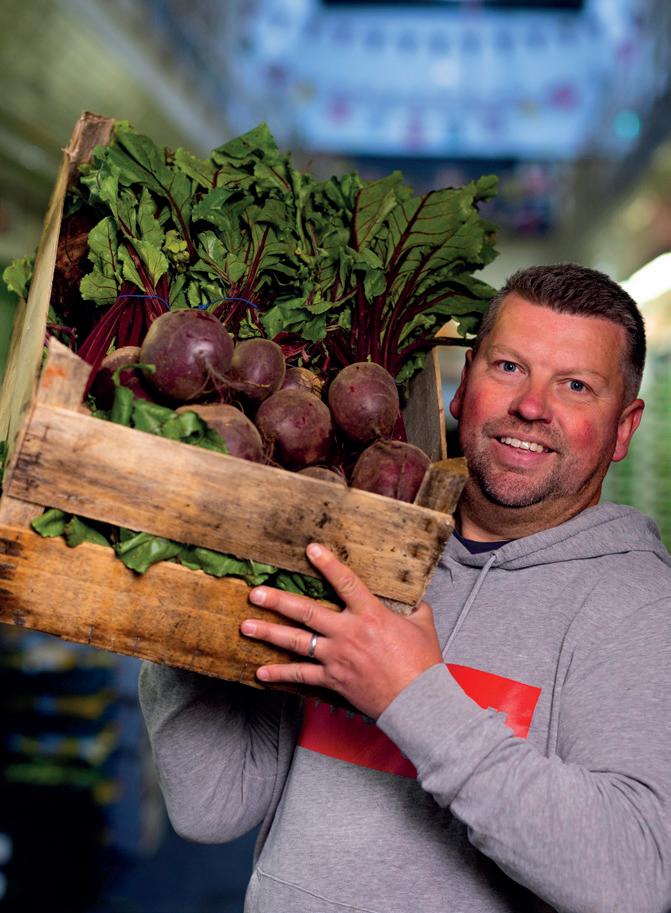

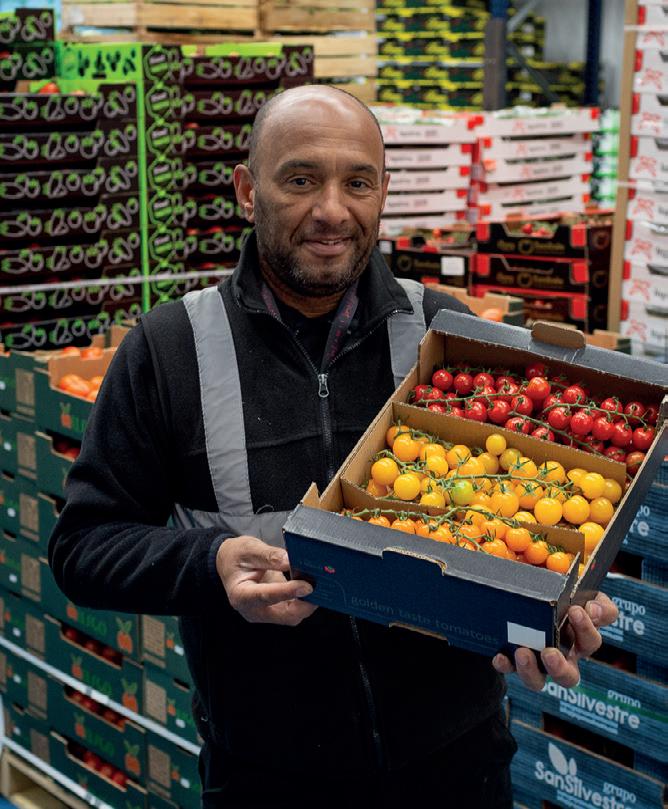
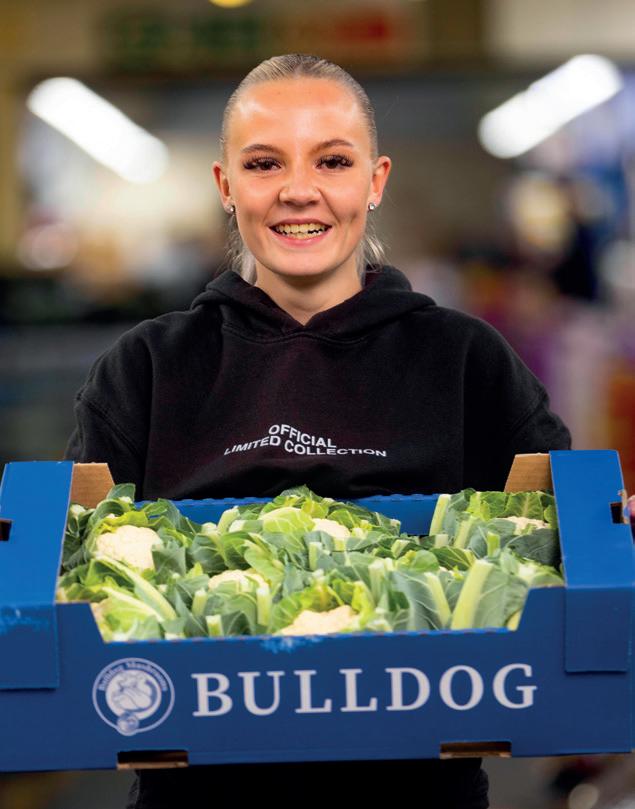

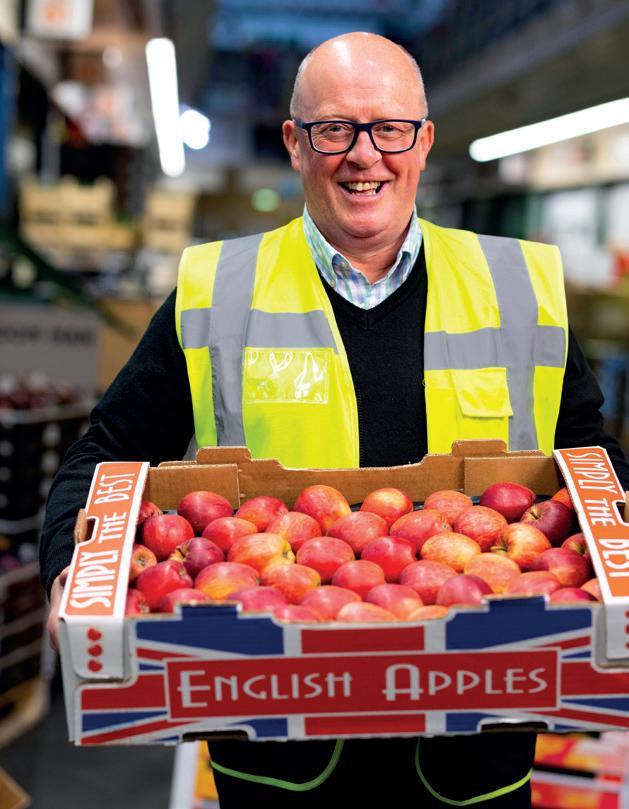
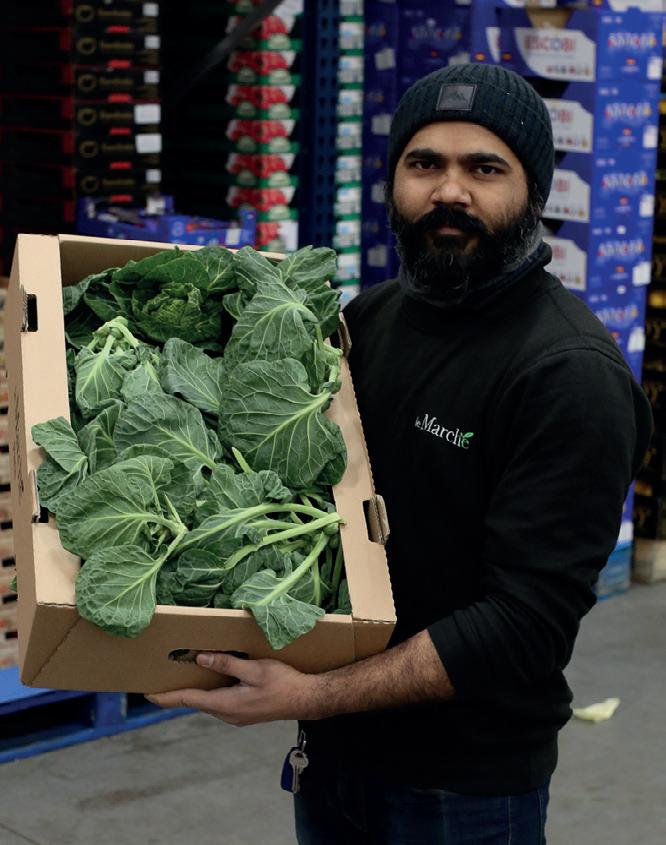
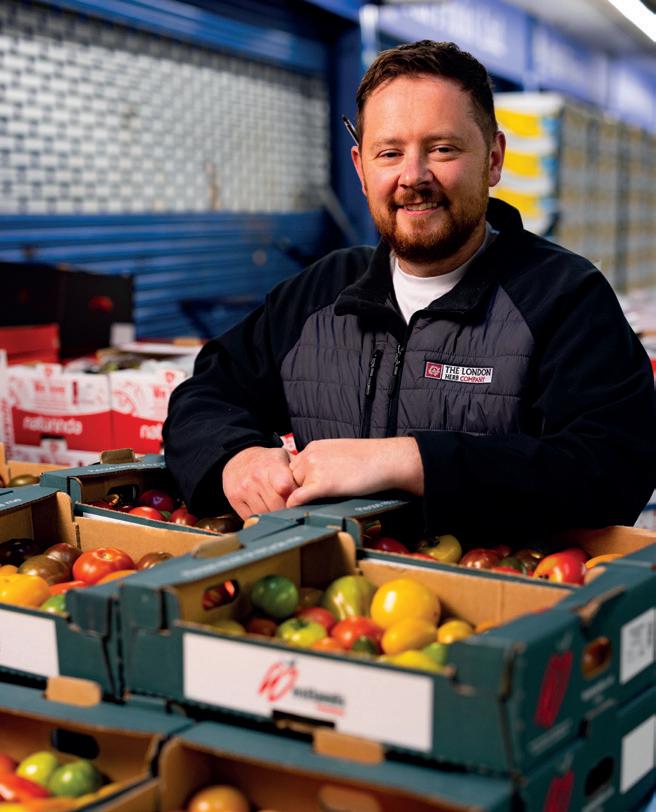

Every night, the world-class people at our market sell thousands of varieties of fresh produce, sourced from all corners of the globe. To delight your customers, you need great products. Our wholesale traders work with select growers and suppliers to provide a diverse and unmatchable range of premium quality fruit and vegetables.
Find out more about the UK’s largest Wholesale Market:
www.newcoventgardenmarket.com
@marketfood New Covent Garden Market
As we move into an election year, the Lib Dems’ farming spokesman Tim Farron tells Michael Barker what his party would do to support producers
It would be easy to wonder where an MP’s motivation comes from when they step back from the pinnacle of party leadership into a lower-ranking position, but to ask that question would be to misunderstand Tim Farron.
The Liberal Democrat MP for Westmorland and Lonsdale, who as leader from 2015 to 2017 increased the party’s parliamentary seats from nine to 12, is today back in his comfort zone as the Lib Dems’ spokesperson for Environment, Food & Rural Affairs – no less than the fourth time that he has held the position.
“I was brought up living next to a farm and my first paid employment was hay bailing on my mate’s grandad’s farm,” he tells FPJ. “I got to see the joys and travails of being a farmer and the importance of food production. I’ve now been
living in Cumbria for a quarter of a century and have been MP for 19 years in Westmorland. I represent something like 1,1001,200 farms, so I think I see the relationship between food production, landscape beauty and maintenance, and the vitally important goods that farming produces.”
While most of his constituent farms are livestock and dairy, Farron is well aware of the importance of fruit and vegetable production, and strongly hints that the current government often doesn’t get it.
“I think there is a line of thinking among some who are associated with the current governing party that the answer to our food need is just to import, import, import,” he observes. “I think you can do two things at once – you can think international trade is a good thing and that it’s about a
We want to reduce food miles, and we don’t want to be adding burdens to the commodity markets from which the poorest nations draw their staples

free market. But food security is important too. We want to maintain and reduce food miles, and we don’t want to be adding burdens to, for example, the commodity markets from which the poorest nations in the world draw their staples. The more we are raiding those markets and not feeding ourselves, the more we’re pushing up the price of food for the poorest people on the planet.”
A hot topic right now is fairness in the supply chain, particularly in view of Defra’s investigation into the horticulture sector. Farron believes the Groceries Code Adjudicator is “underresourced and underpowered”, and needs a broader scope that enables third parties – including the general public – to submit a complaint about supermarket behaviour, and for the role of processors to be given greater scrutiny too.
ABOVE—Tim Farron
OPPOSITE—
The beautiful countryside of Westmorland is home to a huge number of farmers

While he agrees that free markets are preferable idealogically, Farron says that if they are not also fair then you lose producers, supply falls and prices rise, to nobody’s benefit.
“What you actually need is to have a fairly hands-off referee keeping an eye on things. We don’t mean price-fixing and that kind of thing, but you do want to be in a situation where you keep an eye on a market and there’s an authority there that makes sure it’s well refereed.”
So what would the Lib Dems like to see introduced to support producers? For a start, Farron says they would add an extra billion pounds into the ELMS pot to encourage food producers into the scheme, but he also wants to see investment in education and more grant and loan support in collaboration with the private sector.
He also has some imaginative solutions to the ever-contentious issue of seasonal workers. “The seasonal labour schemes that we’ve got are completely inadequate,” he stresses. “They are better than
nothing but if you treat people like dirt and say you can come six months or three months or whatever and mustn’t bring anybody with you, you’re going to be in a situation where you just won’t attract those people.”
Farron says there are off-theshelf schemes that would allow the UK to control its borders while still attracting foreign workers into lower-skilled jobs, such as reciprocal two-to-three-year youth mobility visa schemes.
He’s also in favour of supporting and encouraging producer organisations, and wants to see a planning system that is “fit for purpose” and clearly specifies support for farming infrastructure projects.
As a former party leader, Farron describes himself as “postambitious”, and at a point in his career where he can “choose the stuff that I love”. That’s what keeps bringing him back to the farming brief, and his sincere hope will be that post-general election he can have even greater influence on the government’s food strategy. fpj
The Labour Party has promised “a new deal for farmers” to boost British food production and national security.
Speaking at the Oxford Farming Conference on 4 January, shadow Defra secretary Steve Reed described running the department as “one of the most significant jobs in government”, and made an impassioned pitch for what his party would do if elected later this year.
Stating that Westminster has “ignored the needs and ambitions of our farmers”, Reed began by listing all the challenges facing primary food producers, from high tax, rent and mortgage rates to inadequate public transport, an insufficient energy system, and trade barriers.
“Soaring energy prices have clobbered farmers and producers, forcing up prices for fertilisers and animal feed,” he said. “Over 6,000 agricultural businesses have closed down since 2017. That includes over 5,000 meat, fruit, vegetable and dairy producers with jobs lost, livelihoods destroyed, and futures broken.”
Reed insisted that Labour would back British farmers, reduce the reliance on insecure imports, support high-quality local production, and “end the shameful new reality of empty supermarket shelves”.
Going further into specifics, Reed pledged that Labour will create a new publicly owned energy company that will direct public and private investment to harness clean, home-produced wind, wave and nuclear power, meaning cheaper energy for rural businesses. He added that the party would “rewire Britain and get the National Grid moving faster”, allowing farmers to plug their own renewable energy into the grid.
Labour will slash the wait for planning decisions from years to months, Reed continued, and further promised to cut red tape and costs at the country’s borders as well as get British food exports moving.
On flooding, he said Labour will set up a Cobra-style flood resilience task force that will meet ahead of every winter to protect vulnerable rural communities and farms.
And in a further commitment, Reed said that at least half of all food in the country’s schools, hospitals and prisons would be locally produced or certified to higher environmental standards.
A new study paints a sobering picture of the fragile state of current UK horticultural production. Michael Barker reports
Soaring production costs have wiped out many growers’ margins and caused them to shelve investment plans, putting the future of the UK’s fruit and vegetable industry at risk.
That’s according to a new report by Promar International, commissioned by the NFU, which found that costs of production have increased by as much as 39 per cent in the past two years.
Key inputs – including energy costs rising by 218 per cent, fertiliser by 47 per cent, and labour by 24 per cent – are shown to be behind the hike. The report also warns that these cost increases, along with the impacts of ongoing global volatility, are seen as a worrying ‘new normal’.
The latest report is the third such study conducted by Promar assessing the impact of inflationary pressure on the UK fruit and vegetable sector. It explores what has changed in the period between October 2022 and October 2023, focusing on Gala apples, broccoli, carrots, lettuce, mushrooms, onions, potatoes, strawberries and tomatoes.
Over the period Promar found that production costs rose from between 5.6 and 11.4 per cent. While lower than in 2022, these figures still represent a significant additional increase. In some cases, growers have been unable to fulfil contracts due to higher costs that could not be passed onto customers, as well as labour shortages, lower productivity and the ongoing profitability squeeze. Several growers have even been forced to walk away from smaller customers as a result.
While it is expected that retailers will drive a hard bargain, growers believe there needs to be more recognition of their plight
While some growers have achieved price increases, these have often not been enough to cover the amount required, and in certain cases have come only after painful, protracted negotiations. That is putting strain on relationships between suppliers and customers, at a time when collaborative working would seem to be
plight. Under huge pressure themselves and in the midst of an endless price war, the supermarkets could have to decide between supporting UK production or switching to greater imports, with the insecurity and environmental consequences that comes with that.
Longer contracts with key customers, together with a longerterm and consistent plan around seasonal labour from the government are vital, growers believe.
With a number of notable business failures in the past 12 months, further consolidation in the horticultural production and distribution supply chain is anticipated, with many businesses at risk of going under.

a more productive way forward.
The future is uncertain and with no clear end to the inflationary pressures in sight, future market prospects are expected to remain tough for everyone, according to the report.
Many growers feel that their fate lies in the hands of the supermarkets. While it is expected that retailers will always drive a hard bargain, they believe there needs to be more recognition of suppliers’
“The last 12 months have been less extreme than the previous time period, but only just, as inflationary pressures are still highly damaging to both short and longterm production plans,” Promar states. “There is no sense that we are out of the woods yet – and indeed things might actually get worse before they get better.” fpj
ABOVE—The Promar report focused on lettuce among other crops


Ihave rarely had a conversation in the last three years where the word “inflation” hasn’t been mentioned.
So it’s not surprising that the NFU’s recently commissioned Promar International report, which looked at how inflationary pressures are impacting horticultural businesses, showed stark results. It found that over the last two years, costs of production for growers have increased by as much as 39 per cent.
None of us will be surprised that a huge factor in the increase was due to key input costs, such as energy, fertiliser and labour spiralling. The greatest inflationary impacts came from energy and labour, and in a sector that has a high reliance on seasonal workers, a 24 per cent increase in labour costs in just two years is incredibly challenging. Naturally, numbers like this are completely unsustainable, particularly if costs are not recovered by customers, and many businesses have said they’ve shelved any plans for growth in the coming year because of it.
Fairness within the supply chain was also a key challenge highlighted in the report. In my role as chair of the NFU Horticulture and Potatoes Board, I have the pleasure of meeting growers up and down the country. But time and time again I hear from businesses about how di cult customer relationships in the supply chain are. From lengthy contract negotiations to downward price pressures and contracts out of sync with production cycles, it makes it very tough to plan long term. We must use our voices to feed back on this behaviour in Defra’s live review into the horticulture supply chain, and I would encourage growers to respond to the consultation before it closes on 22 February.
Despite these challenges, as an industry we need to shout about the contributions we make to soci-
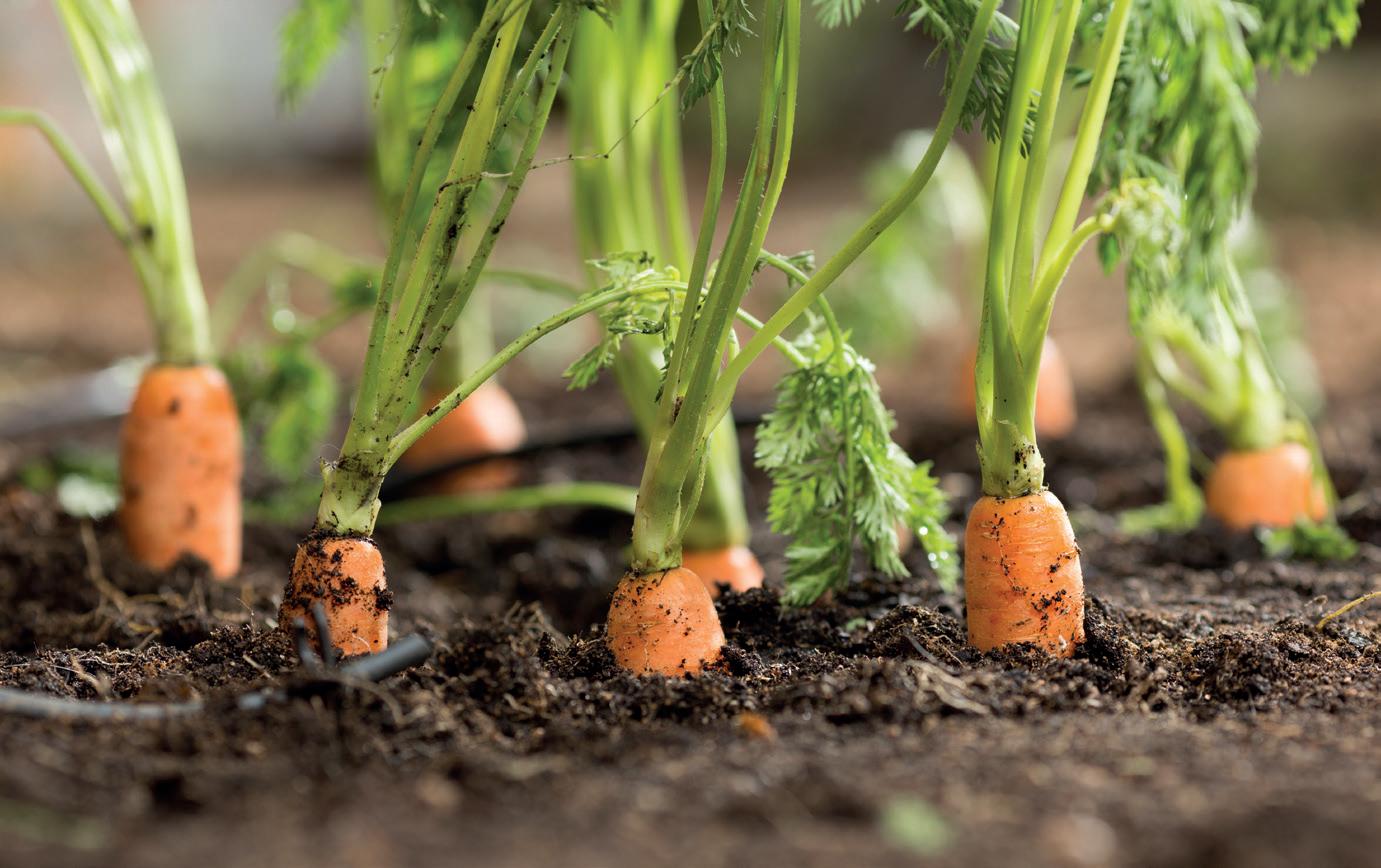
ety and the economy, particularly as our sector is worth an impressive £5 billion in wholesale value to the UK economy.
To ensure we can continue to make a positive economic contribution, action is needed from government to support our industry. While the NFU campaigned hard to secure horticultural businesses access to the Industrial Energy Transformation Fund (IETF), there is more the government can do to back growers. Our sector is earmarked to grow in the government’s own food strategy, but there has been little more than words delivered since then.
The NFU Horticulture Growth Strategy, launched in spring 2023, set an agenda for policy change. It highlighted the need for longterm access to skilled labour, productivity investment, supply chain fairness, and a range of other critical support necessary
to create growth in the sector. It has been a key source of evidence for the No.10 Farm to Fork Summit, the Independent Labour Review, and the House of Lords horticulture inquiry.
With a general election on the horizon that will provide opportunities and risks in equal measure, we must drive the promises of the current government forward and be quick to harness support for the sector from any new government. Our strength in membership is critical therefore and we are always keen for growers to get involved. There will be opportunities to join a regional or national board in the coming weeks and I’d urge growers to consider how you can play a bigger part in assisting the NFU in achieving the outcomes our industry needs. fpj
ABOVE—Downward price pressure is making life di cult in many crops
Angus Soft Fruits’ MD John Gray focused his Nuffield paper on growing farmers’ share of the value chain. Here, he explains the key findings of his research
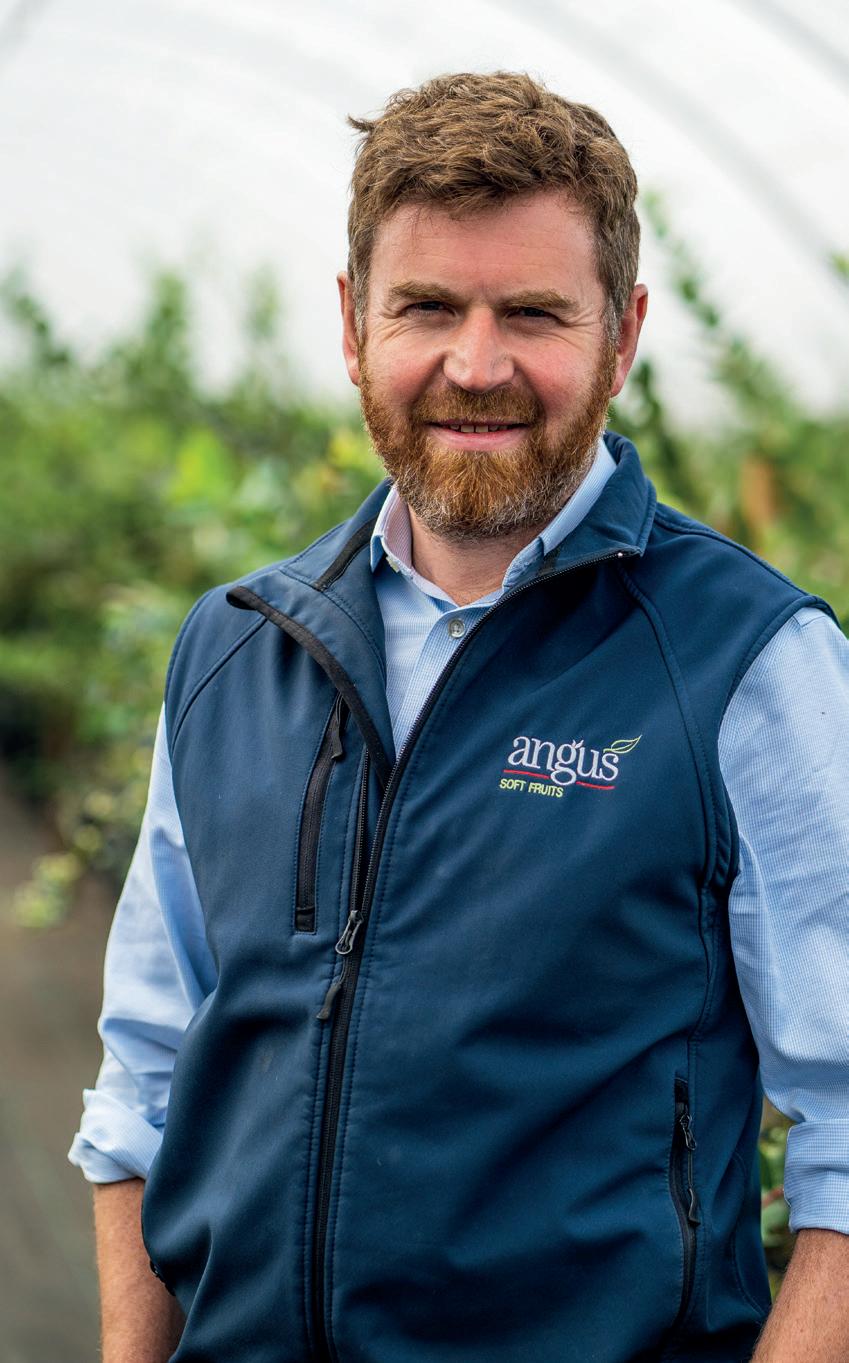
Back in 2020 when I was awarded a Nuffield Scholarship, as soft-fruit growers we were seeing our production costs increase significantly, driven primarily by increasing labour costs. At the same time, market returns were static and so margins were coming under pressure.
In January 2019 I attended the Oxford Farming Conference where Henry Dimbleby, then writing the UK’s National Food Strategy, presented a graphic showing the returns on capital employed (ROCE) through the UK food value chain. This showed input suppliers – which includes chemical and seed suppliers – as well as processors, manufacturers, logistics providers, retailers and foodservice operators, all making eight to 15 per cent ROCE. The notable exception was primary producers, who made a much
lower return that reduced to zero when subsidies were removed.
As Baroness Boycott put it: “Farmers get £9.2 billion of the £113bn per year value of the agrifood sector. Where does the other £100bn go? This is one of the great disconnections of our time.” Primary producers who take by far the most risk in our food chain are the least rewarded.
Fast forward four years and, as we all know, costs of production have increased to another level. A recent report by the Global Coalition of Fresh Produce, which is made up of fresh produce associations from across the world, concluded that less than half of fresh produce being sold globally is being sold at a profit – a frightening statistic.
Coupled with extreme weather impacting production volumes, this is creating unprecedented supply chain strain and has rightly called into question the UK’s position on food security.
UK soft-fruit production has been hit by the majority of these factors. While many, such as electricity and shipping, are showing signs of easing, most are not. And the main driver of cost inflation in soft fruit – labour – will not reduce.
It’s in this context that I decided to focus my Nuffield study on ‘Fresh produce excellence: growing our share of the value chain.’
My research has led me to explore the dynamics of breeding, production, and the marketing
of berries around the world. I’ve visited leading businesses in the US, Canada, New Zealand, Australia, Singapore, the Netherlands, Norway, and of course, the UK.
I was struck by the remarkable diversity of markets around the world. While supermarkets remain the primary route to market in most countries, their in-store presentation of fresh produce is generally significantly more engaging than what we see here in the UK. Produce aisles aim to engage, excite and disrupt shoppers with a much bigger focus on loose compared with here in the UK, where the focus tends to be on cost and efficiency.
Overseas branding is the norm – examples being Zespri kiwifruit, Ocean Spray cranberries, Driscoll’s berries and Rockit apples. Moreover, fresh fruit commands higher prices in most of these countries, indicating a higher value placed on produce by the final consumer. Pricing agreements
I would question whether our tight specs and levels of complexity is adding value for the consumer or simply reducing grower margins
between growers and retailers are notably more dynamic, generally being priced weekly, and even changing daily in some countries based on availability and demand.
During my journey I learnt of the potential for significant “breeding gains”. For example, in California I met breeders using gene editing who have successfully removed the wasabi-like bitterness from mustard greens, creating nutrient-dense salad greens marketed as “Conscious Greens”. Gene editing is now being used on berries. With its openness to gene editing, the UK is well placed to take the lead within Europe.
The technological landscape, particularly in the Netherlands, emerged as a significant focal point. With 60 per cent of Dutch strawberries grown in glasshouses, the country serves as a beacon for controlled, high-tech agriculture. One observer commented that “the strawberry grower of tomorrow is the tomato grower of today”. This is a reference to the large-scale, sophisticated tomato businesses that have led to the Netherlands being a major player in world tomato production despite not having a climate traditionally suited to tomatoes.
These systems are heavily reliant on energy for heating and lighting, and recent increases in gas prices have put pressure on glasshouse margins to the extent that some producers chose not to grow a crop. I saw several innovations where growers have adapted and are investing in more efficient energy systems. They are also adapting to grow less energy-intensive varieties.
Given the changing climate conditions, higher temperatures, and less water in traditional counter-season origins such as Spain and Morocco, there could be an opportunity for UK growers to extend their
harvest seasons through similar controlled environments. The rise of AI-powered control and management systems promises even more sophisticated control over production, enabling marginal gains that could redefine our industry standards. I saw harvesting robots in action in Australia, the UK, and the US. They still have a way to go, but I expect automation to play an increasing role in the next five to 10 years.
impact of investing in people. In New Zealand, the Maori saying “What is the most important thing in the world? It is the people, it is the people, it is the people” resonated deeply. World-class individuals, when nurtured and empowered, drive businesses forward, fostering innovation and sustainable growth.
The core mission of Nuffield is to drive positive change in agriculture. Over the course of the last
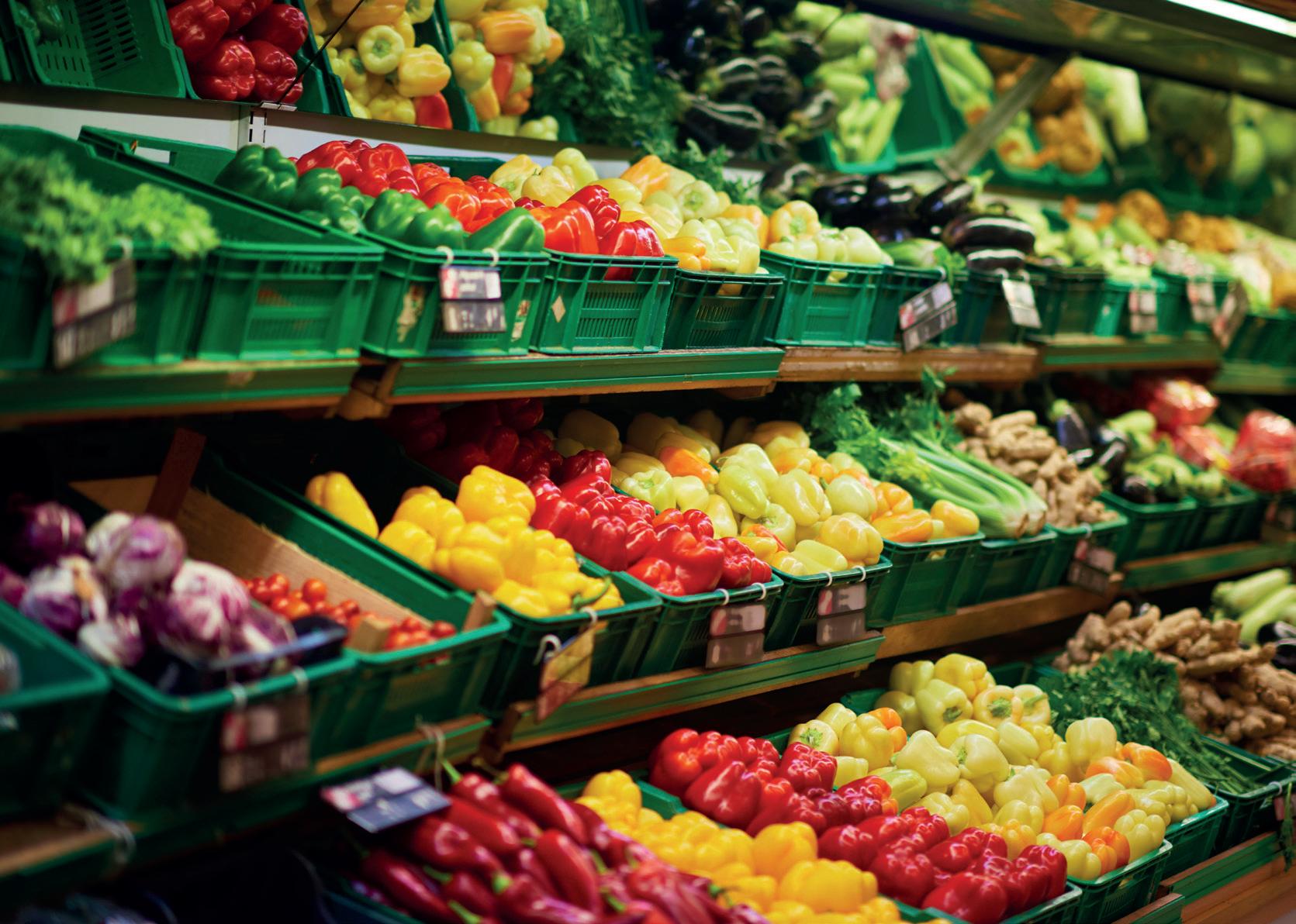
Amidst the pursuit of higher technology, I couldn’t help but reflect on our approach in the UK. Have we, perhaps, overcomplicated our value chain? Unlike many other countries where fruit is packed in the field, cooled, and dispatched directly to supermarket depots, we adhere to tighter specifications and levels of complexity that incur additional costs. I would question whether this is adding value for the consumer or simply reducing grower margins unnecessarily.
A recurring theme throughout my travels was the profound
three years I’ve met some amazing people and had the privilege of visiting some leading businesses. I’ve picked up on new opportunities and approaches which can add value to UK soft-fruit production. This will allow us to strengthen the resilience of the sector and be better placed to weather future storms.
I would like to thank The Worshipful Company of Fruiterers and the Royal Highland Agricultural Society of Scotland for their kind sponsorship, and the fantastic team at Angus Soft Fruits for their support on my journey. fpj
OPPOSITE—John
travelled extensively for his Nuffield research
ABOVE—Fruit and veg is more widely sold loose in other countries
New Zealand apricot producer Ardgour Valley Orchards is looking for feedback from retailers as it begins commercial exports of its premium varieties to global markets
Ardgour Valley Orchards, the largest producer of New Zealand’s speciality NZsummer apricot varieties, is seeking feedback from buyers and retailers around the world as its first commercial quantities are exported this Southern Hemisphere summer.
Ardgour Valley Orchards’ director Sharon Kirk said three speciality varieties bred by Plant & Food Research in New Zealand, specifically for production in the Central Otago region, would be exported to key markets including Hong Kong, Singapore, Malaysia, Vietnam, Thailand, the Middle East, the US, the UK, and Australia in 2023-2024.
Kirk, an export and marketing executive, will leverage feedback received this season to develop a brand for the apricot varieties ahead of the 2024-2025 season.
The business will continue to expand its market reach year on year ahead of full production in 2026-2027 when output of up to 500 tonnes is expected.
“We continue to foster longterm relationships with buyers and retailers and negotiate with major supermarket customers in the United States, Canada and Australia,” Kirk said.
Ardgour Valley Orchards is among the largest apricot producers in New Zealand. The apricots – NZsummer2, 3 and 4 –were bred especially for flavour, colour, and shelf life. They excited customers who tasted fruit fresh from the trees in Central Otago and were impressed with their sweet juicy flavour and high colour, Kirk said.
“The apricots are super sweet, with low acidity and firm texture, and have an exceptionally bright colour. Quality apricots generally have a brix between 11 and 14 and these consistently achieve a brix of 14-plus.
“Nzsummer2 and 3 store longer than other apricots due to an ethylene-recessive gene, making them ideal for export. This has a been a point of difference which has piqued the interest of many buyers,” she said.
NZsummer4 is in season from mid-to-late-December followed by NZsummer2 and 3 from late January to mid-March. Other varieties, Kioto, and trial cultivars Summer 92 and Summer 820 are in season in February. Ardgour Valley Orchards also produces several cherry varieties including a distinctive, white-fleshed variety, Stardust. All fruit is

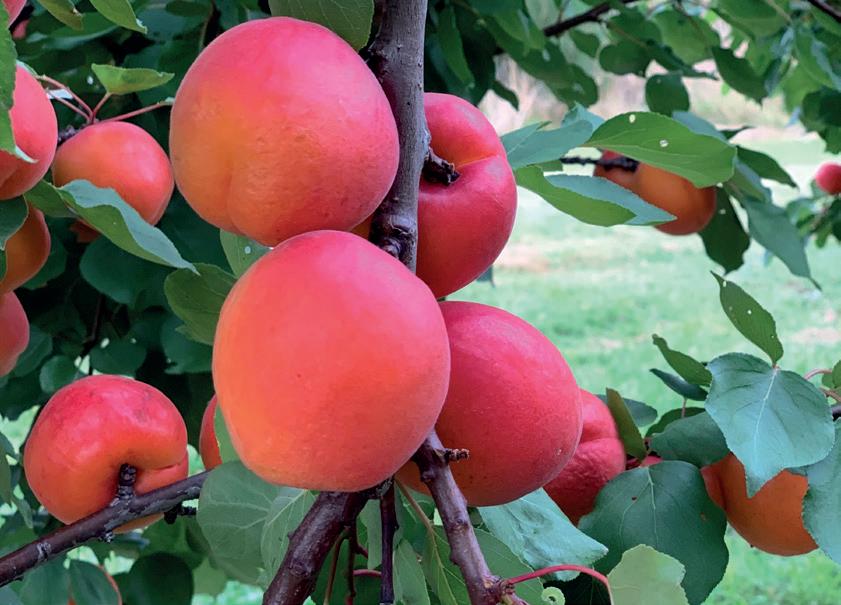
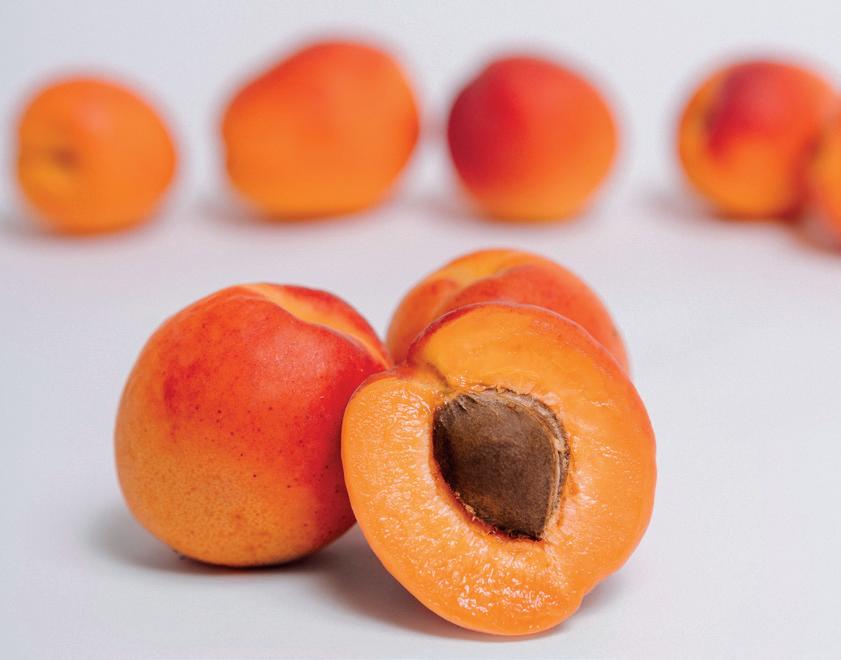
packed in Central Otago before being airfreighted to its final destination.
“We showcased our offering at Asia Fruit Logistica in Hong Kong last September, which generated significant excitement and we’ve continued to have huge interest.”
The Ardgour Valley Orchards team will again take its pre-sale programme to this year’s Asia Fruit Logistica. fpj
















The Terminator franchise turns 40 this year! Where does the time go? In case you’re not familiar with the original: disguised as a human, a cyborg assassin, known as a Terminator, travels from 2029 to target the unborn John Connor who will lead the fight against the machines in the future.
With 2029 only five years away, are we headed towards this Skynet/Cyberdyne future, or do our prospects look a little less bleak? Depends on who you talk to, I guess. Plenty of the billionaire tech savants have their opinions on the future, and there’s no shortage of commentators on podcasts
and YouTube channels – some of it is well worth the watch.
Each new generation has its villain – perhaps we always need something to blame. Or fear. Or just to misunderstand, instead of longing for a nostalgic past which was somehow better, less frightening, or maybe just less confusing.
In the past, it would have been the radio, the TV, rock music, the internet, the mobile phone.
Choose your poison. None of these things have so far brought about the Armageddon that John Connor had to live through, so how do we all feel about AI or Chat GPT or robots?
Every new technology creates opportunity. That’s why someone came up with it in the first place. A desire to solve a problem. Faster. Cheaper. Easier.
The role of robots and automation in the food manufactur-
ing, fresh produce and growing space is on the rise. Eventually, we’ll get to a point where picking even the softest and most tender products can happen efficiently (and cheaply) enough to become the option of choice.
The Luddites will become converts and, in the face of wage increases and the overall short-
evant and necessary.
I am not the most evangelical of recruiters, but I am proud of our sector and our company. I know there are plenty of people out there who’ve had a negative experience of recruiters at some point, or who don’t see the value. I get it. If you can fill a role or find a job on your own, then go

age of talent, the robot option should have no real opposition. Plus, there’ll be loads of new job roles that we haven’t even yet begun to imagine. The UK needs to stay at the forefront – of that, I am sure.
I’ll be the first to admit that there are plenty of worthier commentators on automation and robot tech than me. My prime concern as CEO of a recruitment business is: ‘in an increasingly technical and automated world, how do we maintain equity and utility to our customers.’
The recruitment market is awash with commentators who express concern over the role of AI, but you may be surprised to hear that almost everyone I talk to backs themselves and their businesses to always remain rel-
for it. What I do know is that we add masses of value, and we work really hard. There will be parts of our job that could and should be automated. If AI makes our lives easier, then we’ll take it. We can free up time for the parts of the process which benefit most from a human touch.
The recurrent theme in recruitment seems to be: ‘If all of your job can be done by a machine, then you’re not going to have one in the future’. Too right. We’ve seen lots of consolidation in the produce sector over the years. Retailers have questioned – often rightly – whether some service providers are adding value. If not, then they get cut out as people go direct to source, or they’re amalgamated or simply get run over.
There will be parts of our job that could and should be automated. We can free up time for the parts which benefit most from a human touch
Recruitment will be the same. I back my team and the many excellent recruiters who’ve made it their life’s work to understand motivations, culture fit, and personal circumstances, and can use their intuition and market knowledge to bring about some wonderful synergies. They negotiate on your behalf. They seek compromise and unlock new ideas and creative ways of solving problems. Connected, as we are, to thousands of candidates and hundreds of companies, our reference points and opinions do hold weight.
Great recruiters think about their clients and candidates constantly. You might be settling into an evening meal, a glass of wine, or perhaps another Schwarzenegger classic, whilst we’re thinking about how to find the perfect ‘fit’ or ‘win-win’ for your career or company’s goals.
I believe that machines, while valuable, can’t do the vital parts of our job, so I know that we’re going to be around for a long time. The recruitment industry has a market value of about £150 billion for a reason. Sure, like fresh produce, food, agriculture and commercial horticulture, there’ll be consolidation and winners and losers. Still, we intend to be the former by investing our time in the right places and working with lots of exceptional recruitment superstars.
Will I be proven right by 2029? We’ll see. Fingers crossed we’ll avoid the end of the world. Our thoughts are with those currently engaged in truly appalling circumstances in the wider world – hopefully, their fortunes will improve soon, and we can all flourish in the sector that we love being a part of.
I’ll be back. fpj
LEAF’s passionate new CEO has big plans to scale up the sustainable farming organisation. He wants to help magnify its endeavours and make urgent changes to agriculture at a global level, as Luisa Cheshire reports
David Webster’s links to LEAF go way back. When the sustainable food and farming charity was first formed by Caroline Drummond at The Royal Show in Stoneleigh Park in 1991, a teenage Webster was gardening in the grounds for work experience.
Then, in 2005, while employed by cereal producer Jordans and working to promote the company’s farm biodiversity programme, he encountered Drummond and LEAF professionally. And so began a long and colourful alliance that culminated in Webster joining LEAF as CEO in September 2023 following environmental pioneer Drummond’s sad and untimely death at the age of just 58.
“My sense is that LEAF, as an organisation, mirrors Caroline in many respects,” says Webster, speaking to FPJ just weeks after he left Associated British Foods as its UK grocery division’s sustainability director to take up his new role. “There were so many different aspects to her as an individual. So many things she would stand for and stand behind.”
Webster last spoke to
Drummond as he prepared for an investor briefing on environmental farming early in 2022. “I wanted to make the case for Integrated Farm Management. Caroline agreed to contribute to a film about our work within the Jordans Farm Partnership, which is built around the LEAF Marque Standard with support from the Wildlife Trusts. We chatted over the phone as she drove home. I had no idea that she was quite so unwell,” he says.
“When, 18 months later, I ended up joining the LEAF team, it was a bittersweet moment. I would much rather Caroline was here, but it is also a great privilege. The more I’ve got into the role, the more amazing I realise LEAF is. The organisation does so much good work. The commitment of the whole team and the breadth of activity that we support is incredible.”
LEAF has four key workstreams: Technical (Integrated Farm Management business programme), LEAF Marque (a global environmental assurance system recognising more sustainably farmed products), LEAF Education Interview


(public engagement in sustainable farming), and LEAF Open Farm Sunday (linking consumers, farming and food). Through these four pillars, the organisation’s long-standing remit is to create more resilient UK farm businesses with sustainable management practices that feed people affordably within planetary bounds.
During his first days in the job, Webster says he was struck by the “incredible” LEAF Marque-certified farms he visited, where British growers spoke positively of the benefits sustainable farming had brought them in terms of cost effectiveness and resilience.
Meanwhile, retail engagement with the LEAF Marque is growing faster than ever before, with the majority of UK supermarkets now adopting the environmental assurance scheme for their domestic and international fruit and vegetable supplies, led initially by Waitrose and, more recently, Tesco.
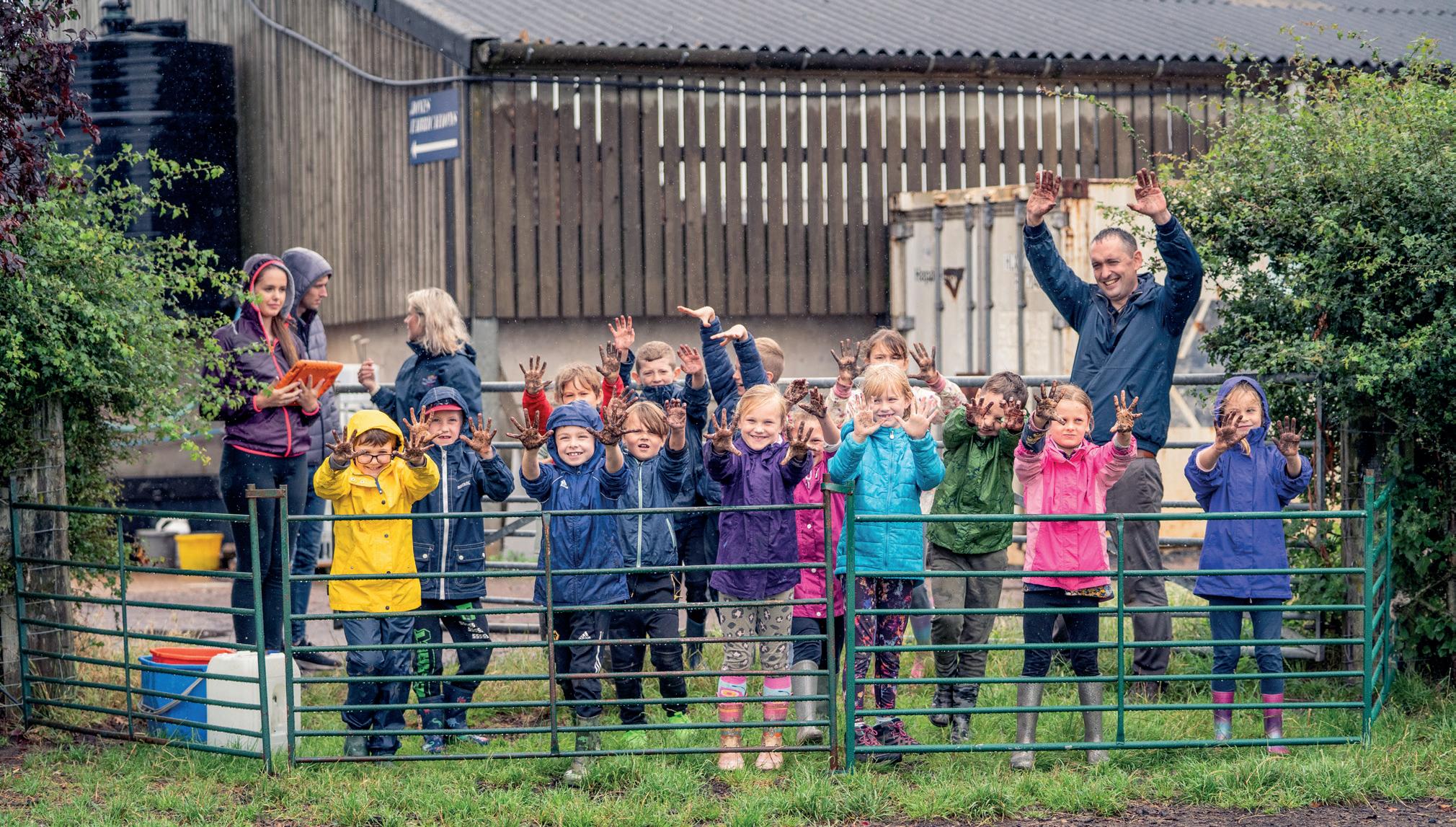
At the same time, the LEAF Education team worked with some 39,000 British schoolchildren of all ages over the last year to bring them closer to farming and inform them of opportunities within the land-based sectors. And over 200 UK farmers opened up their farms to the public for Open Farm Sunday, which attracted over 170,000 visitors on the day.
“I am very keen to ensure that our partners – and the wider farming community – have a more holistic view of LEAF as an organisation,” says Webster. “We are not simply about the LEAF Marque. Yes, we do a huge amount on assurance, but we also do a lot of work in terms of peerto-peer networking and informing other farmers what best practice techniques look like. Linked into this is our work on education, to bring in new generations, and public engagement through outreach activities like Open Farm Sunday.
“Building a broader understanding of the totality of what
I think Caroline and I shared the same vision: that things need to shift. We need to change what we are doing and how we are doing it
LEAF can offer both in the UK and overseas, and engaging strategically with our key funding partners is where I see the future – with a view to building our scale and expanding the influence of what we can do in an increasingly global context.”
One only needs to think about the extreme and erratic weather the world has experienced over the last 12 months (2023 was confirmed as the warmest on record, driven by human-caused climate change and boosted by the natural El Niño weather event) to realise the urgent need to accelerate positive environmental change at scale, he adds.
“I think Caroline and I shared the same vision: that things need to shift. We need to change what we are doing and how we are doing it. Not just for the good of the individual farms, but for the environment and society as a whole – into future generations,” says Webster.
got to. As a society we are going to have to face into the need for more sustainable farm management – not just because it’s nice to do, or the right thing – which it is – but because it is also integral to climate risk mitigation, and essential to ensure we can continue to feed a growing population.”
Webster’s goal, he says, is to work out ways to do more, and find the right partners with which to do it. “Like Caroline, I take the view that we can build through collaboration and linkages wherever we can find common ground. There is so much collective effort to drive these solutions now.
“I think this business of scaling what Caroline has built, making it slightly easier for farm businesses to engage with LEAF and understand our specific role in helping them adapt to change, finding fellow travellers who are going on that journey, and working in partnership with them, is likely to drive our work for the foreseeable future.”
Climate change, the Covid crisis and current geo-politi-
“One of the reasons I took the job is that, increasingly, LEAF is going to be seen as an organisation that is at the sharp end of a structural transition in agriculture that is inevitably going to happen. It’s »


cal conflicts have brought the fragility of global food systems into sharp relief, adds Webster.
“We have an ethical and moral responsibility to feed people, as well as to sustain the environment,” he says. “How we balance doing so in a world where there is a growing population, where the pressures on the environment are increasing, and where if you look at what scientists are saying, weather patterns will become significantly more erratic, this is an urgent problem. LEAF, and LEAF Marque in particular, offer a route for commercially sustainable, well-run farming businesses to engage with that space in part-
nership with others.
“My vision is very clear: we are going to help scale the transition globally to more sustainable farming systems. We won’t be the only organisation that does it, but I can see that LEAF will continue to partner with other organisations globally that share our view and want to facilitate change.”
Webster acknowledges that none of this will be easy. “We continue to engage with producers, academics and NGOs to understand the practicalities of delivering this at scale. We have to work in a way that is collaborative and supportive of each other, and fundamentally has the interests of farmers and farming businesses at heart to help them adopt the necessary changes,” he says.
“That can be difficult enough in the UK, but as we continue to grow our reach across the globe, some of these challenges become much more compounded, because frankly the risks perceived by individual farmers can be much greater.”
Webster cites the example of a smallholder rice farmer in Pakistan, India or Thailand. “We know rice is a huge emitter of methane, and we know there are management techniques that can reduce that by half,” he says. “But helping farmers to understand and adopt these techniques is complicated because you also have to be able to persuade them that by changing their traditional farming systems, they are not going to lose their crop, when their entire family’s welfare may well depend on it.”
The starting point, says Webster, is being clear about what needs to be fixed, and working with experts through the supply chain to identify the areas for effective intervention and how these relate to management standards. Then you need to figure out how to persuade farmers to apply the remedies in a way that’s not going to damage their commercial interests – for example, by helping them save money, reduce the risk of crop losses, or enabling access to new markets. And, finally, consider how best to replicate this model globally.
“LEAF won’t be alone in achieving this. We will be one of a large number of partners, and it will take time,” says Webster. “But the reason we do this well in the UK is because we are so well linked into the farming community. None of this works if it’s not practical. Being able to go out into the field and make the changes that promote environmental outcomes, while also sustaining food production, can be hard and complex. And I think that’s our job: to be at the intersection between the theory and the practical application –helping farmers to learn from experts and each other.”
Growers in the UK are very supportive of LEAF, and many in the fresh produce sector in particular have adopted the LEAF Marque standard, Webster continues. “They get it. They see it is a robust model,” he says. “But we can only be effective globally if we are capable of positively bringing producers to the table to unlock new solutions. And that’s where LEAF shines.” fpj

Securing crop protection products is no mean feat but HCP has got off to a strong start as it looks to become the one-stop shop for the whole sector’s needs post-AHDB.
Luisa Cheshire reports
Aspirit of focused industry reigns at Horticulture Crop Protection Ltd (HCP), the organisation set up in the turbulent wake of AHDB Horticulture’s closure.
Now approaching the end of its first financial year, its small team is handling EAMUs (Extension of Authorisation for Minor Use) for crop protection products used by 32 crop associations. And it is in discussions with several more. Meanwhile, initial industry support for its existence stands firm as grower groups set up payment mechanisms and their voluntary subscriptions start to flow into HCP coffers.
“The process is going well,” says HCP’s part-time chief executive Simon Conway, who took over from caretaker CEO Jack Ward last June. “The monies are in-bound and we are talking to other crop associations that weren’t part of the original plan, such as GB Wine and the seed potato sector. We have also taken on minor premium arable crops, like linseed and borage. And we anticipate that other niche sectors may seek solutions from us for their plant protection products. We can hopefully become the one-stop-shop for all of horticulture’s crop protection needs.”
Despite its expanding portfolio, the original HCP team of four AHDB scientists – Kim Parker, Joanna McTigue, Carlos Duarte and Grace Emeny (currently on maternity leave and being covered by Sandra Hey), together with co-ordinator Lindsey Daniel –manage the EAMU process and co-ordinate emergency approval applications.
“This team has historically done 80 per cent of

all applications for minor crops in UK, and that’s about the level we are doing now – broadly about 80 approvals a year,” explains Conway. “The team are working pretty fast and hard to get that done. It’s quite a thing really that the whole of UK horticulture is relying on these four individuals.”
He stresses how lucky the industry is to have such skilled individuals, whose expertise is fairly unique. “Anyone can make an application to the CRD [Chemicals Regulations Directorate], but it’s not easy, and it is becoming more complex,” says Conway.
HCP operates at the intersection of crop associations, the CRD, and the agri-chemical companies, and is in constant dialogue with all three entities, he explains. “I don’t see how the UK
horticulture sector would function without us. It would come down to individual companies making applications [for individual crop protection products] and it would be a much slower process.”
With a shrinking armoury of chemicals available for crop use, UK growers are in desperate need of replacement products. Indeed, in the second week of January alone, two more actives were dropped from the Health and Safety Executive (HSE) renewal list. Yet, biological alternatives are just not appearing fast enough, in Conway’s view.
“We are losing chemicals and, in reality, I think all of us [in the industry] want to move towards biologicals,” says Conway. “At HCP, we are getting EAMUs on biologicals and we need to accelCrop protection
erate that. But if you speak to the ag-chem companies, they complain that obtaining on-label approvals from the HSE, which we don’t get involved with, is a very slow and uncertain process.
“If biologicals are the direction of travel, we need the CRD to move faster to get on-label approval so that my team can say: ‘There’s a biological active approved for wheat, so let’s hang
away from synthetic chemistry to more natural products.”
Looking ahead, Conway says there is more than enough going on to keep his team busy, without considering expanding HCP’s remit any time soon.
“For one, we don’t have the capacity. For another thing, the associations want to see us doing what it says on the tin and deliver value for money,” he says.

Conway
ABOVE—The range of active chemicals approved for UK crop use is shrinking
an EAMU on it and use that for carrots and broccoli.’ We are only as good as the on-label approvals that are coming into the system, and they are seemingly slow.”
A crucial obstacle to this process is a delay to Defra’s National Action Plan (NAP) for UK pesticide use, expected for release imminently, Conway explains.
“The NAP is vital because it will give guidance about the direction of travel for the UK in terms of where it is going with chemical pesticide use. Is the UK government going to introduce a target of, say, a 50 per cent reduction? Will its priority be moving to biologicals and really encouraging their uptake?” he asks.
“There are some very innovative products out there, so it is about enabling that. Because, ultimately, we want to move
“I am very conscious that there was a ‘no’ vote for the AHDB horticulture levy. A lot of that was due to a lack of transparency. The beauty of this [HCP] model is it is so transparent. The associations have complete control of every penny they spend. And I think for the next couple of years we have got to remain very focused on the day job of delivering to our associations what they need.
“It has been great to have the support and positivity that all the crop associations have given us,” Conway continues. “We are on uncharted waters here. There was no certainty that the associations were going to buy into it, and the only reason we can carry on is by having that continued support – for which I am hugely grateful.” fpj
EAMUs give the UK horticulture industry access to fungicides, herbicides, insecticides, acaricides, plant growth regulators and seed treatments. Authorisations are necessary for both chemical and biological plant protection products (PPPs).
HCP acts on behalf of the commercial horticulture industry to seek minor use authorisations from the Chemicals Regulation Division (CRD) of the Health and Safety Executive (HSE). These EAMUs are for uses that plant protection companies would not otherwise pursue, due to the cost and resources needed and the small market size of horticulture crops.
The authorisation process is costly, time consuming, and often complex, so it is difficult for individual growing businesses to apply themselves.
In addition to EAMUs, HCP presents data and information to CRD to secure 120-day Emergency Authorisations when there is a critical pest or disease pressure that cannot be controlled with existing authorised products.
An EAMU or Emergency Authorisation is available to any grower of the named crop on the authorisation and cannot be limited to particular users.
HCP also works with CRD and the wider industry to seek novel plant protection product options, including biocontrol options.
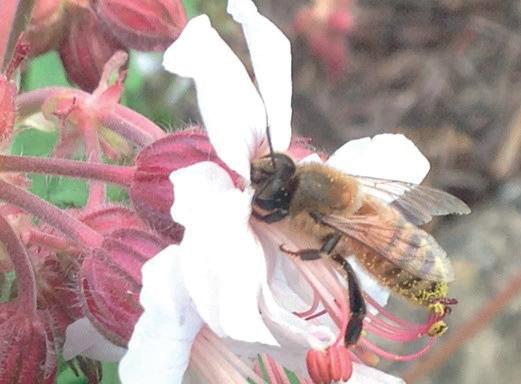

Mission Produce may be new to the UK, but the avocado giant is by no means new to the trade. Since bringing operations to Dartford, England, in the spring of 2023, Mission Produce has quickly become the UK’s most reliable supplier for high-quality, ripe avocados. As a global leader in the worldwide avocado business, Mission Produce is known for pioneering advanced methods of ripening avocados and fulfilling shopper demand with a year-round supply at the ready.
Now the company’s latest ripening innovation, Mission Control, is


taking quality consistency to the next level.
“We entered the UK market by leading innovation in the avocado category,” said Paul Frowde, managing director of Mission Produce Europe and UK. “The UK and European markets present ample growth potential for avocadosi – and with Mission Control, our ability to deliver a reliable supply of high-quality avocados that are ripe and ready to eat is unparalleled. We’re introducing the UK market to a new standard of quality and customer service.”
Shopper demand for avocados is booming in Europe and the UK – consumption levels grew at an average rate of 12 per cent per year from 2012 to 2022!i And as a Master in the Art of Ripening, Mission Produce is at the forefront of growing demand for avocados around the world. In the UK, Mission Produce plans to drive avocado consumption with Mission Control, the company’s exclusive ripening innovation that accelerates avocado ripening and improves product uniformity compared to a standard ripening system.ii
Manufactured in partnership with Cross Refrigeration (“Cross”), a global leader in advanced temperature controls, Mission Control is an atmosphere-control ripening process that enables precision control of the key components involved in ripening fruit, such as ethylene and carbon dioxide. The technology has been tested at both the lab and commercial production levels in partnership with The New Zealand Institute

for Plant and Food Research Limited, specifically Dr Jem Burdon, a postharvest specialist and industry expert in fruit ripening.
in 2023, commercial production trials comparing Mission Control to the standard ripening system demonstrated as much as a 38 per cent improvement in ripening consistency for Hass avocados, depending on country of origin,
dry matter, and fruit maturity.iii In addition, results with Mission Control was found to be most effective when ripening fruit that is generally considered more difficult to ripen, such as early-season fruit with low dry matter levels and avocados that vary in condition throughout the pack.iii
“At the operational level, Mission Control provides many benefits that uphold our commitment to exceptional customer service,” said Eddie Carey, operations director at Mission Produce UK. “We’re using this technology to be more efficient and more consistent.ii Our team is equipped with some of the best experts in the industry. So, by applying their experience and knowledge to the capabilities of Mission Control, we can ripen avocados unlike any other supplier, and it’s a difference our customers notice.”
The commercial production trials were conducted in Mission Control ripening rooms at Mission Produce’s UK forward distribution centre with avocados from Peru, Colombia, and Mexico at various levels of dry matter and at different periods of the season.ii By testing the technology at scale, Mission has expanded on the data collected from the lab-level trials to continue finetuning the process controls that could create the optimal ripening environments.
“This step change to the industry ripening standard indicates new possibilities for the adoption of ripe avocados at the consumer level,” said Adam Shaw, technical director at Mission Produce UK. “Developing Mission Control in exclusivity with Cross and
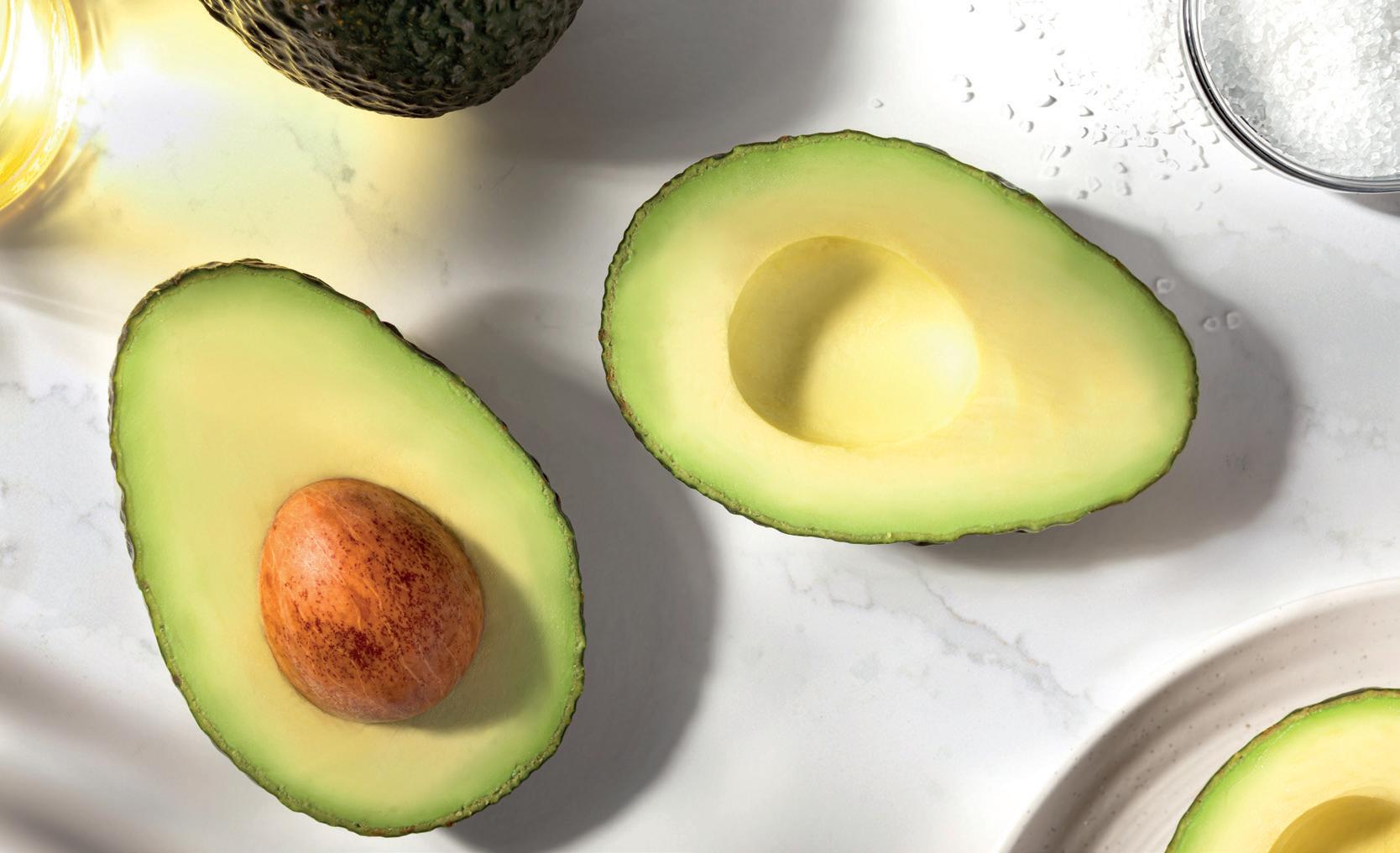
in partnership with Dr Burdon has enabled us to establish a database of fine-tuned controls to expertly ripen fruit of any condition, origin, size, maturity, and more. With this information, we continue to improve our product reliability and quality consistency, in efforts to strengthen consumer trust in our products.”
In response to the remarkable success Mission Produce UK achieved in its first year, the company is doubling its ripening capacity at its state-of-the-art forward distribution centre in Dartford. Scheduled for completion in the spring of 2024, all ripening rooms are being built to feature Mission Control technology. In addition, Mission Produce UK plans to add mangoes to its product offerings, which will also be ripened using Mission Control.
“We’re dedicated to supporting our customer base in growing their avocado categories and capitalising on the sales potential of the nutrient-dense superfood,”iv added Frowde. “Getting the ripeness right and delivering exceptional quality is how we plan to move the market for avocados, and soon, mangoes, in the UK.”
Mission Produce will be attending Fruit Logistica in Berlin from 7-9 February 2024, at Hall 25 (Stand B-31). Learn more about Mission Produce

at www.missionproduce.com, or email MPESales@missionproduce. com (Europe) or MPUKSales@ missionproduce.com (UK). fpj
i. Rabobank. Plenty of Avocado Advocates Around the World. May 2022.
ii. Optimising ripening protocols for consistent high-quality avocados. University of Greenwich Natural Resources Institute, Produce Quality Centre. November 2022.
iii. Mission Control Commercial Production Trial. Mission Produce UK. September-December 2023.
iv. Hass Avocado Board. Avocado Nutrition Facts Chart.
Despite the opportunities afforded by the government’s latest trade deals, the export market remains complicated for UK producers, writes
Michael BarkerIf you listen to the British government, this is a golden era for exporting. Following Brexit, the Conservatives have put huge stock in both the trade deals the UK has already managed to sign, and the potential of those it is in discussions over. The world, the government believes, is in the palm of outwardly-looking companies’ hands.
The truth, for the fresh produce sector at least, is a little more nuanced. There is undoubtedly opportunity in the new freetrade agreements (FTAs) signed since Brexit, namely Australia, New Zealand and the Asia-Pacific CPTPP trade bloc. If negotiations are concluded with India and the Gulf Co-operation Council, that would give UK companies further access to valuable new markets in desirable parts of the world where the British flag is lauded as a sign of quality.
According to the independent thinktank Institute for Government, the UK has already achieved most of its post-Brexit targets in terms of rolling over existing EU FTAs and signing the aforementioned deals. The US and China are now the only two countries in the UK’s top 25 export markets
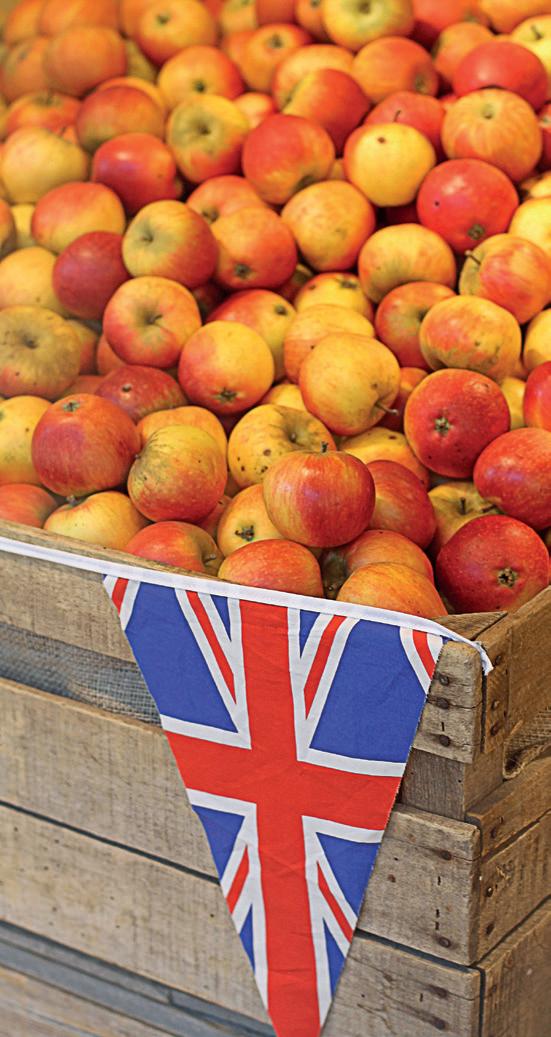
with which the UK neither has, or is negotiating, an FTA. Neither of those is likely to be achieved any time soon.
It all sounds largely positive, but trade data paints a more complex picture. New figures from the Food & Drink Federation, published in December, show that in the period January to September 2023, the food and drink sector had a total export value of £6.2 billion, down 5.5 per cent year on year. Although there was inflation-driven value growth in many products, the successive shocks of Covid, Brexit and the war in Ukraine has brought sharp falls in many leading lines.
Food and beverage exports are dominated by heavy-hitting cate-

gories such as whisky, dairy and chocolate, as well as a smaller amount of beef and pork. But what about fresh produce?
Official government data shows that in 2022 – the latest available period – exports of vegetables actually rose by 17 per cent to £85 million, while fruit exports went up 2.3 per cent to £64m. However, that simply represented an improvement on a dismal export year in 2021, and the five-year picture makes for much more sobering reading – value exports of fruit and veg are actually down by 59 and 35 per cent respectively compared to 2018. It’s a similar picture in terms of volumes shipped, with the 96,000 tonnes of veg and 38,000t of fruit up on 2021, but well down against the 145,000t of veg and 156,000t of fruit exported in 2018.
With all the talk of new long-haul trade partners, it’s notable that Ireland represents the biggest customer of UK veg exporters, taking 20.5 per cent, with
France next on 10 per cent and the Netherlands on six per cent. Egypt, a purchaser of seed potatoes, is the top non-EU destination with five per cent. On fruit there’s a bit more variety: while Ireland and the Netherlands are again the top recipients with 11 per cent each, Hong Kong receives 9.2 per cent of British fruit exports and the UAE five per cent.
There has long been concern that post-Brexit reg-

ulations are proving a barrier to international trade.
The Food & Drink Federation is worried that the government’s proposals for a mandatory ‘Not for EU’ label for products sold on the British market will have a damaging impact on exports to the European Union, with SMEs particularly affected.
“Firms that want to invest and expand their businesses through exporting will incur significant additional costs to introduce a separate production line for food that will be sold in the EU, including Ireland,” the trade association noted. “For those already exporting, the additional costs this change imposes will make it too expensive for some to justify selling abroad and they will stop exporting.”
For many UK exporters, eyes are more likely focused on added-value markets further afield.
John Giles, divisional director at Promar International, says that Asia and the Gulf are the obvious des-
tinations, with large populations that offer more potential than the likes of new FTA partners Australia and New Zealand. But he warns it isn’t easy: “You have to do your homework about where you want to be,” he says. “It’s a huge region, and very diverse. Don’t think of ‘Asia’ as all the same. In theory it’s very attractive, but in practice when you get out there you find the Americans, the Peruvians, the Australians, the New Zealanders –they’ve all been there for the last 20 years. Nobody has been missing our produce.”
Giles believes Britain still has a ‘cool’ factor in those countries that makes the Union Jack a virtue on products, but above all he stresses that market research is the key to success.
“Having the government providing better market access is one thing, and that’s good,” he notes. “But the world is littered with examples of people who get good market access and then are unable to take advantage of it for whatever reason. What we need is companies in the UK produce sector waking up and on Monday morning thinking we need to find out a lot about Indonesia, or the Philippines, or wherever.
You still need to understand the market, who the key players are. You need to go to Asia Fruit Logistica, meet the importers and the retailers. Normally all that relationship building might take a year or two. It’s not easy, and it’s not for everybody. You’ve got to be fairly entrepreneurial, you’ve got to have a long-term view of what you’re trying to achieve in those markets, do your homework and understand as much about that market as you do about the UK market.”
The opportunities are unquestionably there, but it’s not for the fainthearted. fpj
Fresh fruit and vegetable supply lines into Europe are at serious risk of delays and disruption as a result of the recent mass rerouting of shipping services away from the Red Sea, writes Mike Knowles
According to several different sources, the immediate impact will be extra costs and longer journey times for suppliers that usually ship their produce via the affected route – either to or from Europe.
And for key seasonal suppliers, who need to land their products in the market at a specific time, this represents a major logistical challenge.
“For most markets east of Suez, topfruit and some root vegetables exported from northern and southern Europe will suffer disruption in the programmes,” predicts Steve Alaerts, partner at Antwerp-based Foodcareplus. “The mandatory detour route will result in up to two weeks of extra lead time, which means there will be no market arrivals for the same period.
The ripple effect of that initial blockage will lead to further disruption for the next few months at least, he tells Fruitnet. “There is also an export interruption in the second half of January, because ships returning from Asia are not arriving in Europe in time to load new exports, meaning that from mid-March, there will again be interruptions in arrivals at the destination markets.”
Birmingham Market traders Mark and Paul Tate want to capitalise on post-Covid changes to consumer behaviour among the over-65s by ‘creating a destination’ with their new farm shop. Fred Searle reports
The team behind Birmingham Market wholesaler George Perry has launched a farm shop and restaurant in Warwickshire to meet a growing demand for ‘destination shopping’.
The recently-opened store called Field to Fork, in the village of Wootton Wawen, comprises a farm shop (grocery, butchery and bakery), restaurant (known as The Orchard), and garden centre –o ering customers a place to relax and enjoy themselves.
The new business – converted from a former camper van garage – is a fourth project for Mark Tate and his brother Paul, who already
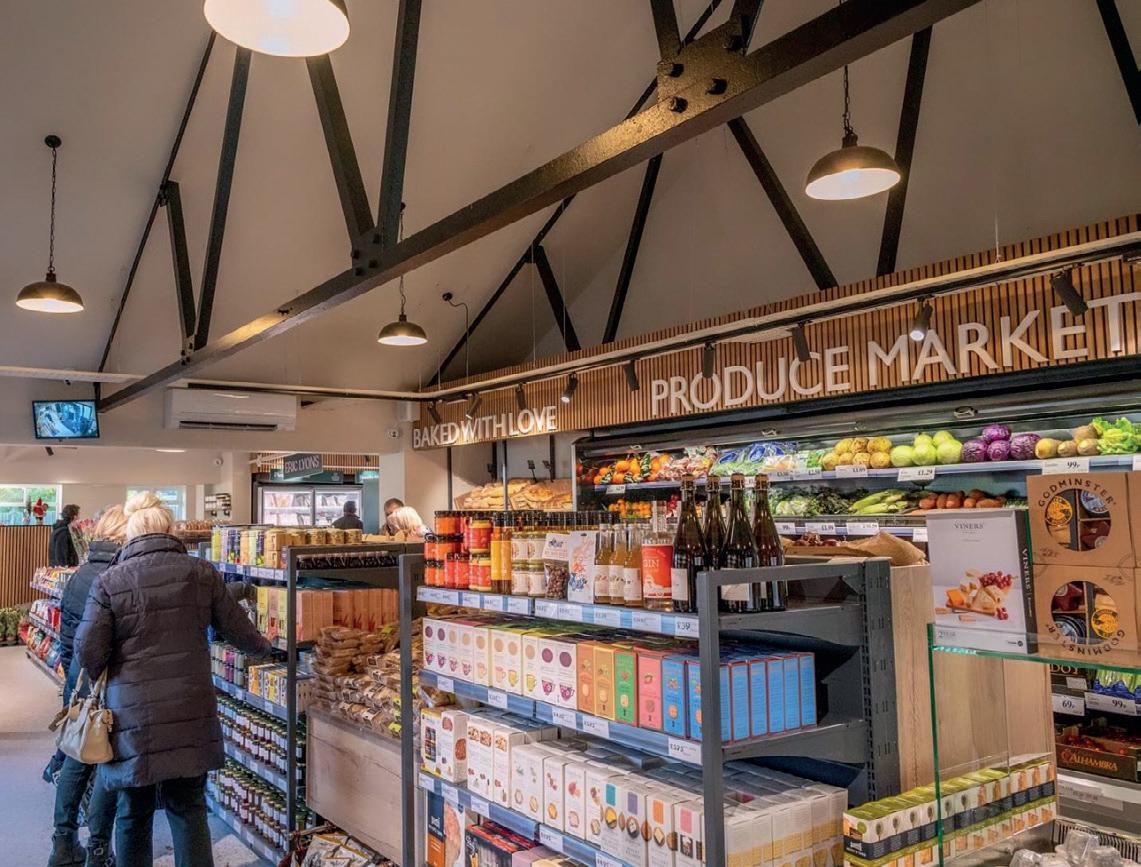
own and run three fresh produce businesses in Birmingham and the West Midlands. These being Birmingham Market wholesale suppliers George Perry and GP Salads, as well as a chain of greengrocers called Joe Richards, headed up by their business partner Mark Cox. Mark explained that he, his brother Paul and Cox took the plunge with the £1m investment to capitalise on a post-Covid shift in shopping habits – particularly among older consumers.
Prior to the shop’s opening on 30 November, approaches were made to Birmingham chefs and the former Chancellor (and MP for Stratford-uponAvon) Nadhim Zahawi to cut the ribbon. But in the end, the honour fell to a friendly elderly local called Rosemary, who befriended Mark and his team during the shop’s redevelopment.
While it is still early days, the shop has been busy, receiving “unbelievable” customer feedback, Mark says. “That is down to the sta ’s friendly market banter, as well as the high-quality food we o er.”

The fresh produce is sourced from Birmingham Wholesale Market; the in-house butchery is run by the award-winning local butcher Eric Lyons; and the plants at the garden centre come from nearby nurseries.
Meanwhile, all the food served at The Orchard – which o ers co ee, cakes, breakfast and lunch –is available to buy and take home from the adjoined farm shop.
“People now are looking for a destination – somewhere to have a mooch, socialise, and shop all at the same time,” Mark told FPJ. “They want everything in one
place: a high-end café, a top-quality butcher, great fruit and veg, and a little garden centre too.
“It’s a not a huge place, but it’s got everything you need. The feedback was that people prefer a smaller farm shop with a personal touch to a huge garden centre.”
The shop is based in an a uent part of Warwickshire and the main customer base is the over65s and young parents, Mark says. The shop has also been tailored to appeal to cyclists, dog walkers and ramblers, of which there are many in the area. There is a cycle repair station, complete with bike pumps and puncture repair kits, and there are dog bowls so pets can rehydrate. Situated on the A3400 between Stratford-uponAvon and Birmingham, the farm shop-cum-restaurant is also well located to attract customers passing between the two places.
Over the past few weeks, Mark and his team have been busy promoting their new venture on social media and in the local area, reaching out to schools as well as cycling and rambling clubs.
Most of the fresh produce is displayed loose in wooden and cardboard boxes lined with hessian sacks and straw, but the prices are “very reasonable”, Mark says. fpj

Mark and Paul Tate, two brothers from Birmingham, proudly own and manage four distinct fresh produce businesses across the West Midlands. Since the age of 16, both brothers have started their daily routine at 1:30am in the Wholesale Market in Birmingham - a routine they continue to follow to this day.
Together, they have dedicated years to growing and developing their businesses, including the relocation of Birmingham’s wholesale market from its city centre site to its current location in Aston.
Their first venture, George Perry Ltd, stands as the UK’s oldest wholesaler of Fresh Fruit and Vegetables, established in 1870. Located in the purpose built, bustling, Birmingham Wholesale Markets in Aston, George Perry Ltd extends its services to a diverse range of trade sectors and homes across the UK via a click-and-collect service and home delivery option.
Utilising social media, particularly Facebook and Instagram, they creatively promote their national delivery service using ‘The Perry Blinders’ a spoof of TV programme ‘The Peaky Blinders’ gathering a following not only in the UK but also across Europe.
The entire team at George Perry Ltd shares a passion for high-quality fresh produce, committed to delivering exceptional service and goods to all customers.
In addition to George Perry Ltd, Mark and Paul Tate, alongside their trusted employees, oversee three other businesses: G.P Salads, Joe Richards, and their latest venture, Field to Fork.
G.P Salads Ltd, also situated in the Birmingham Wholesale Market, and run by James Fitchett, specialises in top-tier and diverse wholesale salad products. Their produce is sourced from local farms in Evesham and Stafford, extending far and wide to the locales of Thailand and Kenya for more exotic items. They are committed to providing quality produce and a comprehensive, full-service experience to all customers. There is not an item of fresh produce they cannot get, given enough lead time.
Joe Richards Greengrocers, recognised as one of the premier Fruiterers & Greengrocers in the Midlands, and run by Mark Cox, has four shops located throughout the West Midlands. These shops can be found in Coventry (along Daventry Road), Erdington, Kenilworth, and Tamworth. All offering an array of the freshest fruits, vegetables, plants, flowers, and specialty foods.
The fourth and newest venture for Mark and Paul Tate, in collaboration with the visionary Mark Cox, is Field to Fork Farm Shop. The Farm Shop was opened to the public in November 2023 in Wootton Wawen and captivates Warwickshire with the finest fresh produce from Birmingham Markets, an in-house butchers run by award-winning local master butchers Eric Lyons, an outdoor garden centre featuring plants and flowers from local nurseries, and a restaurant known as “The Orchard,” offering customers breakfast, lunch, and food to go.
In the brothers’ perspective, this addition to the produce industry isn’t simply a store but a destination. It stands as a sanctuary for those who appreciate authentic farmfresh goods, offering a one-stop-shop experience for everyone interested.
For further information about all four companies, you can visit the websites below:
www.fieldtofork.online

www.georgeperry.co.uk

www.gpsalads.co.uk

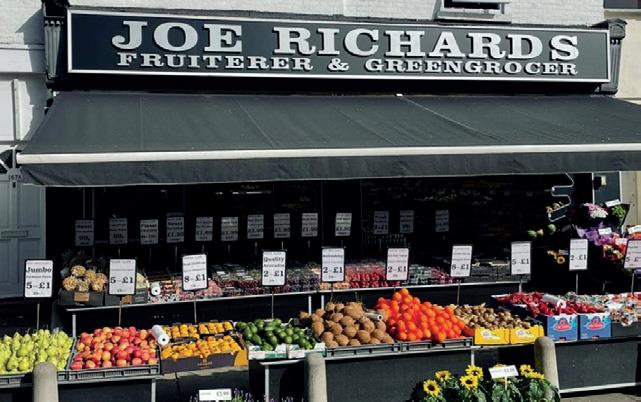
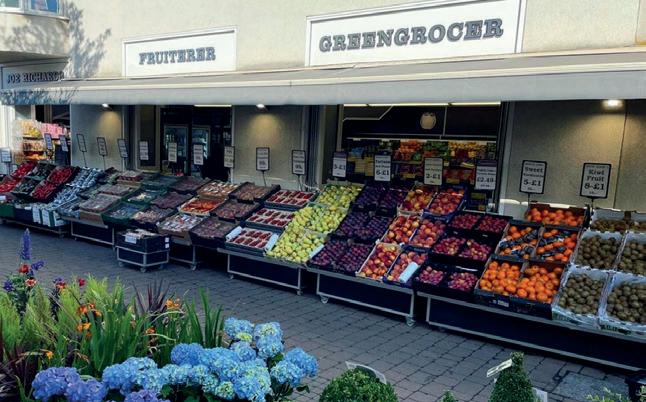

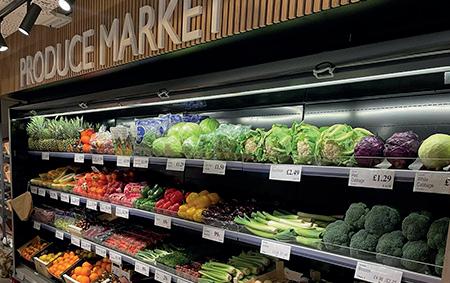
www.joerichardsshops.co.uk

Charlotte Sinton visits food distribution giant Reynolds to discover its strategy for delivering long-term, sustainable growth
Family-run food distributor Reynolds is enjoying a period of steady growth and business expansion. Despite being one of the country’s biggest privately-owned foodservice providers, the company – which was founded in 1945 by William Reynolds and is now managed by his grandson Tony Reynolds – has never lost sight of its roots.
Head of insights and marketing, Jo Wilkinson, explains: “We are a family business, with people at the heart of our company, a united team working together where every individual plays a part in our success. It’s the same with the work we do: there is extra care and attention that goes into it and we are people who work together, and are proud of the work that we do”.
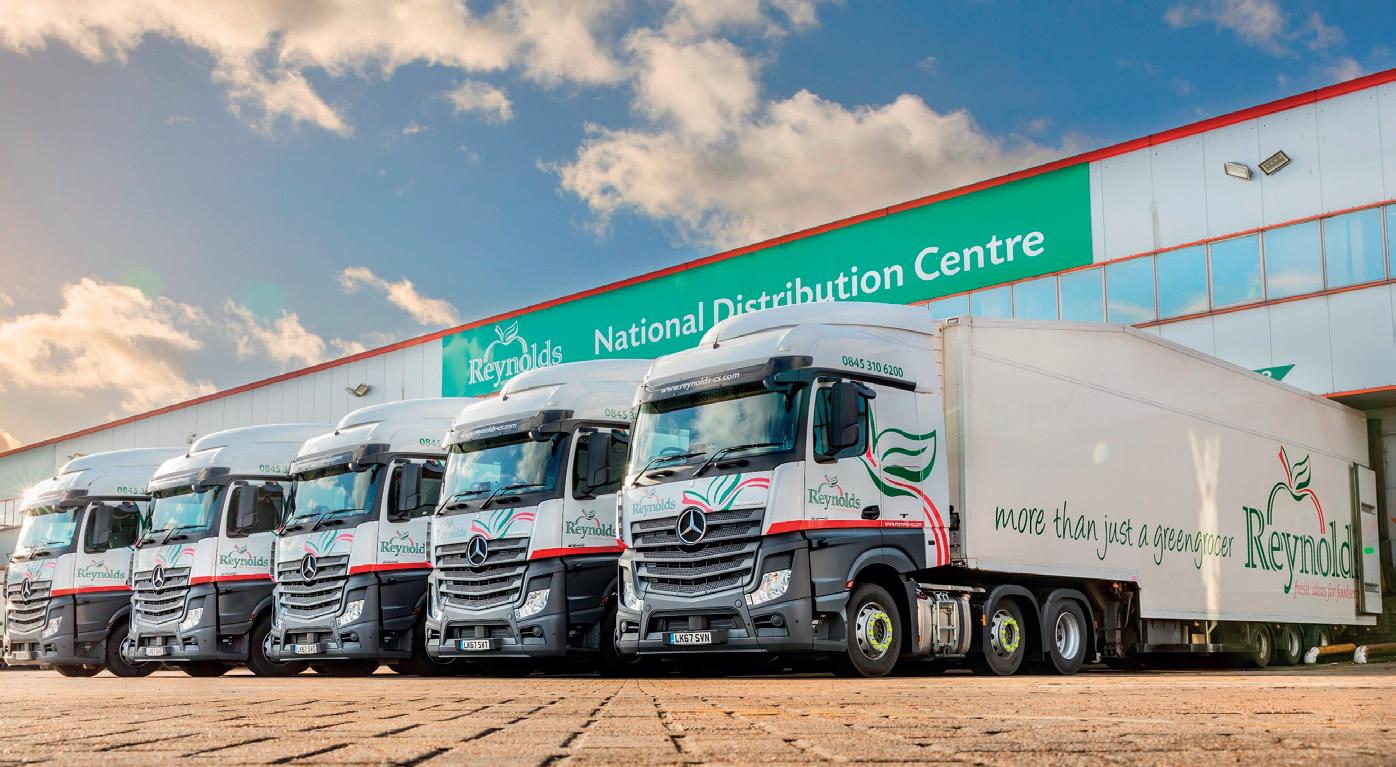
It is clear that one of the company’s key values is the very fact that it is a family-run business, and that is what really distinguishes it from the competition. Members of the Reynolds family can be found in all aspects of the company and are in regular contact with their customers.

The Reynolds of today, however, looks quite different from the Reynolds of even five years ago.
This is evident both in the difference in the range of produce it provides and the diversity of its customer base. The implications of the Covid pandemic may have forced many of Reynolds’ customers to temporarily strip back their menus or close altogether, but
since then Reynolds has drastically expanded its product offering, and this can be partly attributed to a number of recent business investments.
Its 2018 acquisition of Solstice, a high-end fruit and vegetable wholesaler, opened up a new business strand supplying premium hotels and Michelin-star restaurants. Other recent investments, including businesses like Shoal, Carnivore, and Davins, have allowed Reynolds to widen its offer to include fresh fish, meats, fruit, salads and juices.
The most recent investment was Braehead Foods, based in Kilmarnock, Scotland – a supplier offering high-quality, niche produce. This has not only increased Reynolds’ manufacturing capability, but also enables it to offer bespoke recipes to clients.

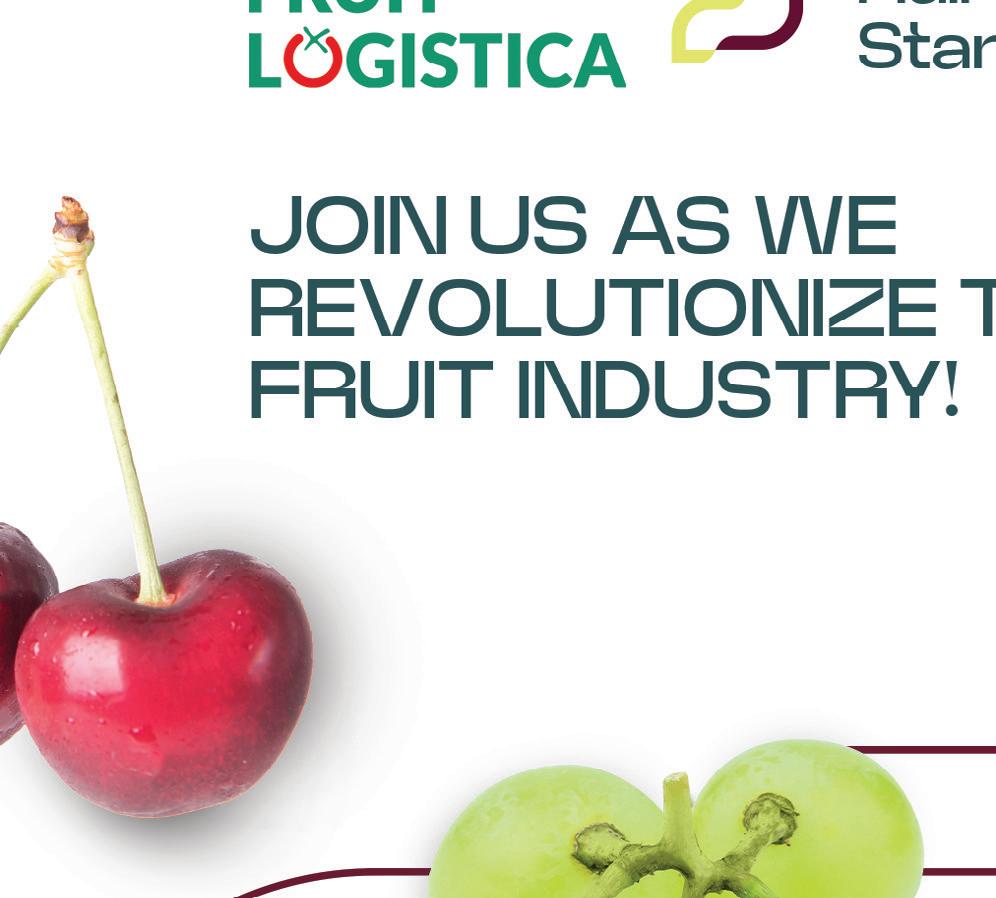
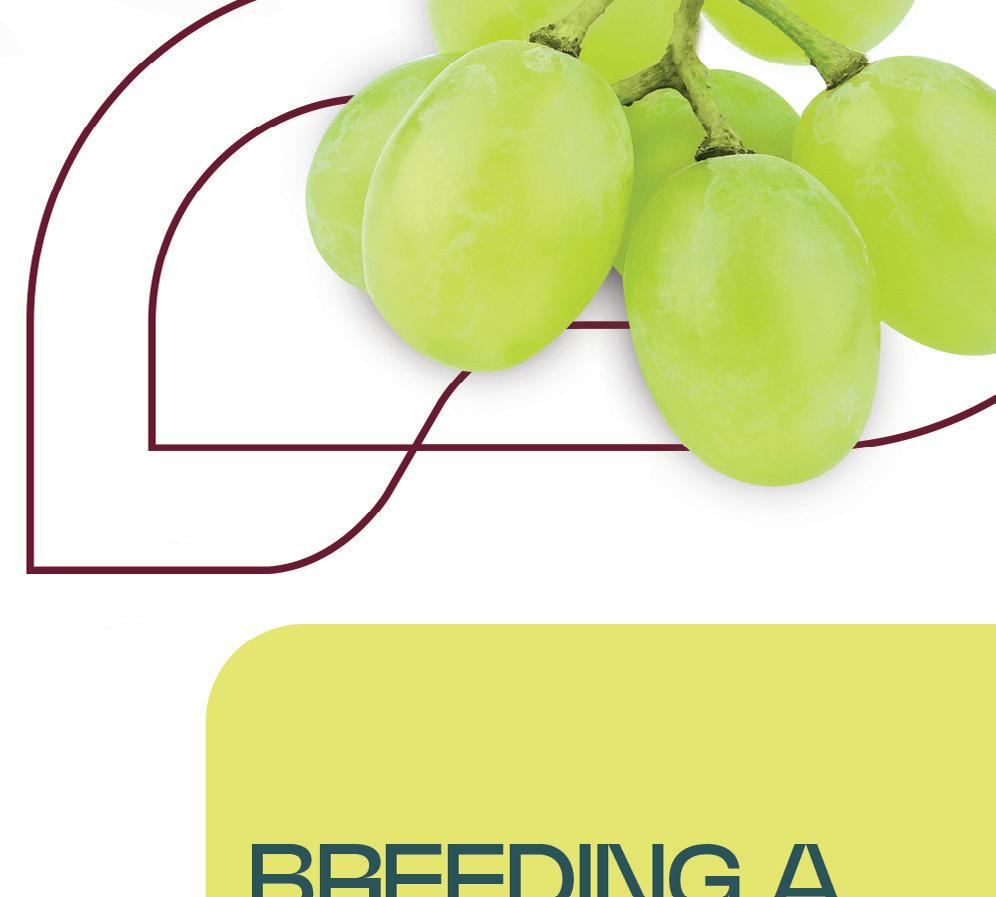

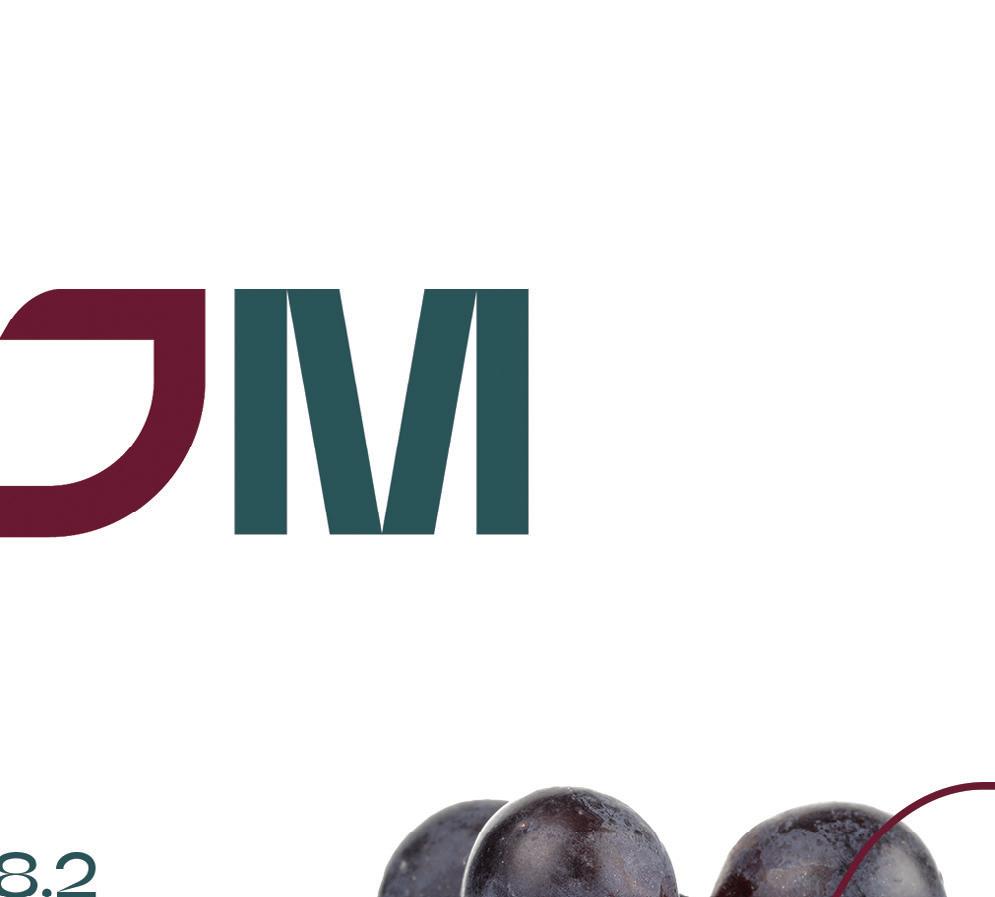

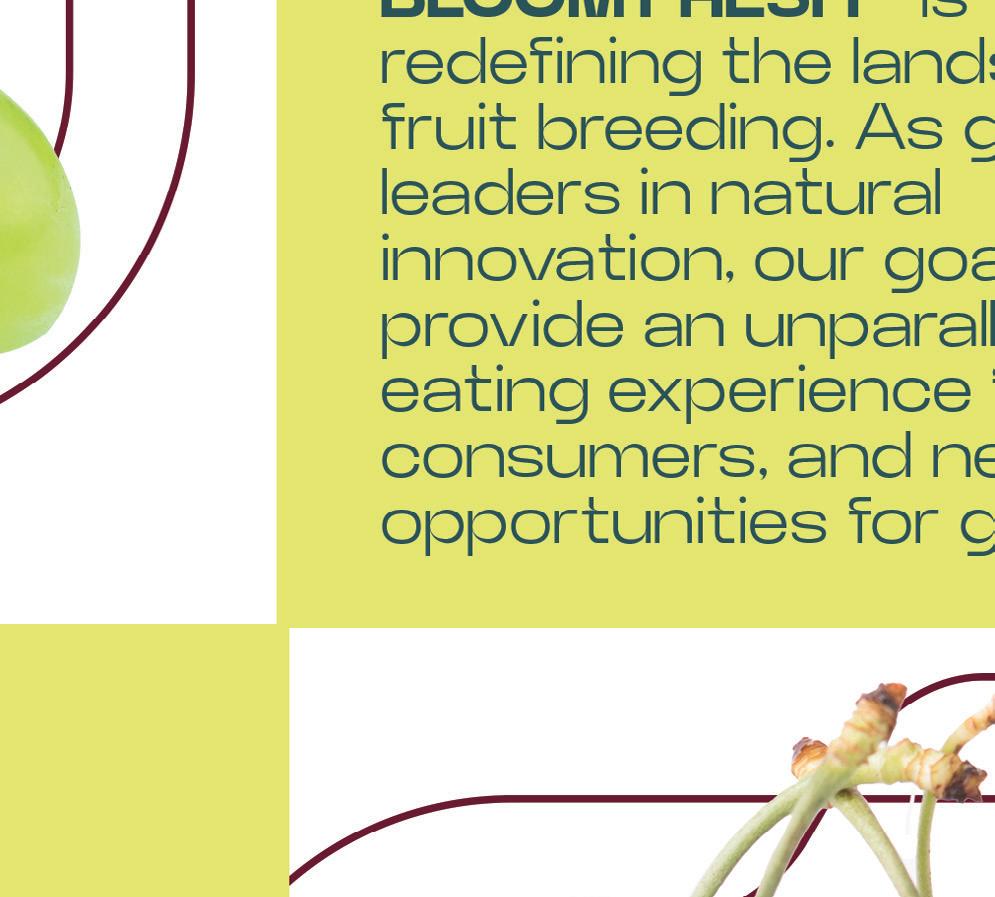




Another recent step taken by the company has been to increase its added-value produce offering, following a surge in demand for pre-prepared food. As a result, many chefs in independent restaurants or larger chain corporations are now able to save time when it comes to meal preparation.
This is something that has been crucial in the wake of the current staff shortages that are being observed all over the country. And it has the benefit of bringing a higher level of consistency in the standard of food being produced in restaurant and hotel kitchens.
“The assumption would be that the food quality decreases, but in actual fact, the reality is the opposite. You’ve got a consistency that you wouldn’t get if your staff weren’t as highly trained. We are sending in absolutely great quality food, and these are little shortcuts that can help chefs get meals together, as well as saving time and energy,” says Wilkinson.
It’s safe to say that this business strategy has been a success – Shoal, for example, recently enjoyed its highest recorded day of revenue to date.
Customer service is also something highly valued by the company, which continues to find new ways of supporting its customers.
One example is the company’s development kitchens, where innovative recipes and menu solutions are created in collaboration with clients. “We often say that our kitchens are an extension of our customers’ kitchens,” says Andy Weir, head of new business at Reynolds.
Given the unpredictable nature of the global food supply chain, Weir says it is vital that all of Reynolds’ customers receive support in making informed choices. “In the world of fresh produce, no two seasons are the same, and there can be real problems in some areas due to weather events and other crises,” he says.
With the help of other resources available to the business, Reynolds has been able to gain valuable insight into the current state of the market, how well certain restaurants and chains are managing, and what is driving this.
It also provides information about consumer behaviour – a factor that has become extremely pertinent in the current cost-of-living crisis. Reynolds is then able to share this information with smaller operations that do not have the means to gather this insight themselves.

With the pandemic firmly behind it and the company on a solid financial footing, Reynolds is making plans for a sustainable future. One of the key areas it is focusing on is transportation and it has already undertaken several trials with electric vehicles. As yet, no reliable electric solution has been implemented in full into the Reynolds transportation fleet due to inconsistent mileage as a result of limited battery life, as well as poor reliability, not to mention that the weight of the batteries reduces the volume of produce that can be loaded onto these vehicles.
However, there is no doubt that this is an area in which there is a lot of exploration, and Reynolds is committed to investing in new technology as it develops and becomes more suitable for the corporation’s needs.
Reynolds has also seen success in other areas. For example, it has had zero waste to landfill since 2014. Food waste is difficult to avoid in the food distribution sector, but this is something that is being tackled by ensuring that nothing that is suitable for human consumption is squan-

dered. Produce that does not meet the required standard for the business’ customers is given to employees, or sent to The Felix Project, which distributes surplus produce from suppliers to food banks and other charities.
Despite the scale of its operation, there is no doubt Reynolds remains a firmly family-oriented business at heart. This has not only helped navigate the company through challenging times, but also puts it on a sure footing for the future. fpj
ABOVE—Head of insights and marketing
Jo Wilkinson
TOP—Reynolds has trialled electric lorries but has yet to find a reliable solution
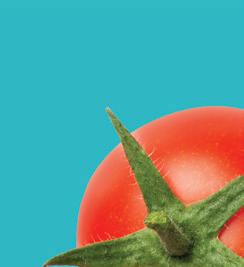
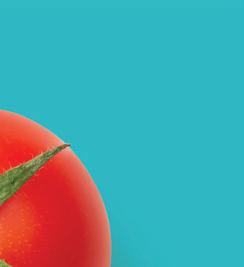
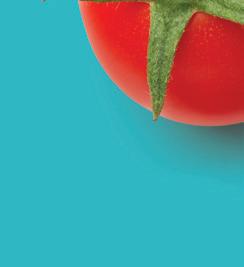


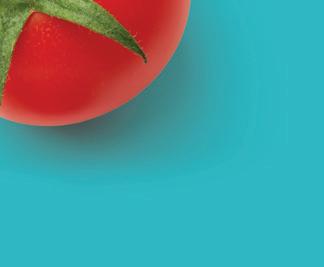
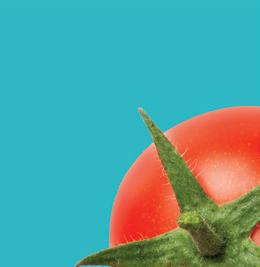
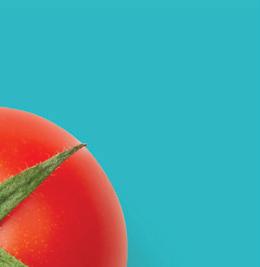
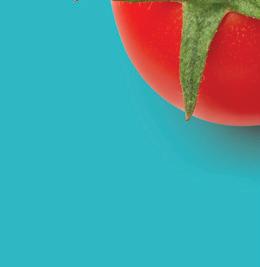
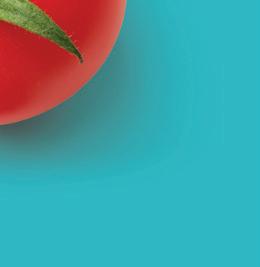





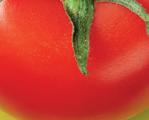







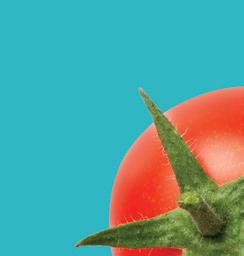
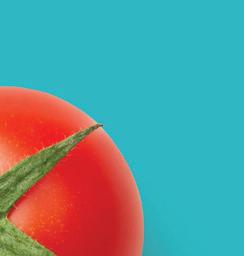
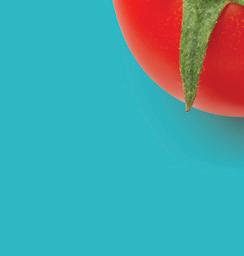

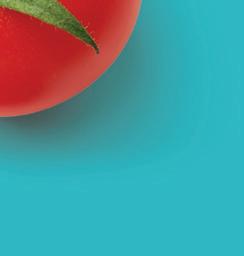

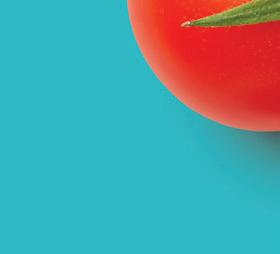

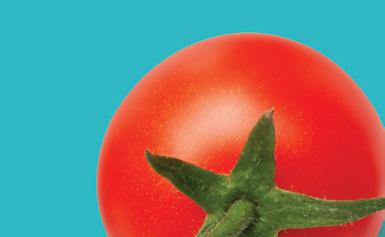
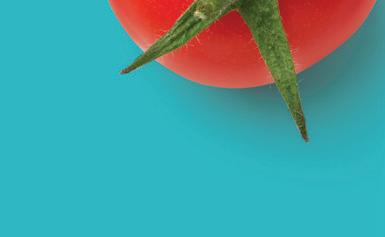
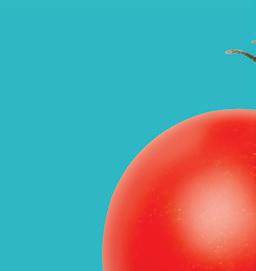



Ecuador’s banana industry faces serious challenges around security and climate change, but hopes are high in the sector following the election of President Daniel Noboa, heir to one of the country’s largest exporters of the fruit. Fred Searle reports from Ecuador
In more ways than one, the Ecuadorean banana industry now finds itself at a crossroads. On the one hand, this is a time of great promise: 36-yearold Daniel Noboa, the son and heir of banana magnate Alvaro Noboa, was recently elected president, raising hopes the government will prioritise the interests of the sector.
Meanwhile, banana exports are on the up, rising by 6.4 per cent year on year in January-October 2023, as trade recovers from the disruption caused by container shortages, higher freight rates, disruption to shipping services, and the war in Ukraine.
Encouragingly, the sector is also making good progress on workers’ rights and pay, recently taking steps to formalise compliance with the national living wage and setting an example for other banana-producing nations to follow.
On the flip side, there are major security concerns – and in some respects, the risks for producers and exporters have never been greater. The trade finds itself at the centre of Ecuador’s well-documented problems with gang violence. Indeed, containers of bananas have been a
BELOW—Ecuador is the world’s leading banana exporter and saw volumes rise in JanuaryOctober 2023
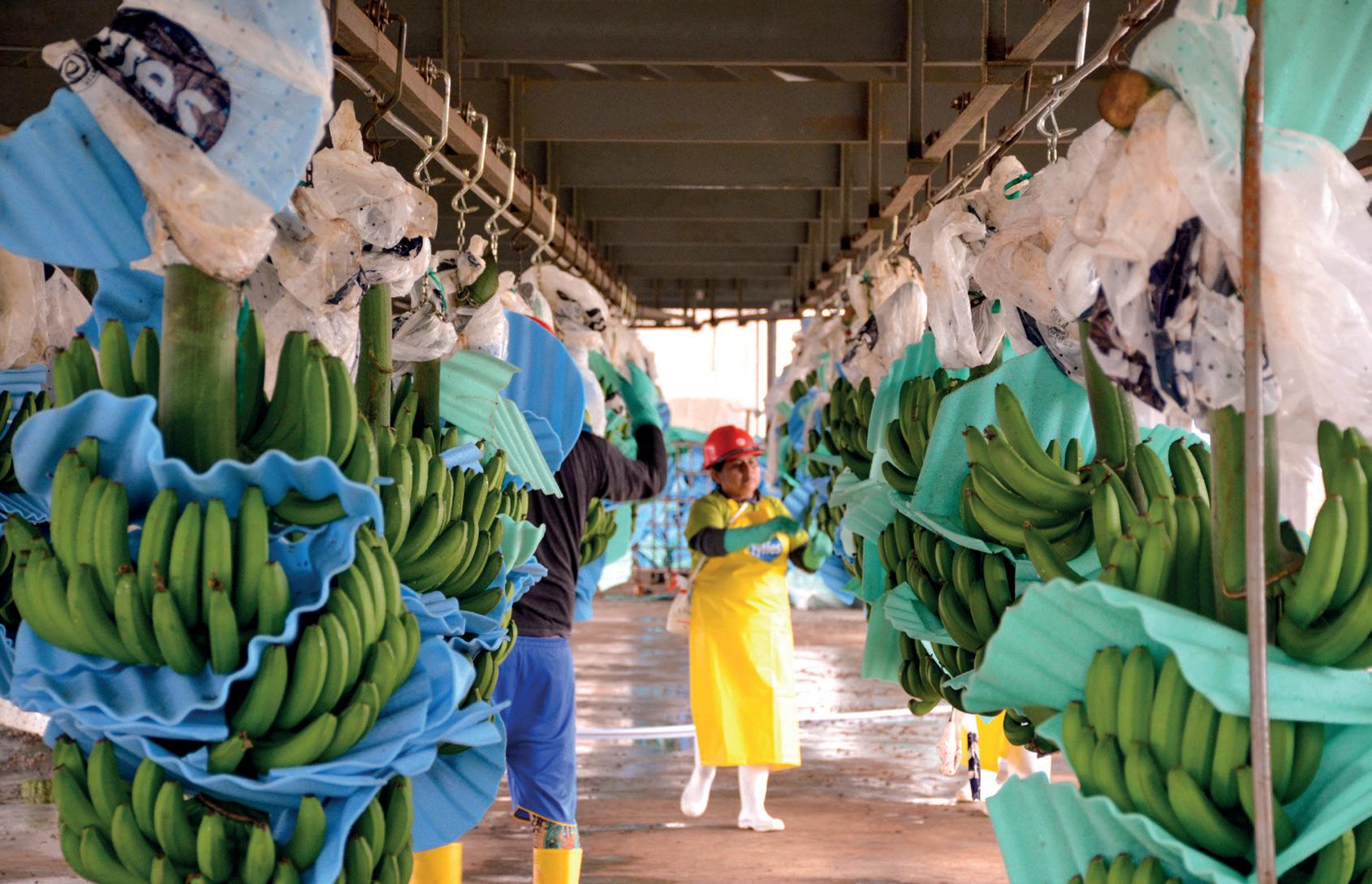
major target for cocaine tra cking, making contamination, lost shipments, and personal safety a big concern.
In addition, El Niño is making production increasingly unpredictable due to flooding and associated pests, with Agroban president Leonidas Estrada predicting big crop losses if the damaging weather phenomenon manifests at full capacity.
And there were reports from exporter association Acorbanec in December that European retailers were reluctant to sign supply contracts that support the new ‘minimum support price’ of a
box of Ecuadorean bananas, which has risen from US$6.50 in 2023 to US$6.85 in 2024.
Marianela Ubilla, president of the Association of Ecuadorean Banana Exporters (AEBE), kicked o the Banana Time convention in Guayaquil at the end of October with words of both hope and warning. “This product shows an increase of seven per cent in export volume and 18 per cent in FOB dollars compared to the same period in 2022, which shows that today more than ever, it is time for Ecuadorean bananas. However, we must remain alert.
“Our main markets are facing inflation, which could reduce the purchasing and consumption capacity of bananas in international markets. In addition, there are multiple challenges that the sector must continue to face, especially in terms of security, climate change, phytosanitary protection and the use of trade agreements.”


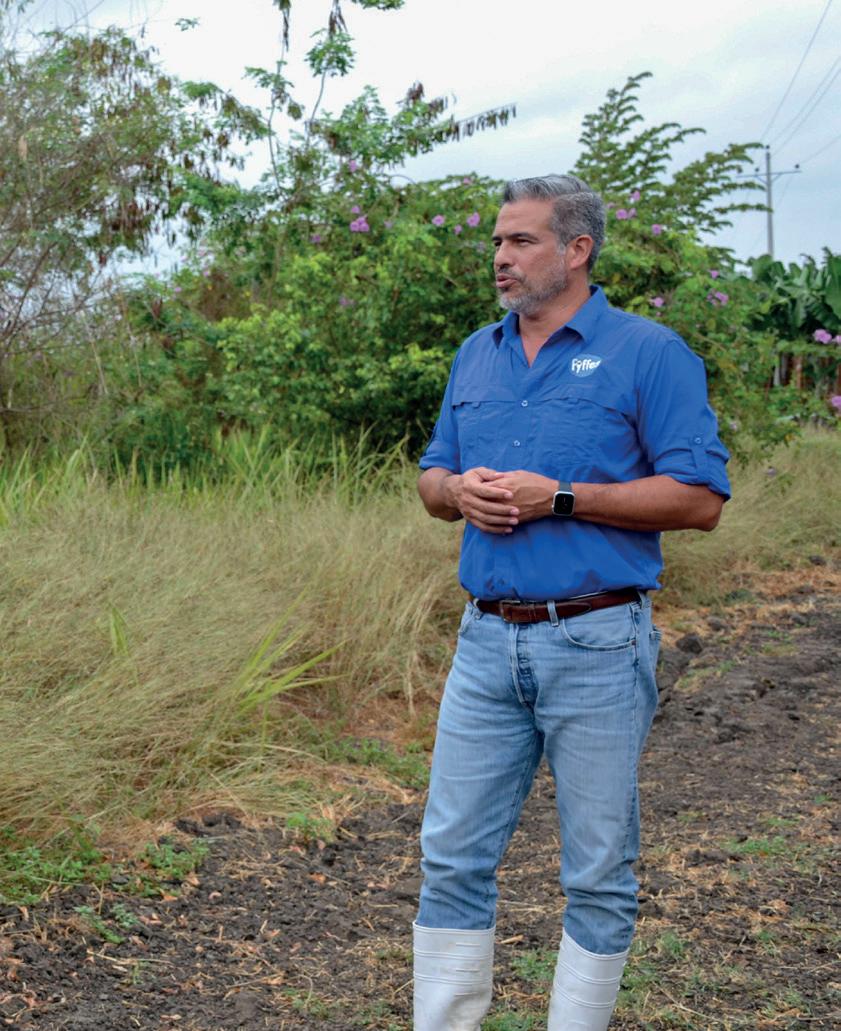
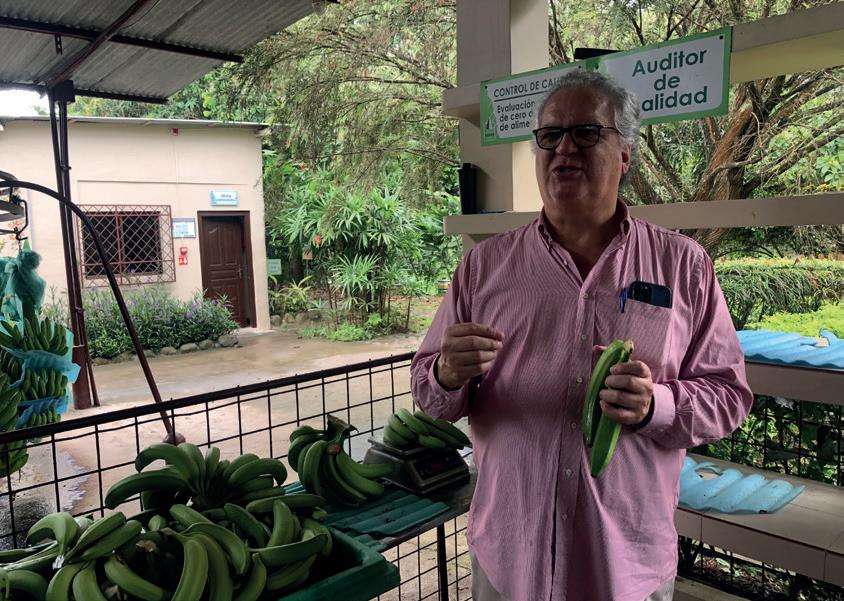
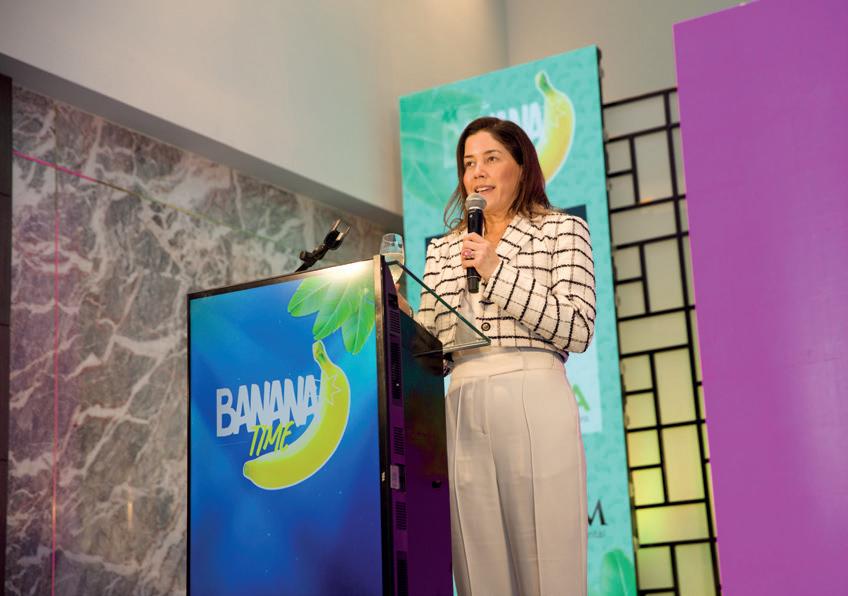
Although by no means the biggest, Fyffes is now a major banana producer in Ecuador, having set up its own production in the country 12 years ago. Prior to that, the supplier had exported bananas from other Ecuadorean growers, but today it also grows roughly 1,200ha of its own organic bananas on the Santa Elena peninsula near Guayaquil.
Leslie Medina, Fyffes’ banana production general manager, says he is “very happy” with the election of Noboa, Ecuador’s youngest-ever president, thanks to his business and family background. At the age of 18, Noboa created his own events company before joining the family business, Noboa Corporation, and holding management positions in shipping, logistics and commercial divisions.
The new president has said he would prioritise job creation through tax incentives and credit facil-
ities to help small businesses, as well as vowing a “firm hand” against drug gangs and the “militarisation of ports and borders”.
“We can expect a more business-oriented policy that facilitates investment, growth and employment,” says Medina. “In particular, it would be nice to see the government invest more in communications, road infrastructure and bridges in rural areas – to help facilitate business. This would be especially helpful during the rainy season when wet weather can block access to farms.”
On this note, the growing threat of El Niño is a hot topic following forecasts in July 2023 that flooding and droughts, intensified by climate change, could cost South America’s economies an estimated US$300bn. For the Ecuadorean banana sector specifically, the main fear is that heavy rainfall due to climate change can harm banana crops in three ways – by causing physical damage to plants, by harming the ripening process, and by increasing the prevalence of diseases such as black sigatoka, which can lead to significant crop losses.
More than 70 per cent of Ecuadorean growers say they have already seen climate change have a major impact on their farms, and climate impacts are estimated to have reduced producers’ incomes by 15.7 per cent on average over the past two years. Banana growers in the south have been especially hard hit, and back in July it was estimated that El Niño could cause the loss of up to 50,000ha of banana plantations. This is equivalent to 1,365,000 tonnes (worth almost $600m) in lost exports.
The other big talking point is
price, and it will come as no great surprise that there has reportedly been kickback from European supermarkets on the minimum price set for a box of Ecuadorean bananas in 2024.
Indeed, in 2022 Rabobank’s fresh produce expert Cindy Van Rijswick gathered data from the UK’s Office for National Statistics to reveal that retail prices for bananas in Britain were still below the level seen in 1987 –despite inflation and decades of rising costs and sustainability requirements for banana producers around the world.
“Bananas have a big problem,” Marcel Laniado of Machalabased banana producer La Nueva Pubenza told FPJ. “They are the commodity that supermarkets all over the world compare to see who has the lowest price. They are one of the core items in the basic food basket.
“If you increase the price of bananas by just US$0.60 per box, that is a huge amount of money for the farmer. But it would only add up to a tiny increase for the consumer. The shopper wouldn’t even notice this increase. But we have a problem with supermarkets’ commercial strategy.
“In my view, the problem isn’t the margin that each player in the supply chain is making. There are huge risks for exporters, so it is understandable that they make a 20 per cent margin, or whatever it may be. Likewise, retailers have big overheads, and they need to cover the costs of their stores. But if the retail price was increased only slightly, it would make the whole supply chain more stable and sustainable.”
Growers’ costs have increased significantly in recent years, not only due to inflation, but also due to the huge certification burden
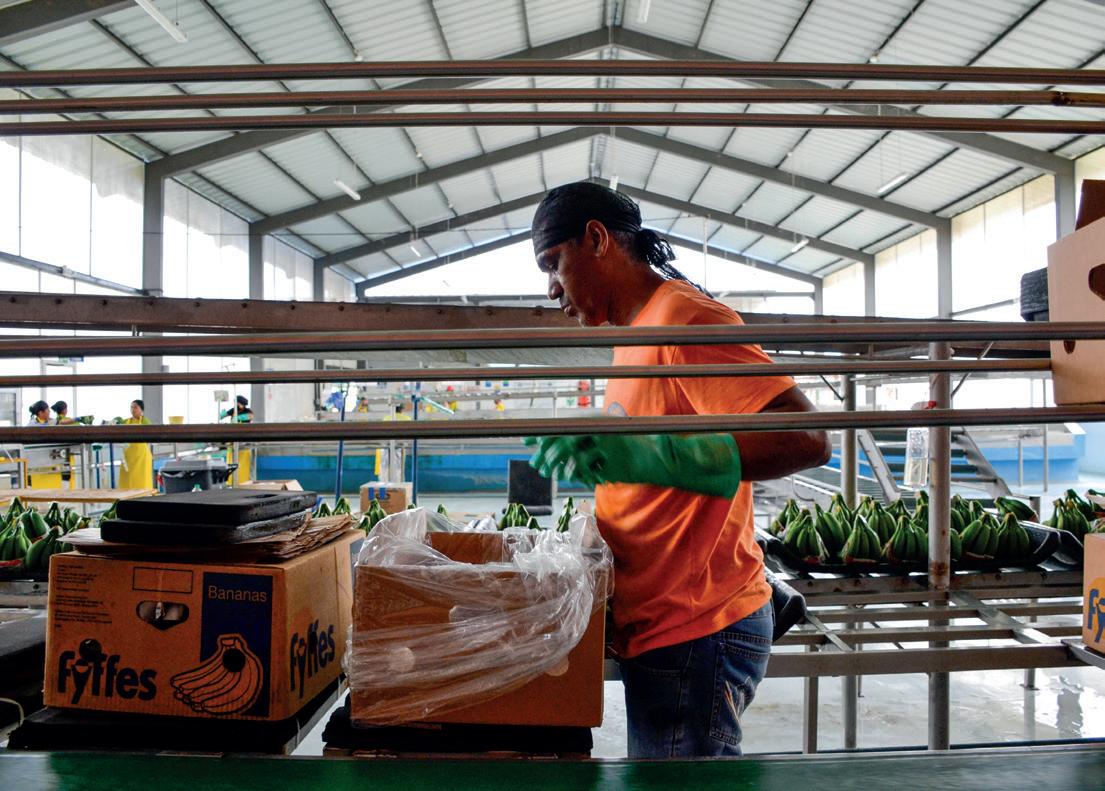
OPPOSITE TOP—Leslie Medina wants to see more investment in rural areas
OPPOSITE MIDDLE—Marcel Laniado says low banana prices are a major problem
OPPOSITE BOTTOM—Marianela Ubilla of AEBE sees challenges and opportunities
ABOVE—Ecuador has taken steps to formalise compliance with the national living wage
and rising wage bills. The impact of unsustainable retail prices on Ecuadorean banana producers was highlighted in April 2022 when growers from three provinces blocked main roads to demand government action to boost prices that they said were too low to cover the cost of production.
Richard Salazar, executive director of Acorbanec, emphasised at Fruit Attraction 2023 that the matter of living wages in Ecuador cannot be discussed separately from the issue of a fair price for bananas. He said: “Retailers have the chance to show commitment to a true shared responsibility”, adding that this requires “long-term contractual engagements on the volume of products, based on fair prices”.
Aldi’s commitment in August 2022 to consider the cost factors underpinning the Fairtrade Minimum Price when setting its retail prices was





certainly a step in the right direction. But given all the pressures and uncertainty facing supply chains at the moment, the sector needs better long-term support from the value chain.
Fyffes’ business development manger Michaela Schneider insists that consumers would be willing to pay more for bananas, pointing to research published last year which showed that consumers in six countries – the US, Canada, the UK, Ireland, Germany and the Netherlands – think the fruit is cheap and accessible.
“When you asked them what kind of price they pay for bananas, they overestimated the price and still thought it was cheap,” she says. “Around two thirds are willing to spend more for a banana that is certified as being organic or Fairtrade.” fpj



















João Barata, business unit director at SH Pratt Group, tells Luisa Cheshire about the challenges facing the UK banana sector – and how his firm is working to mitigate them

It has been a tough 12 months for the global banana sector.
Climate instability – as well as the El Niño phenomenon in Latin America – continues to disrupt the export industry, lowering production and impacting product quality.
João Barata, business unit director at SH Pratt Group, one of the UK’s leading banana suppli-
ers, says extreme weather patterns have hit banana-growing regions around the world. Some are experiencing drought, he says, while others are suffering from excessive rainfall. At the same time, record temperatures at both ends of the spectrum are messing with yields.
“Dramatically differing temperatures are not good for bananas, which are one of the most temperature-sensitive fruits,” he
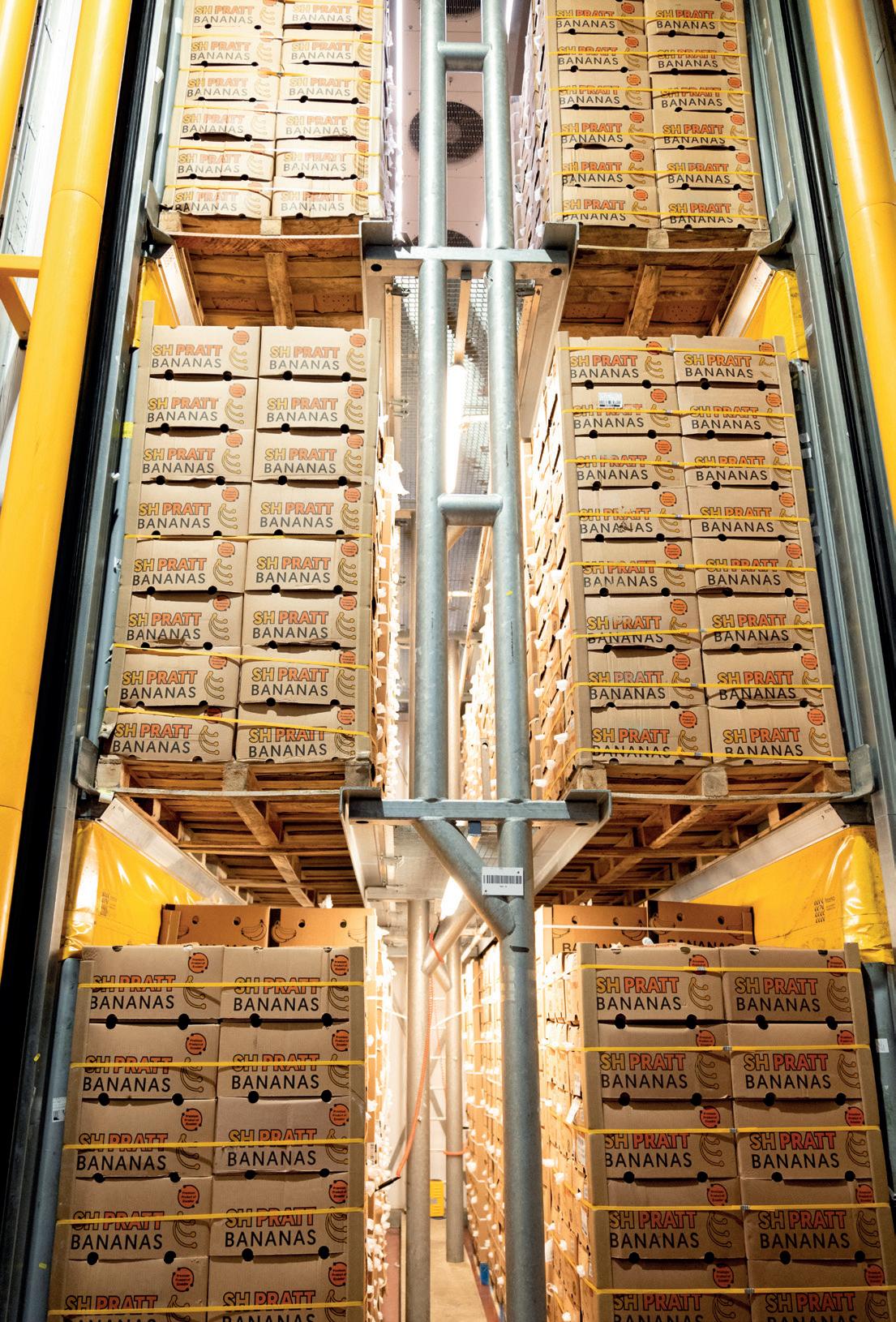
tells FPJ. “These vastly varying temperatures stress the plantations, affecting the fruit quality and production.”
The global industry anticipates lower banana volumes for the first six months of this year as a result – much to the chagrin of growers.
“If they produce less fruit per hectare, their cost of production rises,” Barata explains. “This is proving problematic for the industry. In addition, the amount of certification growers now need to supply the UK and the European markets means their costs have increased massively.
“It is a difficult situation for the banana indus-
try as there is always significant pressure within the market to reduce costs,” he continues. “However, it is virtually impossible to reduce the price paid to the growers for a box of bananas. This is due to worldwide inflation issues, reduced production, and the living wage requirements, which collectively are having an impact industry-wide.”
Barata is quick to add that SH Pratt Group’s volumes should not be significantly affected since it works with long-established suppliers spread across diverse locations.
“Our company continues to support our growers, and there are strong and long relationships in place,” he says. “Companies that don’t have ongoing contracts, or fail to have strong relationships at source, will struggle to guarantee fruit availability. However, we don’t envisage this will result in empty shelves in the supermarkets.”
The banana shipping situation, meanwhile, could be compared to a curate’s egg – good in parts. On the plus side, container rates from Latin America to the UK and Europe have significantly reduced, which has had a positive impact on the market. However, ongoing issues in the Panama Canal are severely disrupting exports.
“El Niño and drought have led to the authorities reducing the daily number of shipping vessels by more than 50 per cent, which means delays and higher costs to traverse the canal,” Barata explains.
“All bananas from Ecuador, the biggest global exporter of bananas, are transported via the Panama Canal, and these services call at other ports in Latin America, causing logistics delays and disruptions.
“SH Pratt Group has taken measures to mitigate risks, especially as Ecuador is an important source for us. We have doubled the number of shipping lines we use in 2024, to give us access to more services and guarantee that if something goes wrong, we have more options.”
As well as these transport problems, the global banana industry continues to wrestle with the threat of disease. Tropical Race 4 (TR4) affects bananas in Latin America, Africa and Asia, and its variants can lead to the demise of certain varieties, says Barata.
“There is extensive research into the issue, including establishing a banana variety which will be more resistant to the latest variant/mutation of the disease,” he says. “However, we think climate change is a bigger threat overall to the industry.”
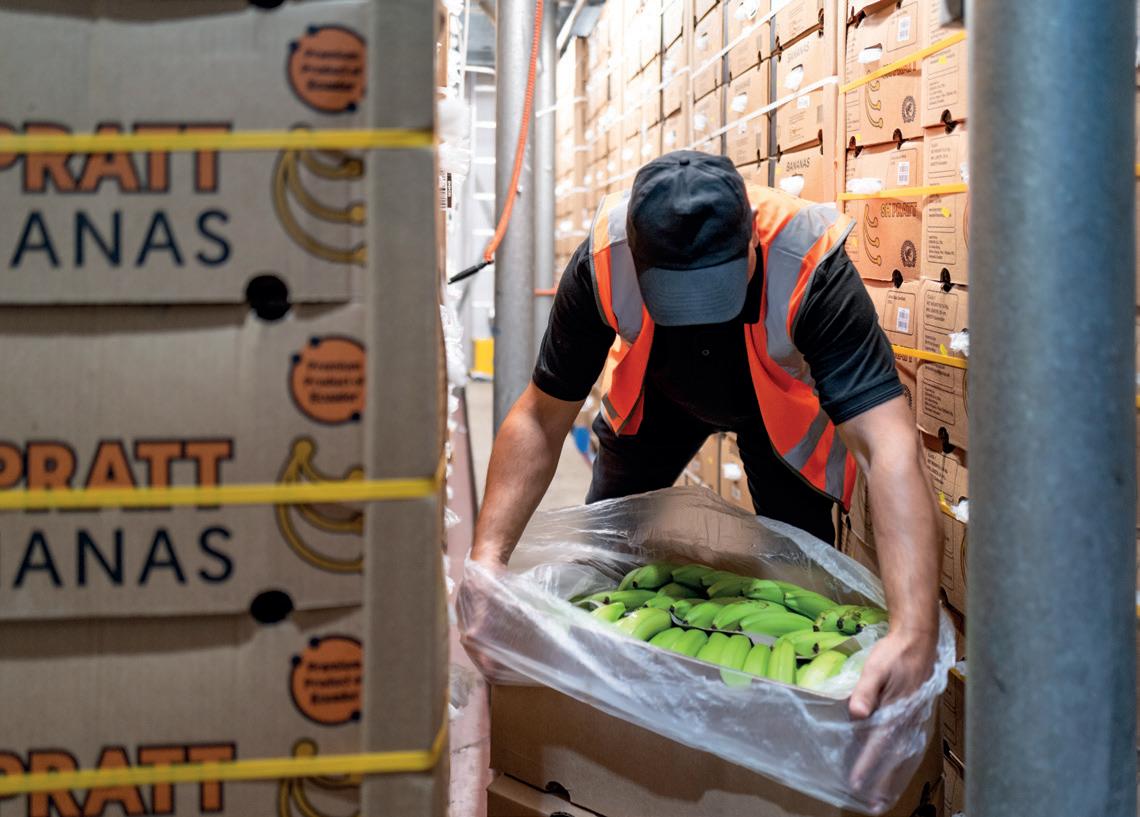
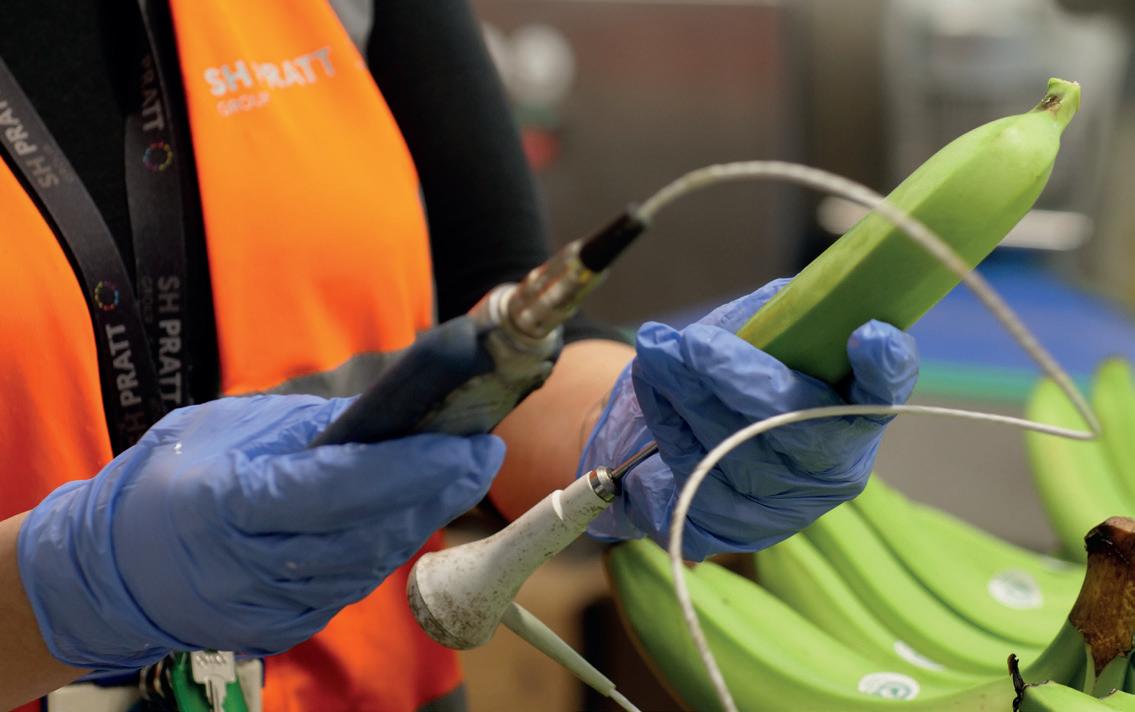
Nevertheless, SH Pratt Group remains committed to a future in bananas. “We are in a very stable situation and continue to invest in our facilities as we are always looking for new ways to improve,” says Barata.
“We are constantly investing in our ripening rooms to update and modernise our technology systems. We have made significant investments in our operations to ensure we remain as lean as possible, reduce costs, and utilise new systems to make the company as efficient as possible,” he adds.
“These major investments mean we continue to have a sig-
nificant share of the UK market. And although we are not at 100 per cent capacity, we are not far from it.”
Beyond its UK operations, SH Pratt continues to explore opportunities in Europe, Barata reveals. “Due to our long-established reputation as experts in the sector, we have been involved in consultation projects with different retailers across Europe and have been enlisted to help improve their operations,” he says.
Bananas remain very popular with UK consumers, Barata concludes. “We know that for every 10 customers visiting the supermarket, nine will buy bananas,” he says. fpj
Price inflation and weather woes have been a major challenge in the tropical sector, but more recently there has been a return to penetration growth in some fruits. Fred Searle reports
Fred SearleThe past year has been a difficult one for tropical fruit consumption. The cost-ofliving crisis forced some consumers to switch to lower-cost fruits or simply buy fresh produce in lower volume. It is therefore little surprise that tropical fruit volume fell by six per cent, according to Kantar, in the year to 24 December 2023.
The decline was largely driven by smaller basket sizes and penetration loss, which fell by 2.5 per cent and 3.8 per cent respectively. In total, there were 44 million fewer tropical fruit occasions in the 52 weeks to 26 November, a 3.9 per cent decline. However, sales value grew by 5.9 per cent, solely driven by price inflation at 12.6 per cent.
To some extent, these tropical fruit trends have been mirrored in the prepared sector, which saw average price increase by 12 per cent and penetration decline by four per cent in 2023. “Inflationary pressures have been a major challenge,” stresses Hugh Pile of Blue skies. However, in the past 12
ABOVE—Extreme weather is a ecting the price and availability of mango
weeks there has been a return to year-on-year penetration growth in the sector, across mango, coconut and pomegranate.
“Mango continues to be a powerhouse within the category, but quality remains a driving force on penetration and frequency,” Pile adds, explaining that the fruit has been “exceptionally hard hit” in the last six months.
“A whole host of factors have and will a ect the price and availability of mango in 2024,” he says.
“The e ective failure of the Spanish crop due to 2023 droughts is currently expected to repeat in 2024; the Q1 crop in Peru and Ecuador (which supply 90 per cent of European mangoes in the first part of the year) has failed due to El Niño; and huge demand from Europe and the US has pushed up prices further. Overall, we are seeing prices 60 per cent higher than last year, and a huge restriction in available volumes (reports say up to -80 per cent).”
In the context of the huge market demand for mango, and the fruit’s reduced availability, Blue Skies has been experimenting
After processing at source, Blue Skies mainly airfreights its prepared fruit to the UK. In 2023, the company signed up to the Science Based Targets initiative (SBTi) and committed to an SBTi net-zero target by 2050 and a near-term SBTI target of at least 30 per cent reduction in emissions by 2030 (from a 2021 baseline). It has committed to achieve this by working towards a host of targets, such as reducing energy intensity, deriving more energy from renewable sources, and sending zero waste to landfill.
In 2023, Blue Skies launched Fairmiles 2.0 in partnership with the University of Northampton, University of Exeter, COLEAD, the Overseas Development Institute and a consortium of fresh produce companies. The initiative seeks to work with industry to develop a fair approach to net zero without stopping vital market access for developing world producers.
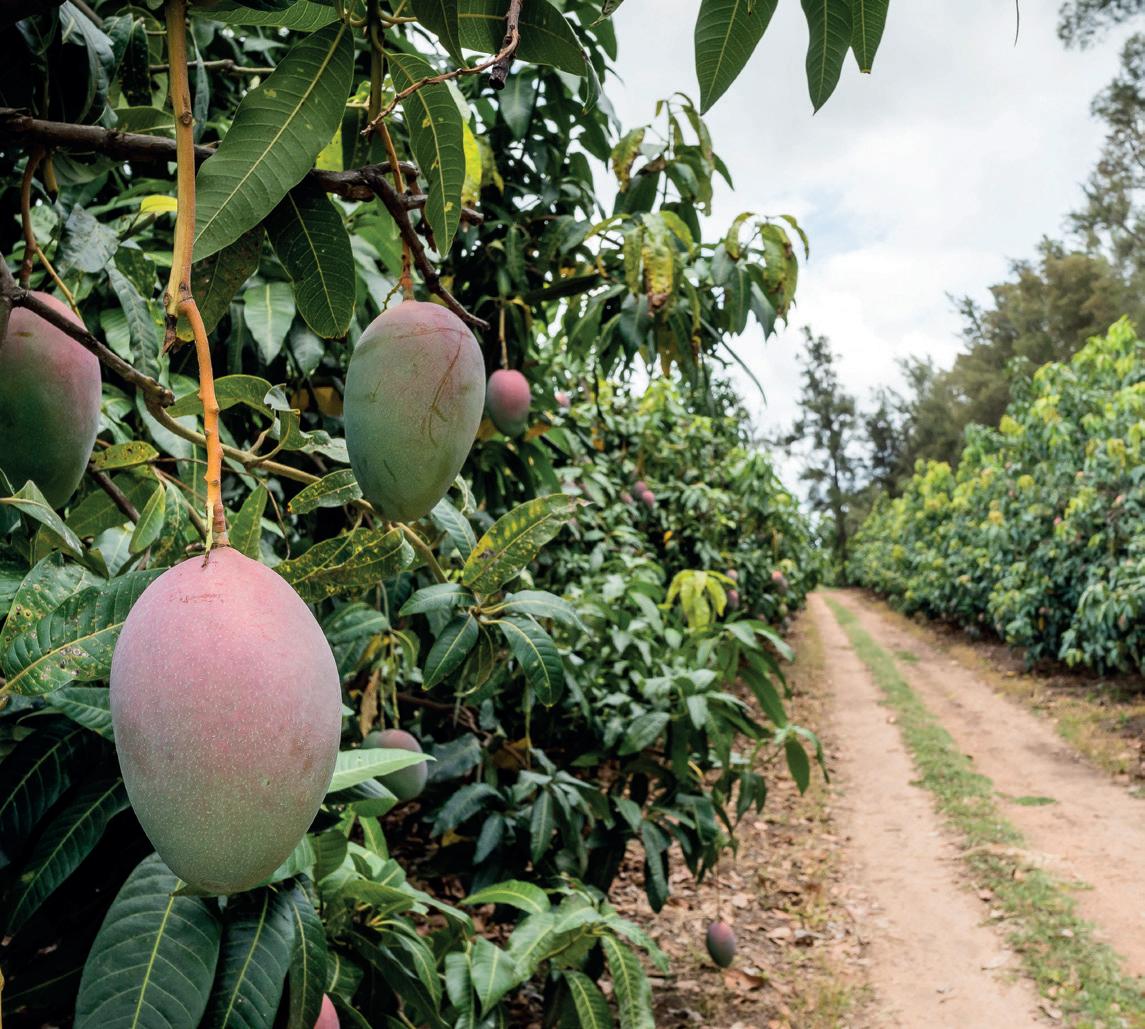
with new varieties. The supplier believes some, such as Naomi or Heidi, could become attractive o ers for retailers as either special varieties or a contingency option. “We have also been working with varieties such as Tommy Atkins, which do not sea freight well but are perfect for the local processing of fruit that is processed only days after harvesting.”
When it comes to more niche products, Pile sees Sugarloaf pineapple (a super-sweet white variety) as something of a “sleeping giant”. “We know consumers love the product when sampled, but we need to educate people more on its fantastic quality,” he says. fpj
• The tropical fruit market grew by 5.9% in spend, solely due to price inflation of 12.6%. This growth was offset slightly, mainly by smaller basket sizes and penetration loss.
• Nearly all retailers gained in spend, with price inflation the main driver. Aldi (+18%), M&S (+13.9%) and Asda (+8.8%) grew fastest.
/ Emily.Tsang@kantar.com
52 w/e 24 December 2023
Tropical fruit consumption falls
• There have been 1bn tropical fruit occasions in the last year, down 3.9% YoY (-44m occasions).
• Tropical fruit performance broadly aligns with total fruit, which saw a 2.2% YoY drop.
Tropicals preferred at dinner
• Tropical fruits are mainly enjoyed during the evening meal, accounting for 26% of occasions.
• This trend is particularly noticeable in fruits such as pomegranate and passion fruit.
Eaten for health, not practicality
• The primary motivation behind the consumption of tropical fruit is health, accounting for 81% of all occasions.
• Practicality does not hold significant relevance.
/ Emily.Tsang@kantar.com
52 w/e 26 November 2023
World’s biggest pineapple exporters (tonnes)
Despite drought in the Mediterranean region, sustained market demand for the Nadorcott mandarin bodes well for the 2024 campaign, according to the Association of Nadorcott Producers in Morocco (APNM) and Nadorcott Protection (NCP). Tom Joyce hears from the two organisations
The Moroccan Nadorcott is well known around the world. What further growth potential do you envision?
Morocco expects to market a tonnage exceeding 250,000 tonnes, with approximately 10 per cent coming from newly producing plantations this season. The Association of Nadorcott Producers in Morocco (APNM) continues to promote Nadorcott in the country through its quality label, Nadorine Naturally Low Seed, and all producers are committed to taking actions to enhance the brand image of this truly Moroccan variety.
Which export markets appear most promising? Are there specific markets you are targeting this year?
The development programme, supervised by the APNM Board, positions Morocco at the forefront of Nadorcott exploitation in terms of area, production volume and exports (approaching 300,000 tonnes), surpassing other origins for the last two seasons.
Can you discuss the impact of drought on current citrus production in terms of volume and quality?
Like many countries in the Mediterranean basin, Morocco is experiencing the e ects of water scarcity due to low precipitation in recent years. However, citrus-producing areas are still able to maintain adequate production levels, although growth in the production area in Morocco is becoming less significant.
The dispute between Nadorcott and Tango persists. What chance of a resolution following the decision of the International Union for the Protection of New Varieties of Plants (UPOV) on essentially derived varieties (EDV)?
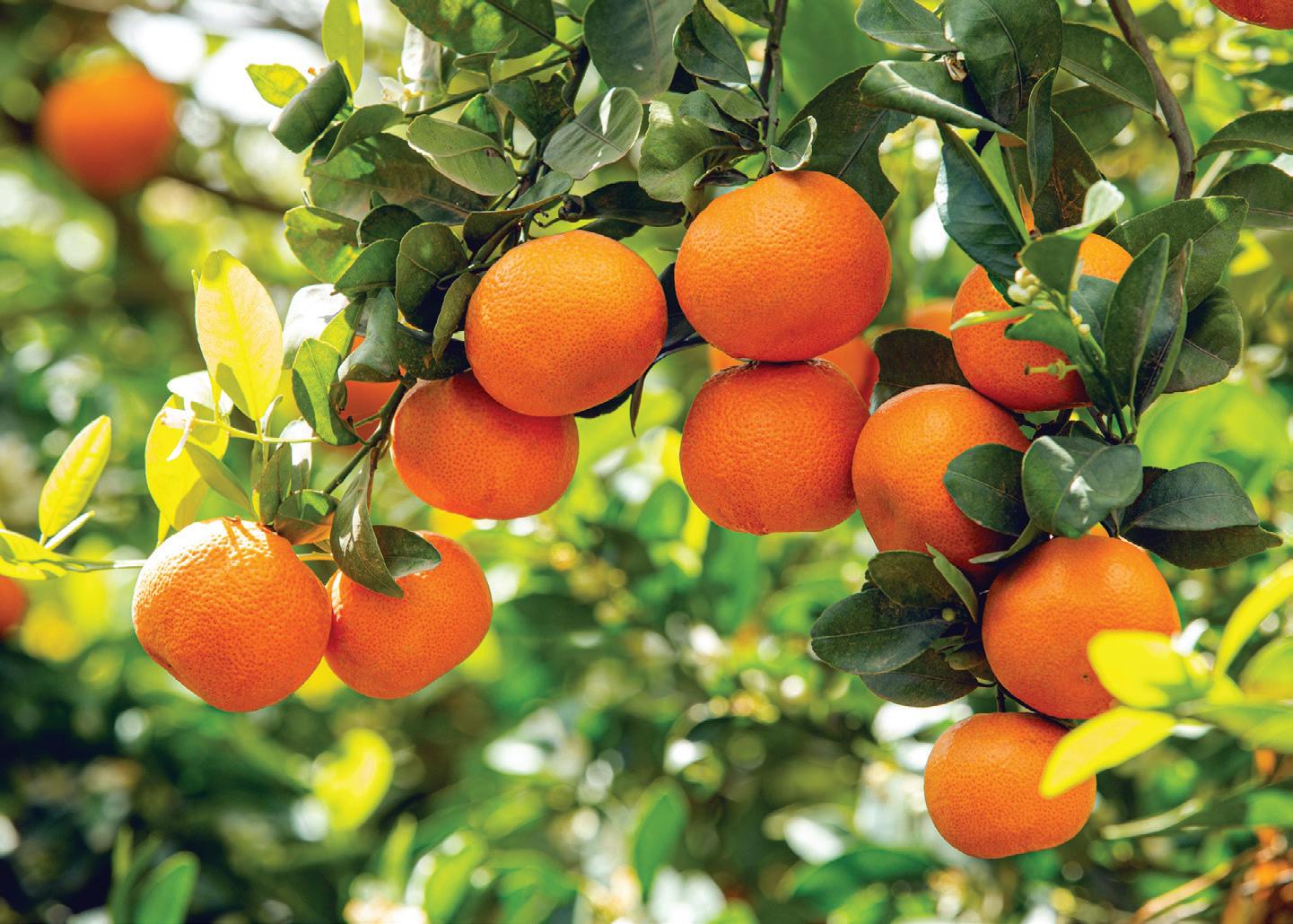
Nadorcott’s rights holders are determined more than ever to defend their rights before all courts. The new UPOV Guidelines strengthen the position of Nadorcott rights holders regarding the concept of EDV. Nadorcott Protection (NCP) has always maintained that Tango is a Nadorcott EDV. An essentially derived variety requires authorisation from the rights holders of the first variety for its exploitation.
What other challenges do you face? Is labour availability an issue?
The greatest challenge is the growing deficit in water resources, consistent with other Mediterra-
nean countries. We are engaged in all actions contributing to environmental preservation. Labour availability, both in quantity and quality, is not perceived as a problem for Nadorcott exploitation.
Are you optimistic about the year ahead for Nadorcott?
Considering Nadorcott’s production performance and sustained market demand, we anticipate a positive Nadorcott season. The Moroccan Nadorcott stands out for its late availability on the shelves, with production extending from January to the end of April, allowing it to be marketed later than other mandarin varieties. fpj
Last September, I was talking to a French apple exporter about the endless list of challenges the European fresh produce sector has faced over the past 15 years, from the Russian embargo through to Covid-19.
Suddenly, one of us remembered the Suez Canal blockage of 2021, the result of an innocent steering error that had caused instant chaos to supply chains. We were alarmed, both at how quickly we had forgotten and at how easily another Suez crisis could be precipitated. We didn’t know it, but we were discussing “choke points”.
In military strategy, a choke point is a geographical feature on land that an armed force must pass through in order to reach its objective, having the effect of limiting the stronger side’s advantage. In November, the Houthis in Yemen began responding to the conflict in Gaza by attacking ships passing through the Red Sea, forcing many to take the longer route around Africa, adding an extra one to two weeks of travel time at a cost of around US$1m. The Suez Canal remains in use, but the volume of containers passing through has plummeted. Between November and December, the number dropped from 500,000 to just 200,000 a day.

Since the Suez Canal and the neighbouring Sumed pipeline carry around 4.5m barrels of oil a day, the potential impact on oil shipments and prices is likely to be the primary motive behind the US and UK’s military response in Yemen and the continuing war of words with Iran, which has denied western claims that it is assisting the Houthis.
Involving Iran risks bringing another strategically important maritime choke point into play, the Strait of Hormuz, which connects the Persian Gulf and Arabian Sea. In response to sanctions, Iran has threatened to close down the Strait of Hormuz several times, posing a severe threat to the global oil market due to the high volume
of oil and natural gas that passes through each day.
Yet another choke point for trade is the Panama Canal, which links the Pacific and Atlantic Oceans. There the biggest current concern is intense drought. Reduced capacity due to lower water levels has forced Maersk to transfer cargo to the alternative railway line. Another option was to take a 10-day detour between Asia and the US via another canal: Suez.
Whether the present crisis will be another one to remember, I’m sure we’ll eventually find out. fpj









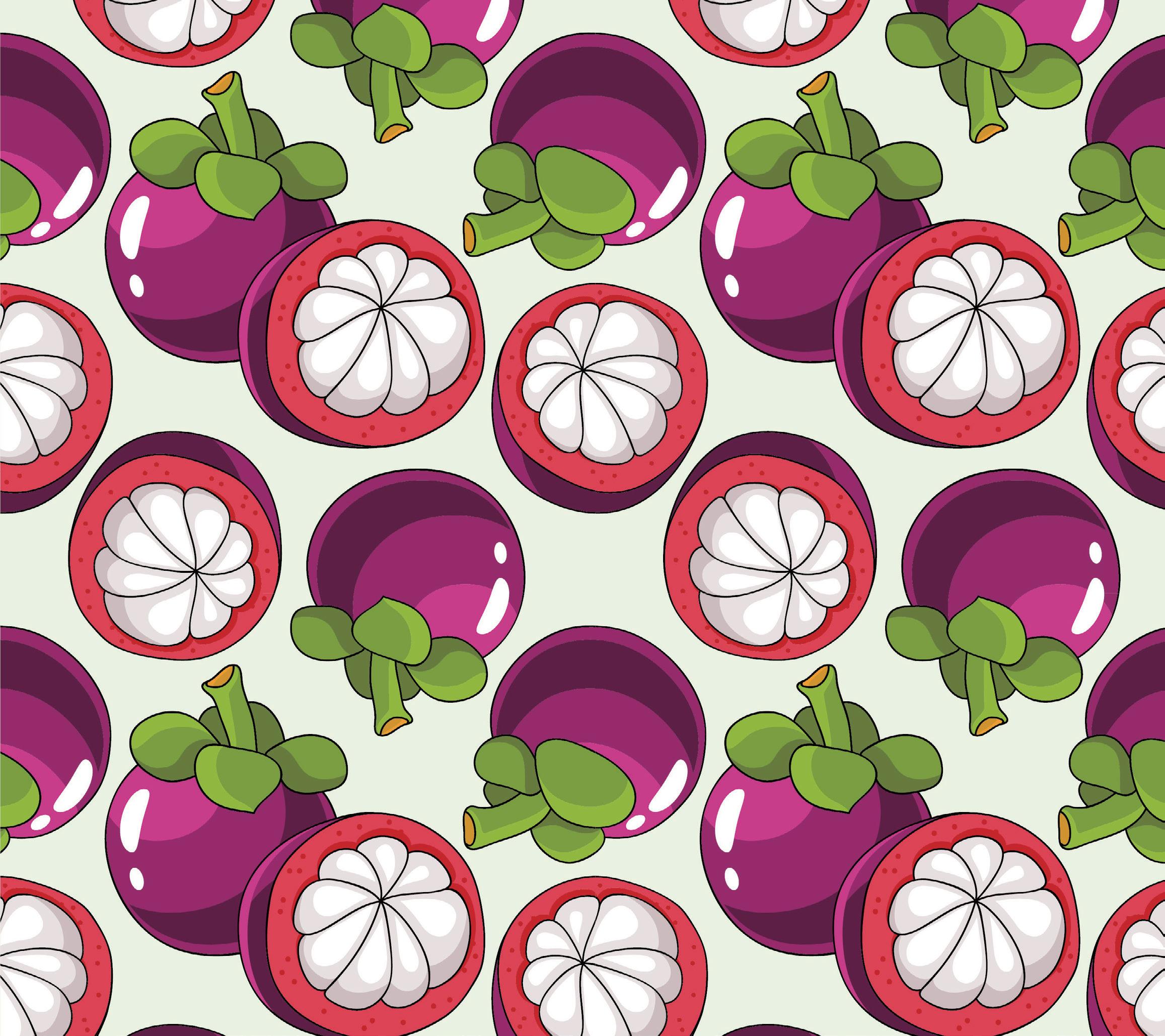
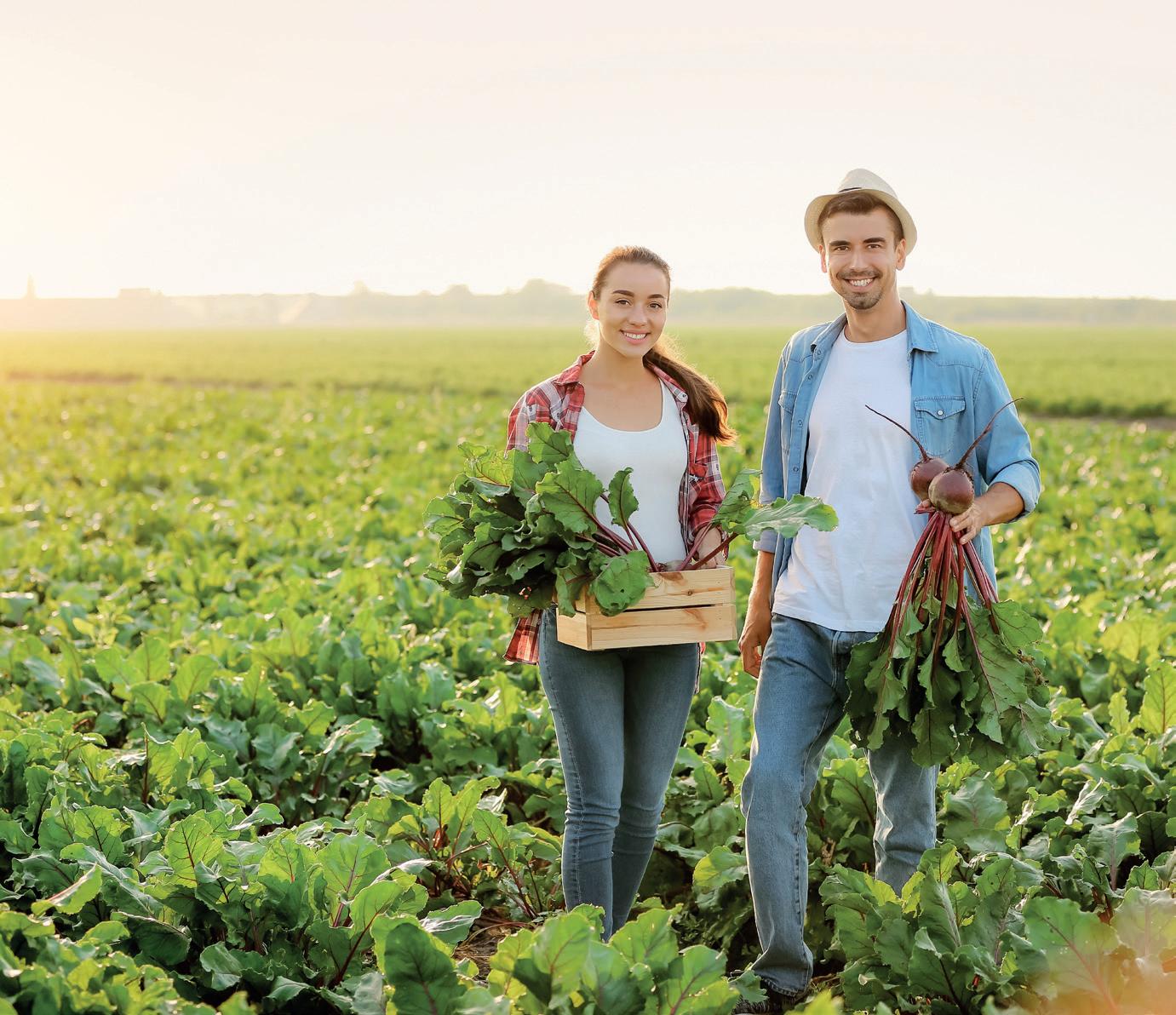
The 2024 Young Horticulturist of the Year competition will shortly open for entries.
Run by the Chartered Institute of Horticulture, the first round opens online on Thursday 1 February 2024.
The competition is free to enter and open to anyone across the UK and Ireland who is under 30 on 31 July 2024.
Whether a student, apprentice or already working in the industry, the contest is described by organisers as “a fantastic opportunity to test your horticultural knowledge and network with a wide range of individuals from across the industry”.
The winner gains the title of Young Horticulturist of the Year and will receive a £2,500 travel bursary from The Percy Thrower Trust, which is provided by the Shropshire Horticultural Society.
The bursary can be used to undertake a trip anywhere in the world to study, complete work experience or embark on visits related to their chosen field of horticulture.
The Grand Final will be held on Thursday 9 May at Hestercombe House and Gardens in Taunton.
New Covent Garden Market catering distributor
Rushton’s donated 3.5 tonnes of fresh produce to Crisis UK in the lead up to Christmas.
Rushton’s has an ongoing relationship with Crisis UK, helping the charity supply the capital’s homeless with vital and nutritious food.
With support like this, and the dedication of over 3,300 volunteers, Crisis delivered hotel accommodation, hub services, food, and wellbeing packs to nearly 3,500 people facing homelessness over the Christmas period in 2022.
Rushton’s head of marketing Hannah Turner called on others to support Crisis “and empower someone to begin their journey beyond homelessness”.
“Any donation can make a meaningful impact by providing crucial resources, shelter and assistance to individuals in need during the holiday season,” she said. fpj
